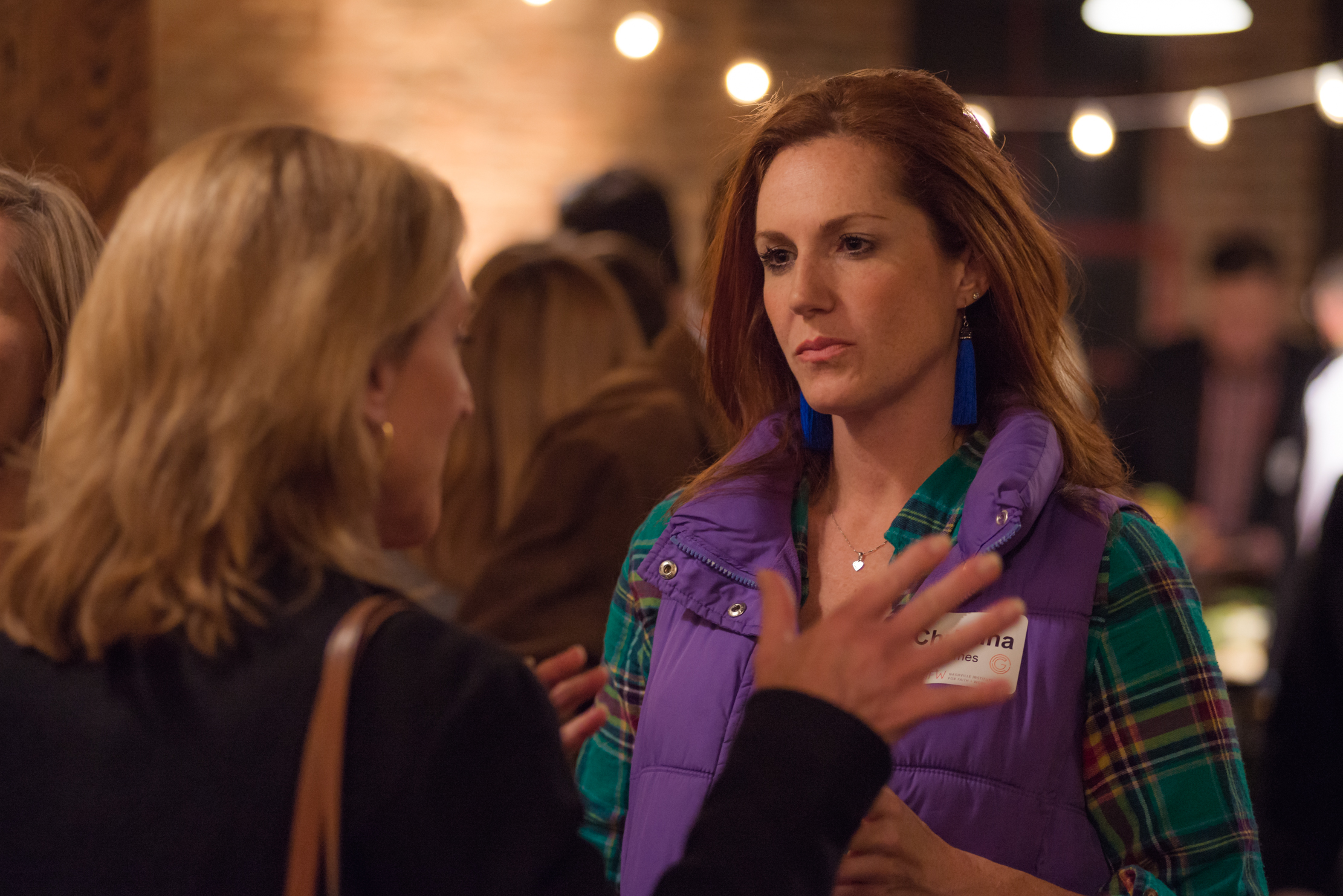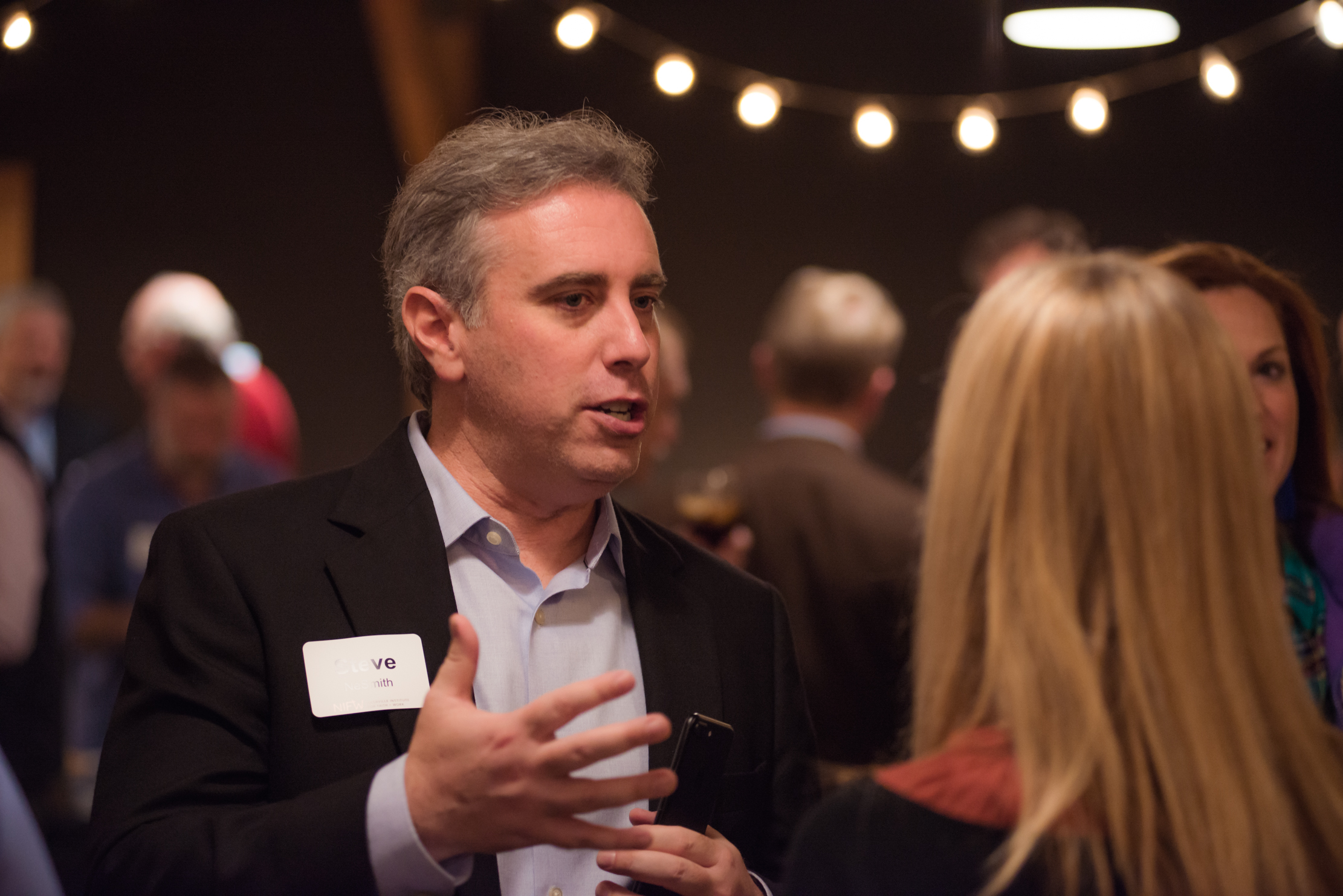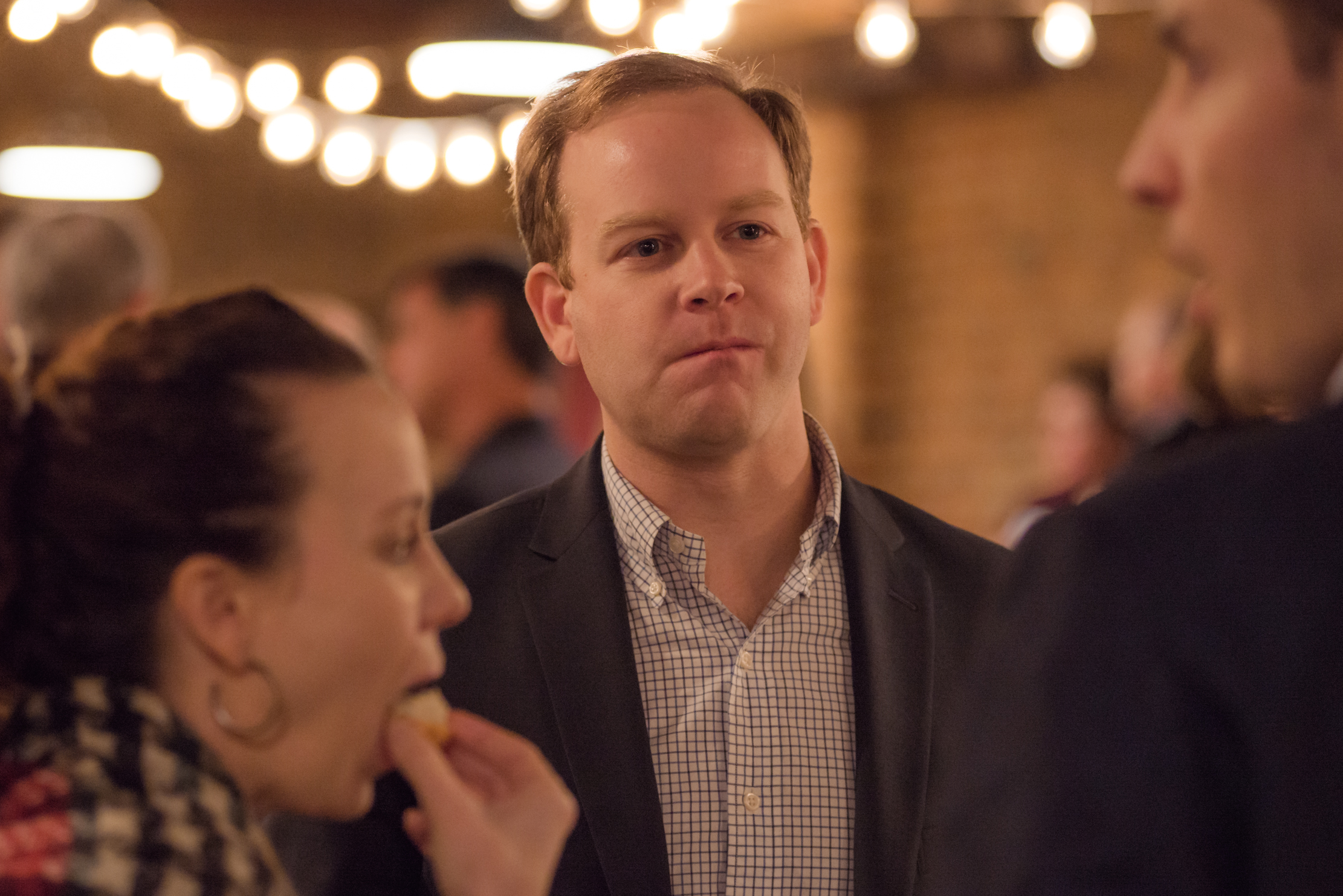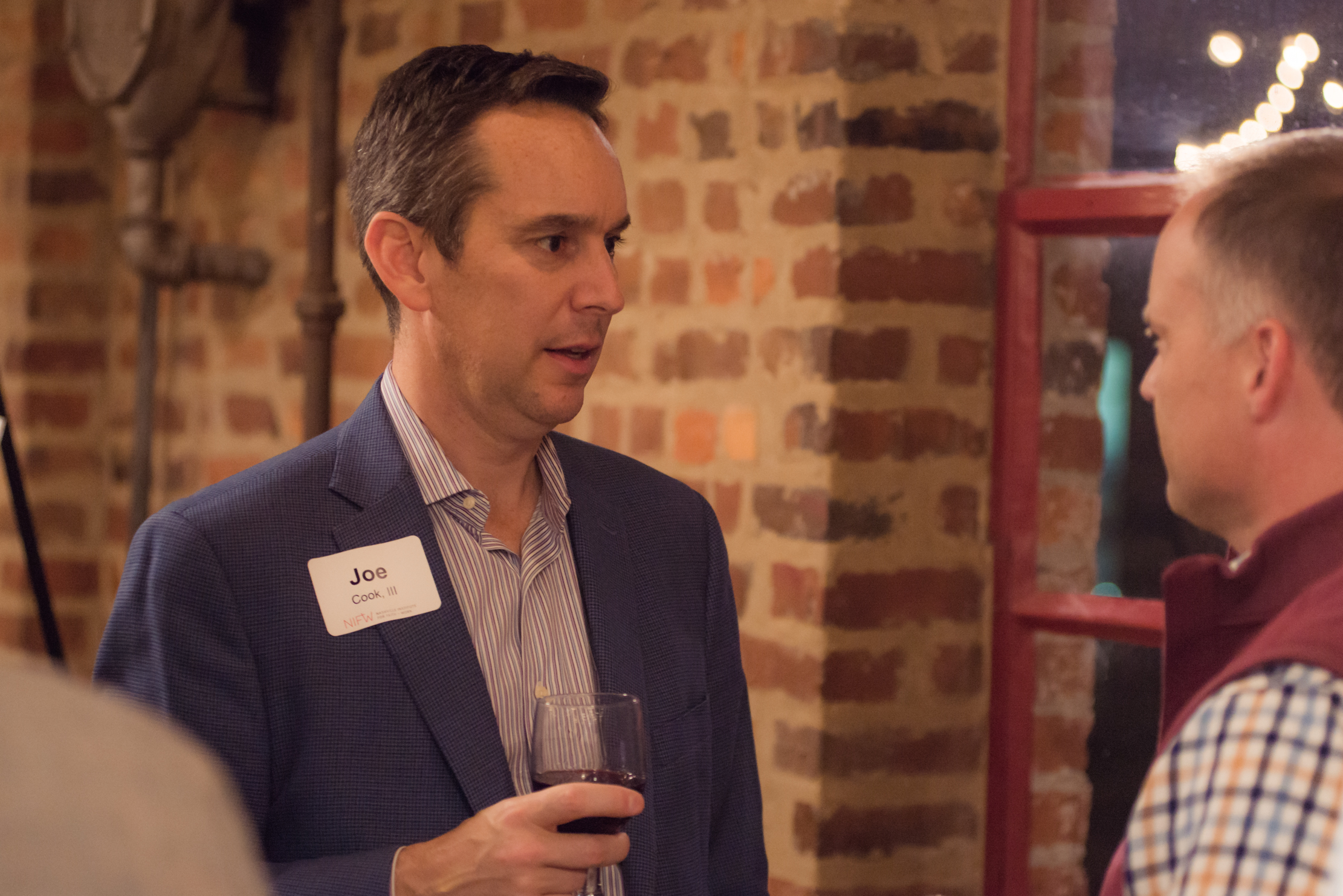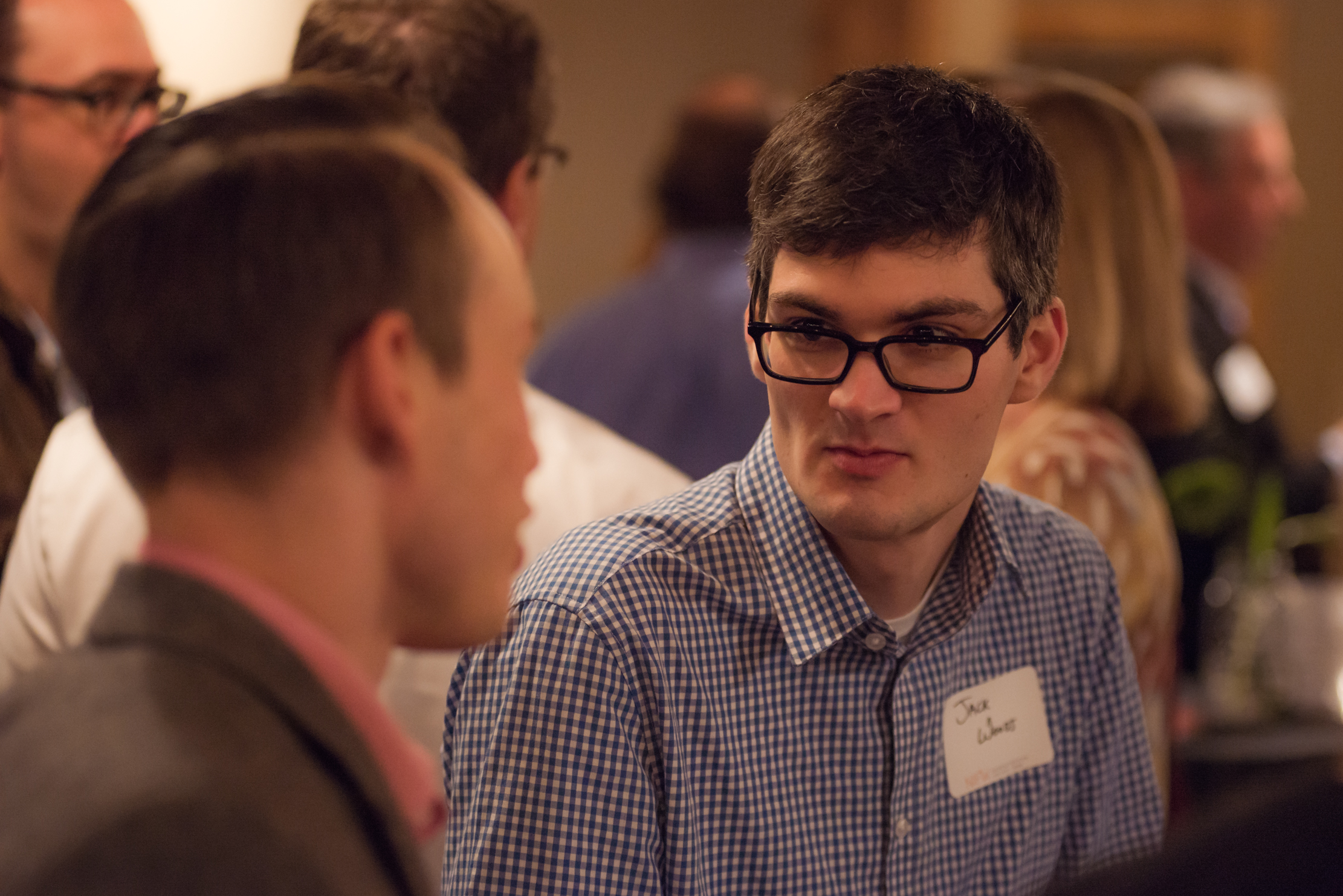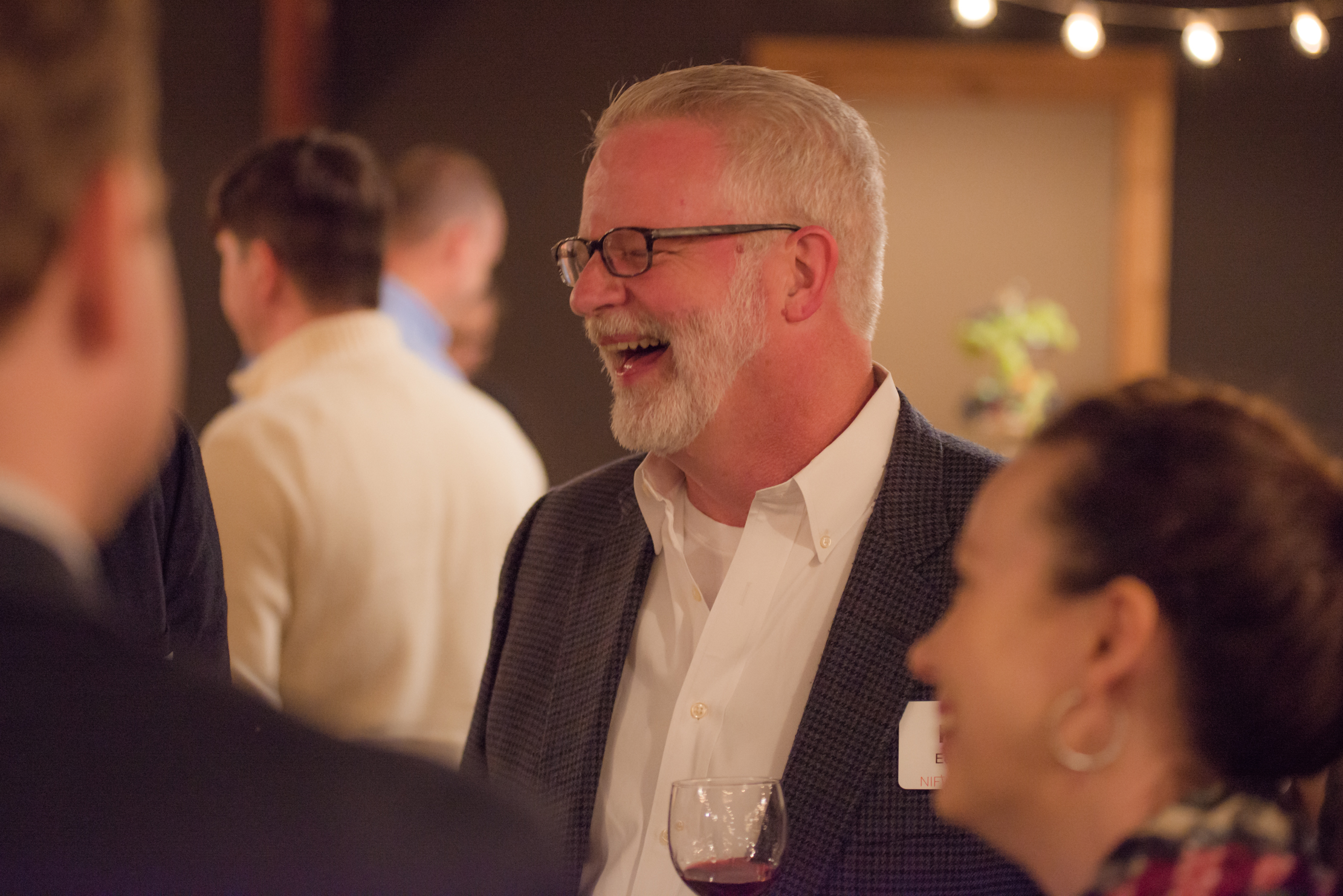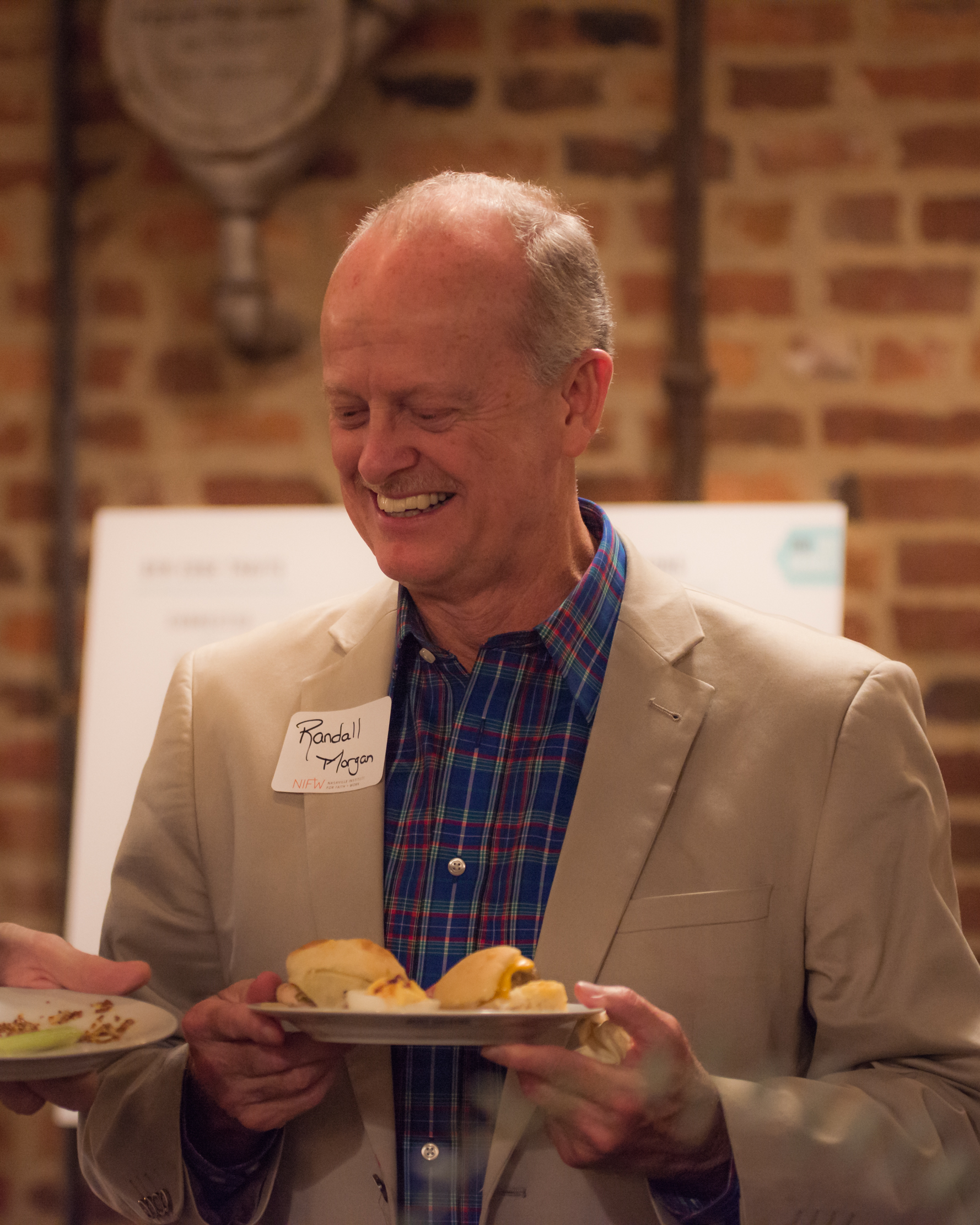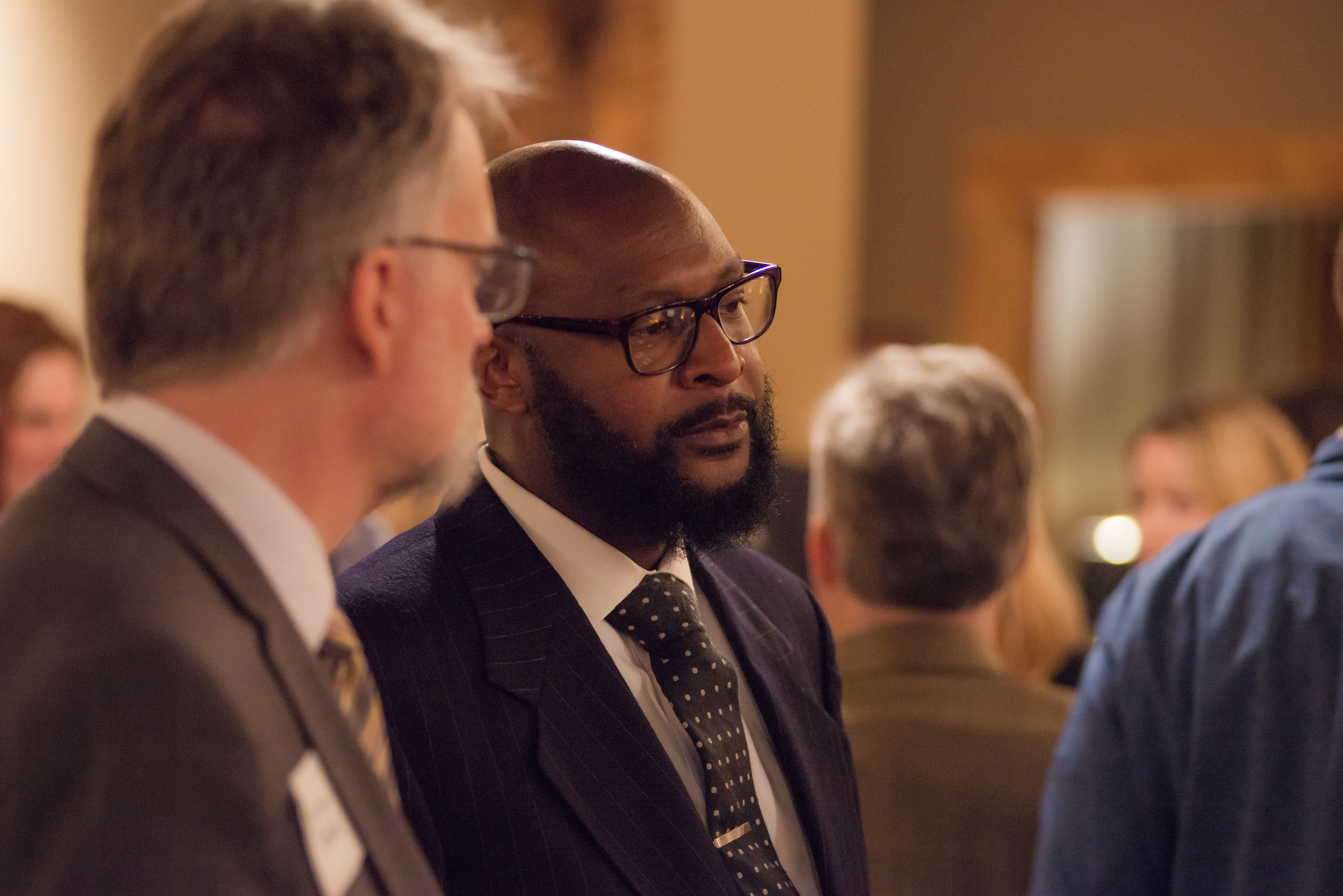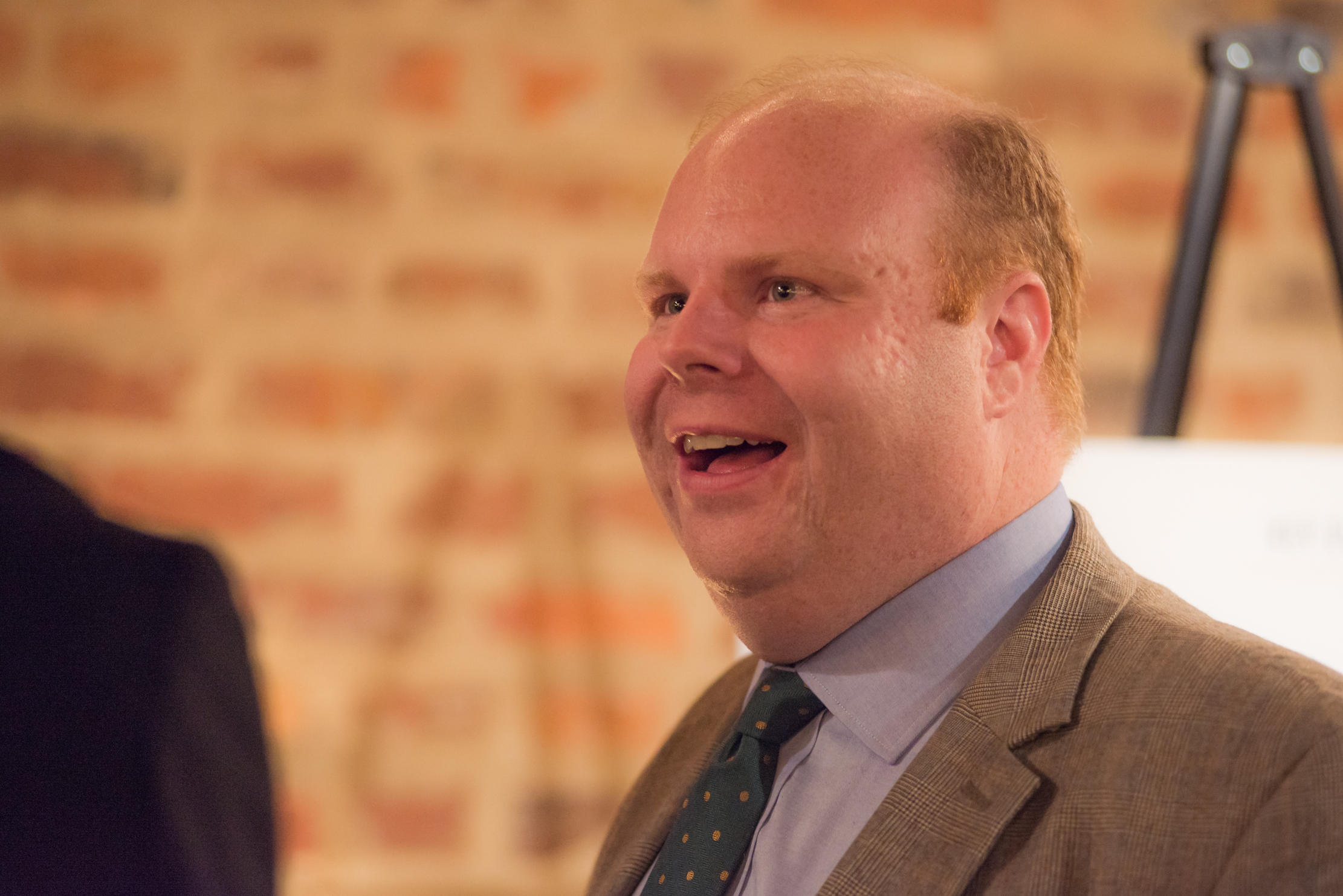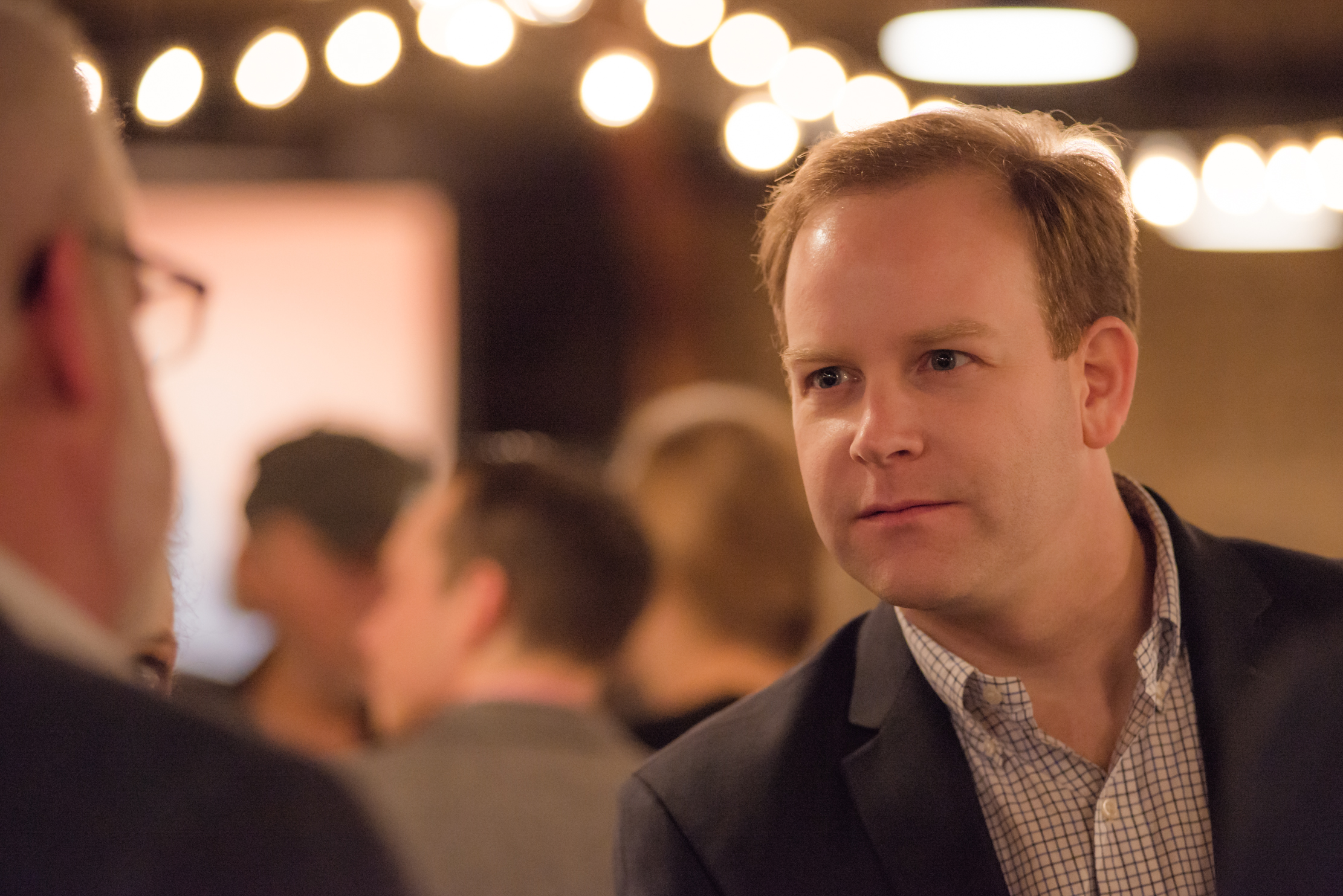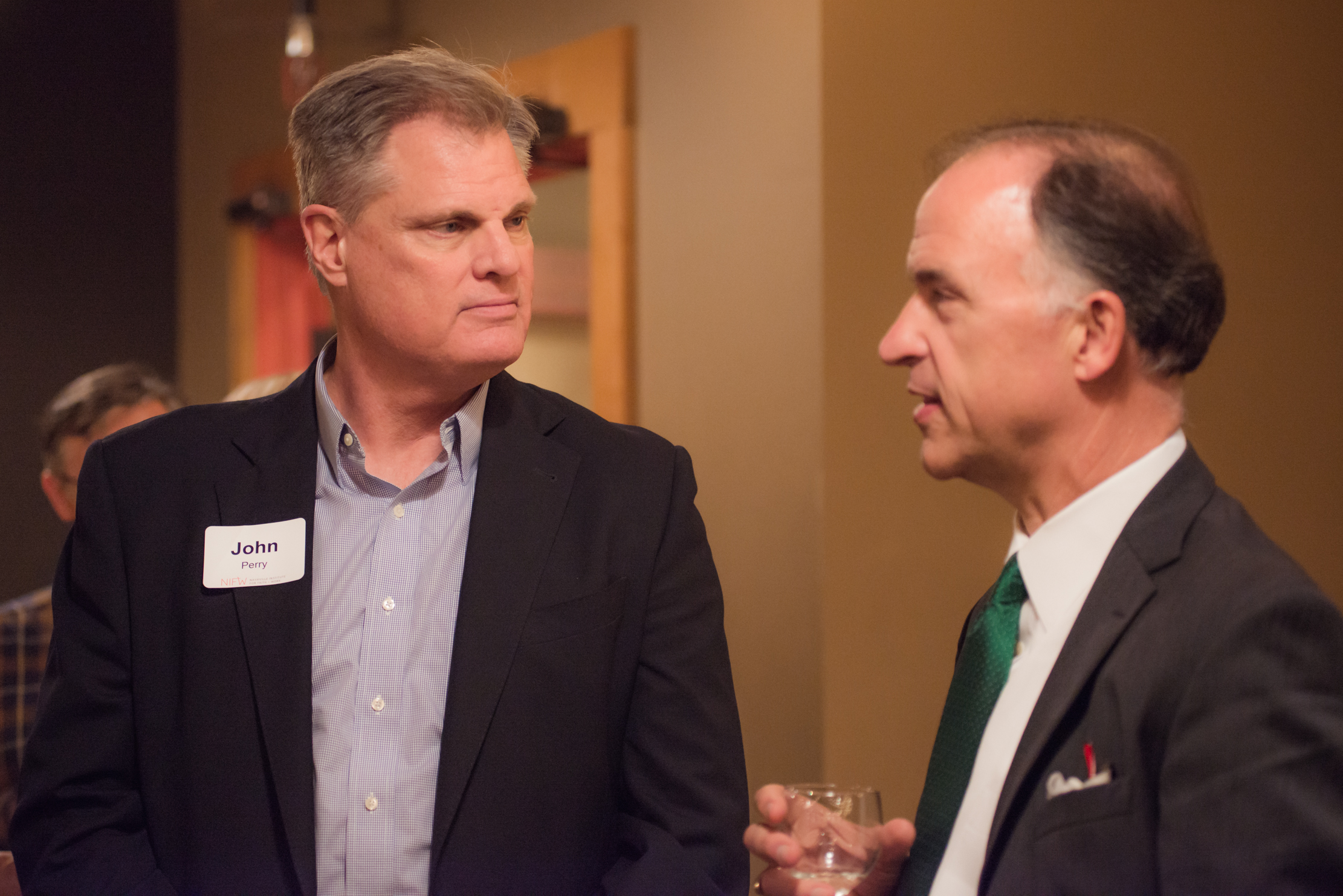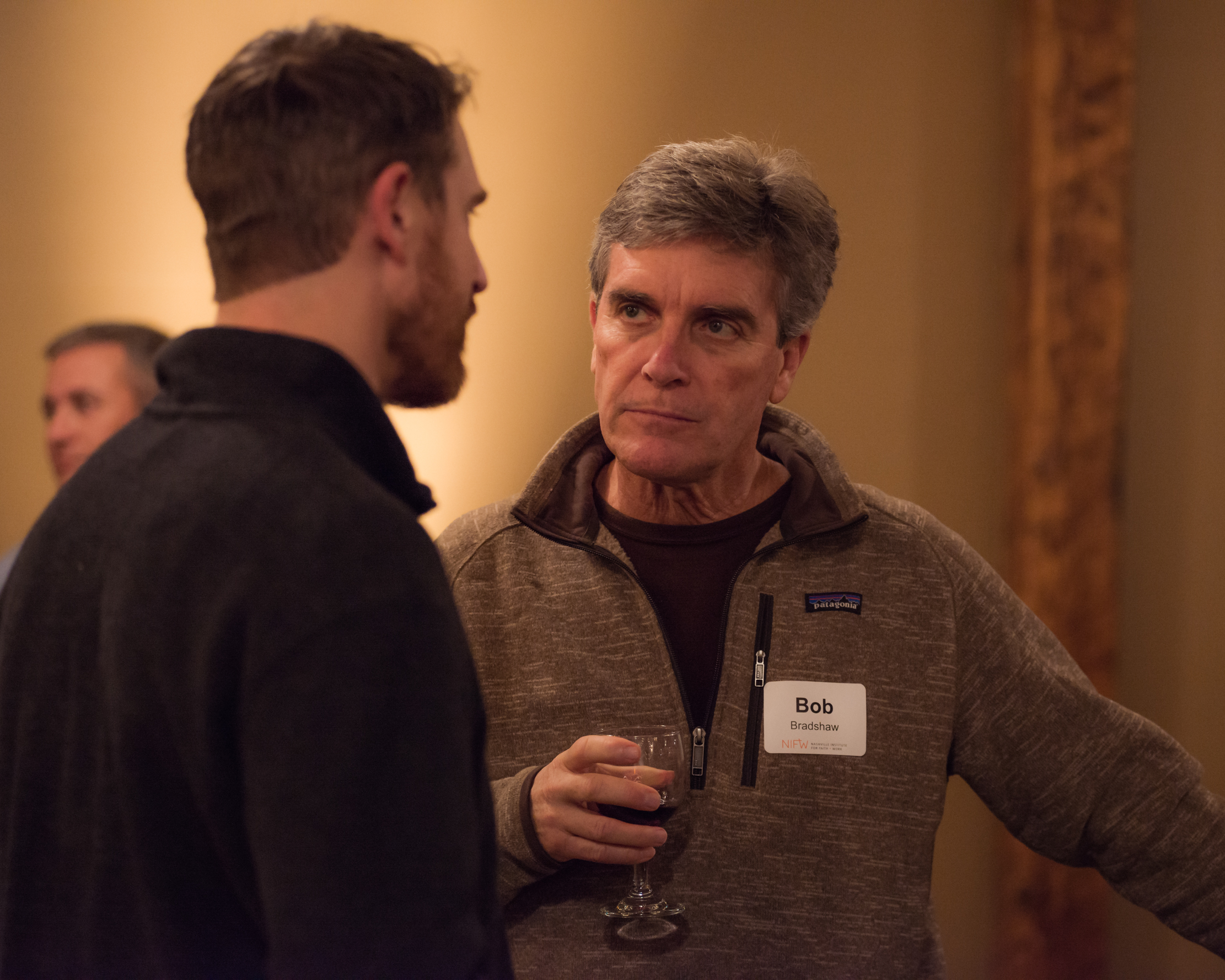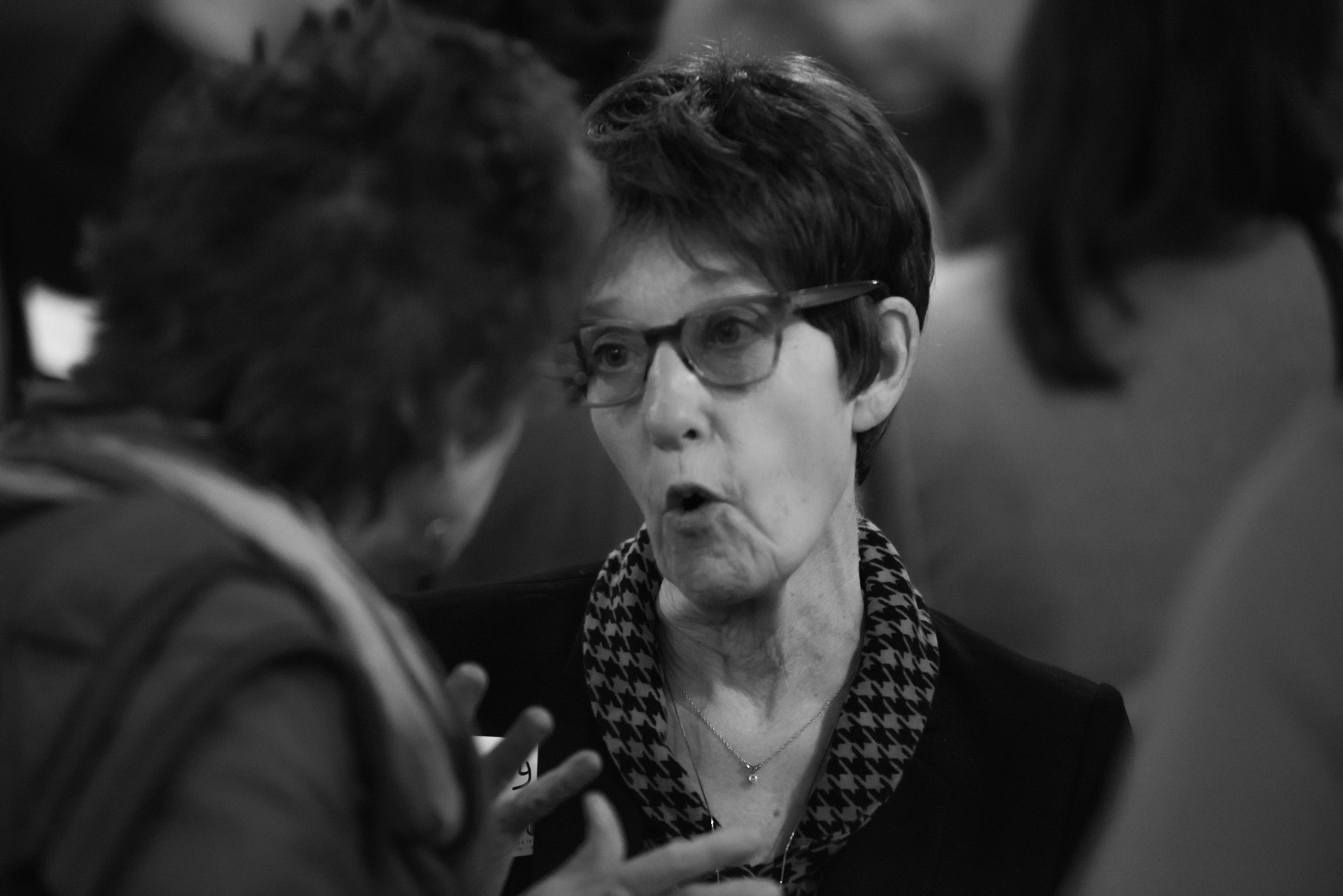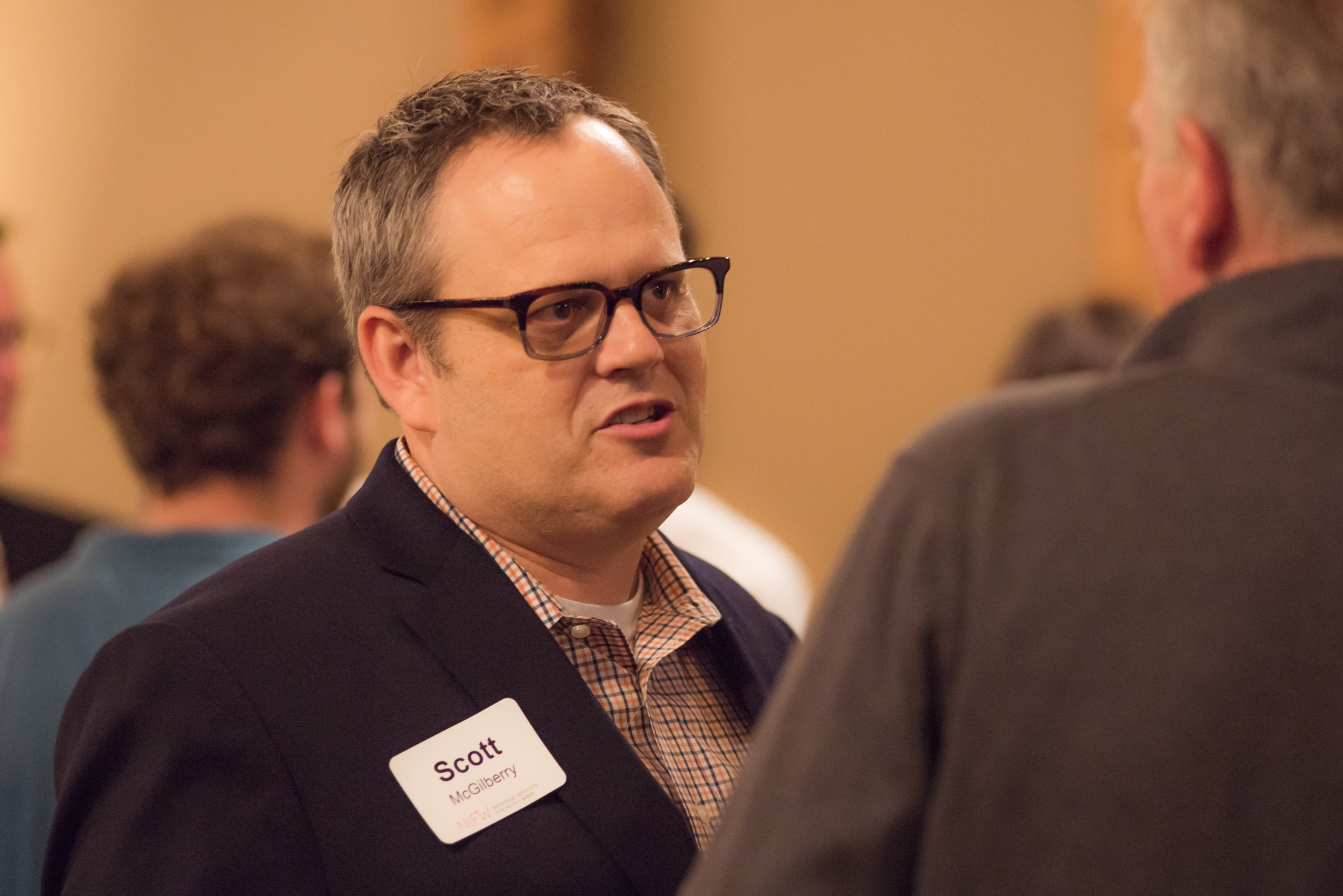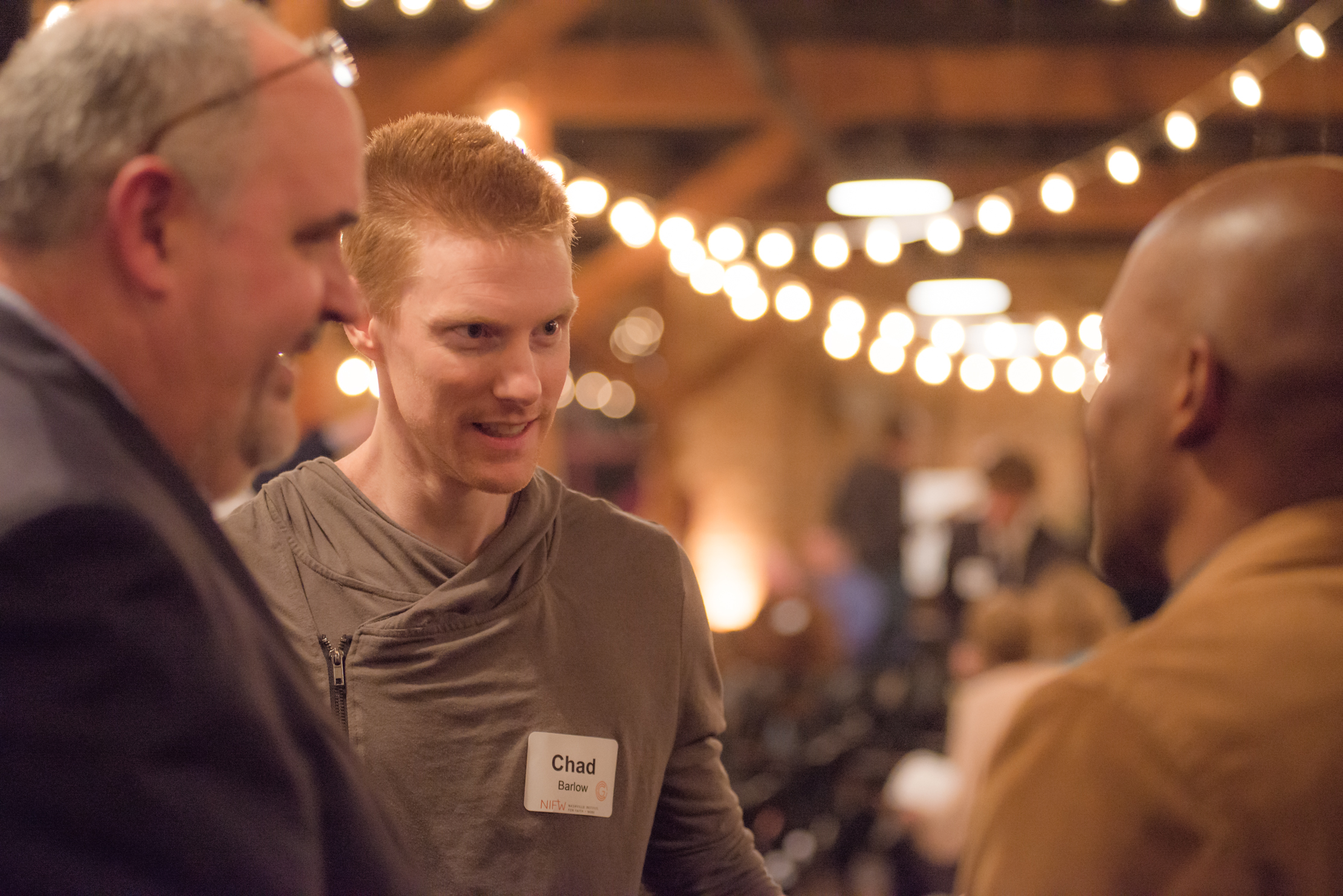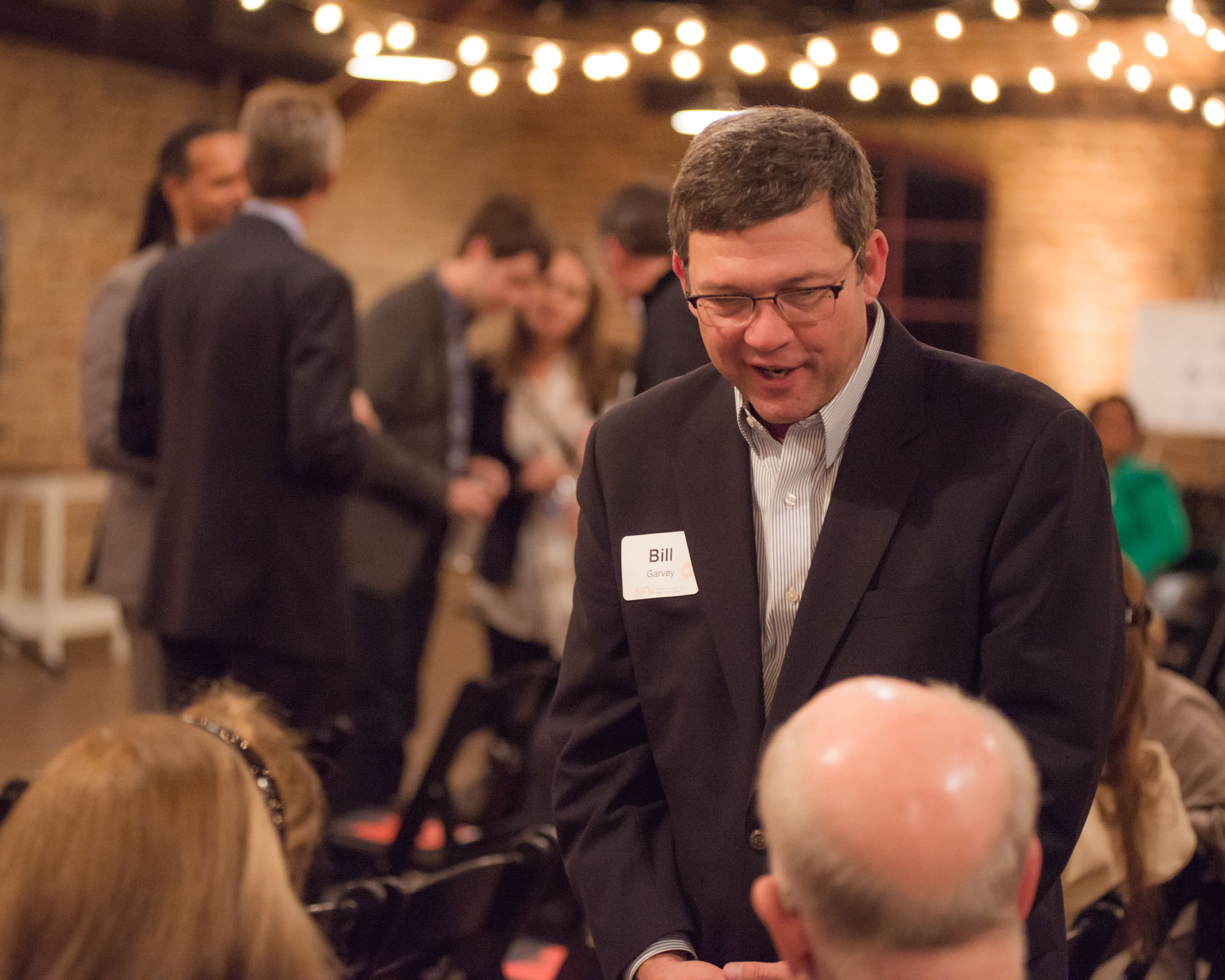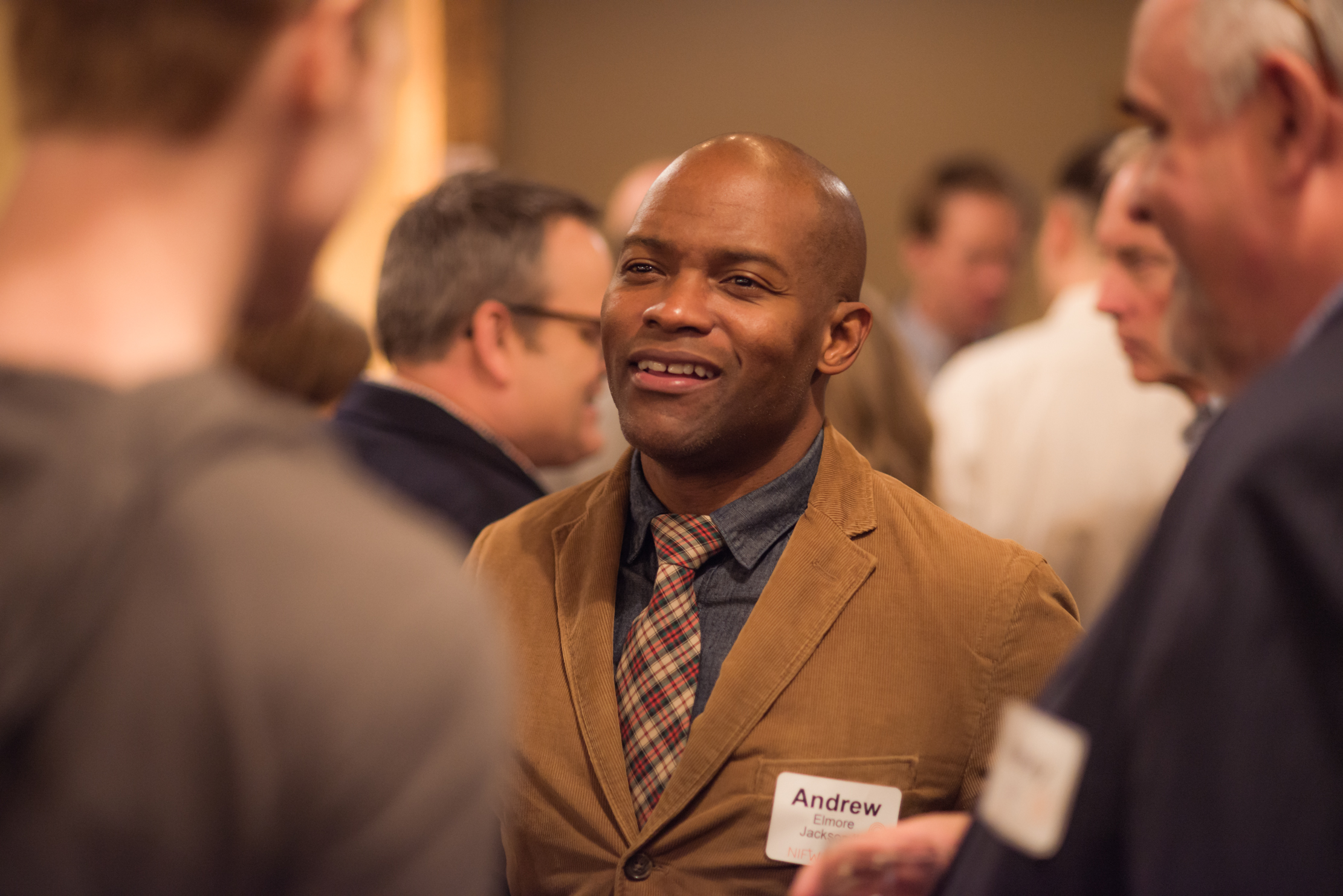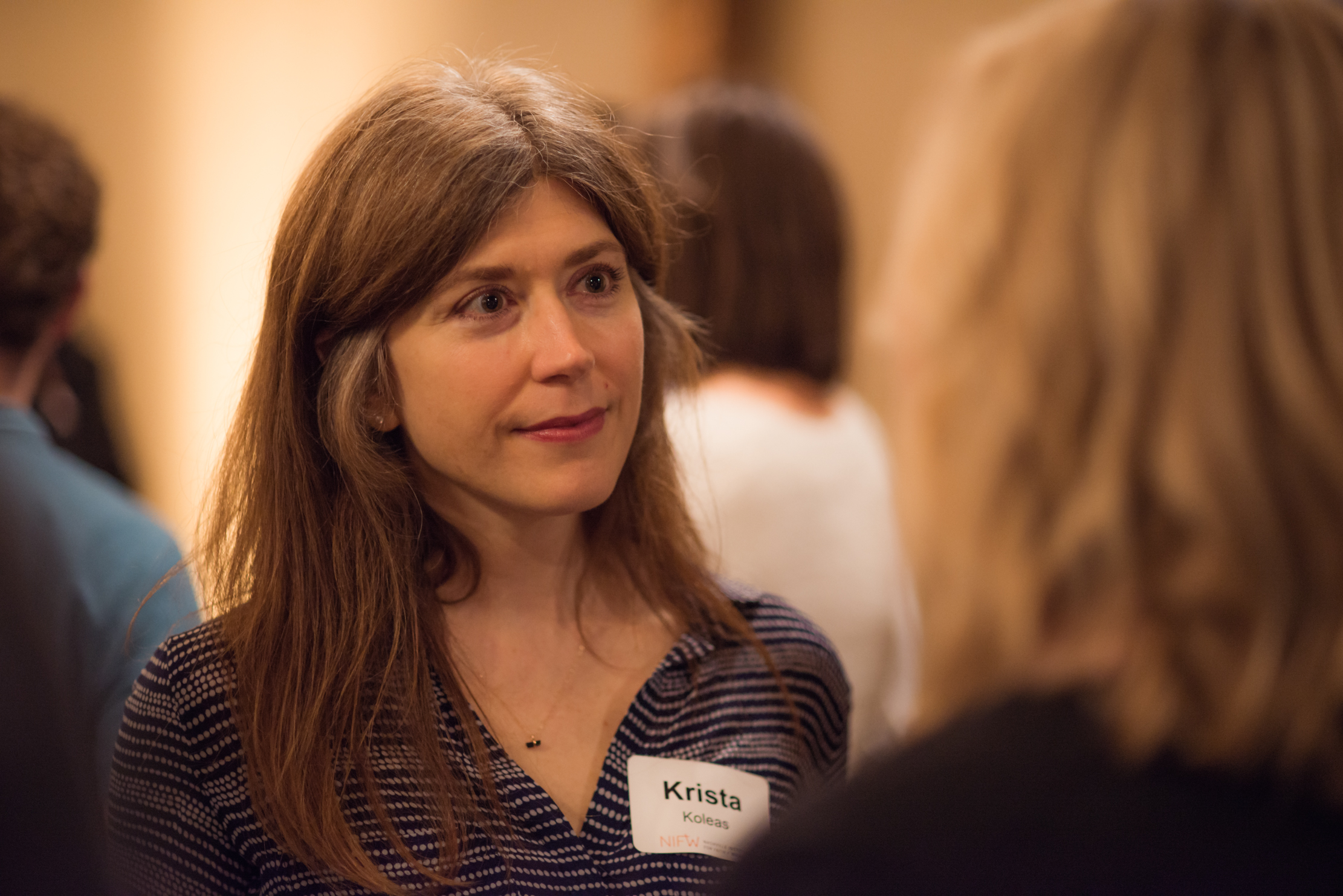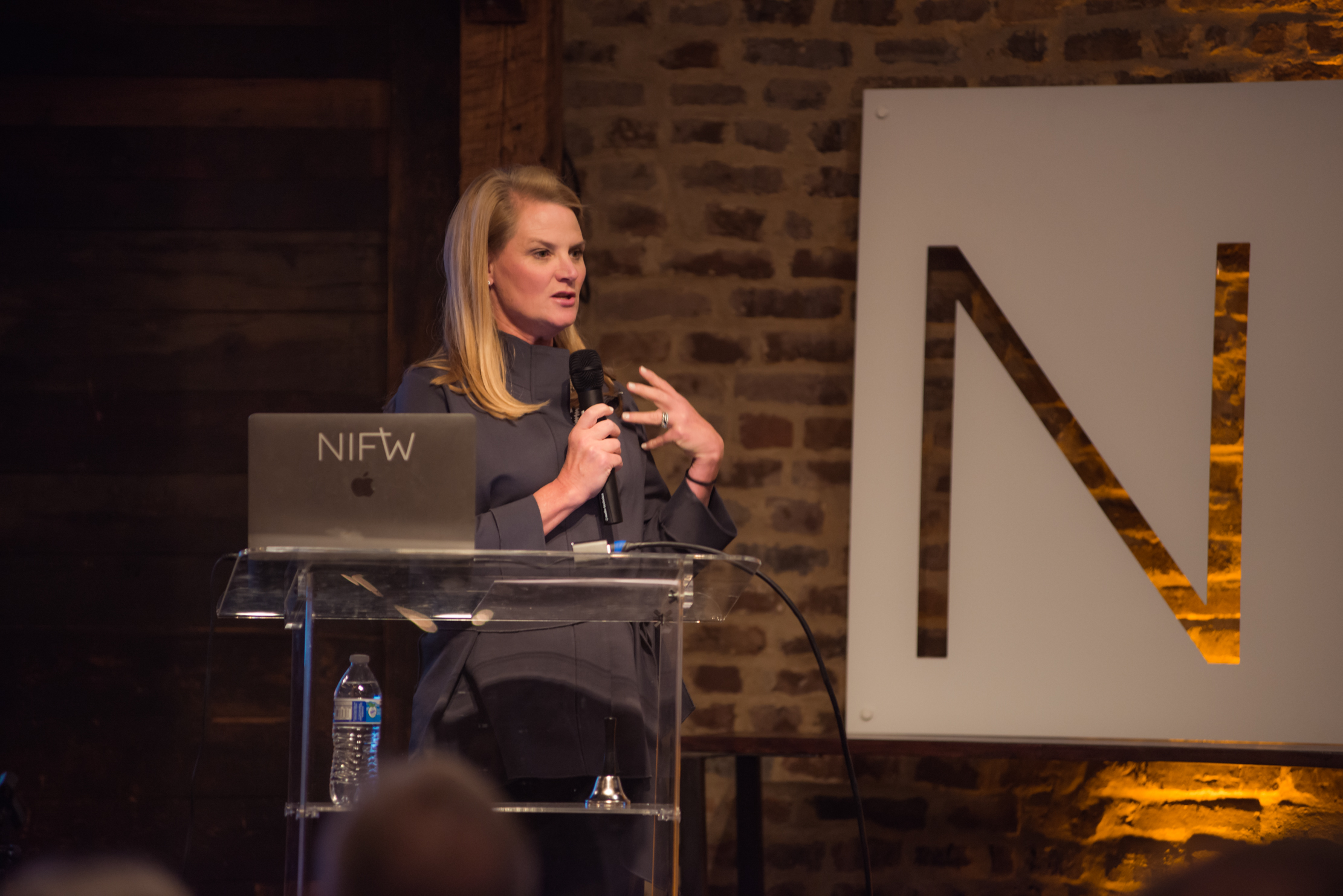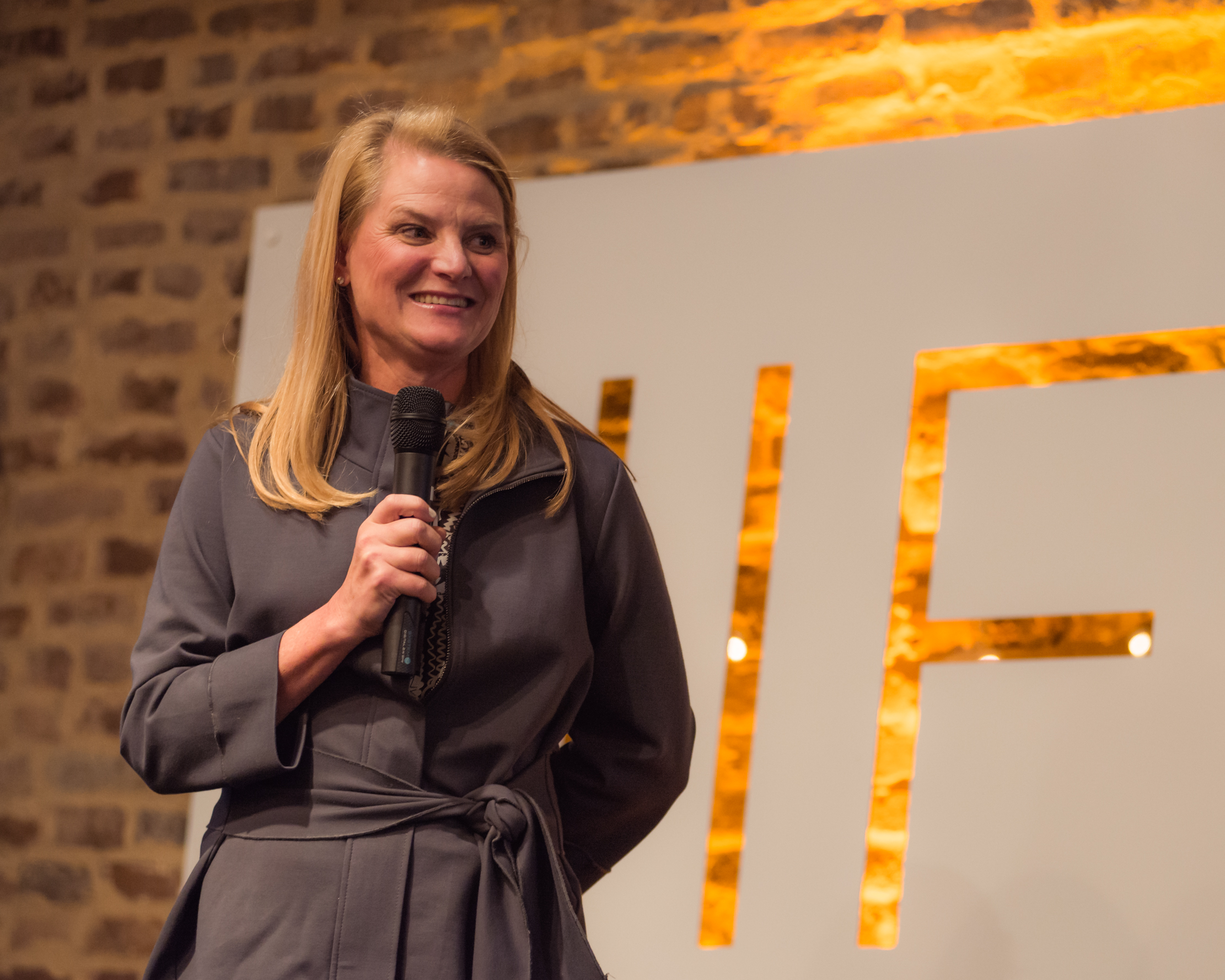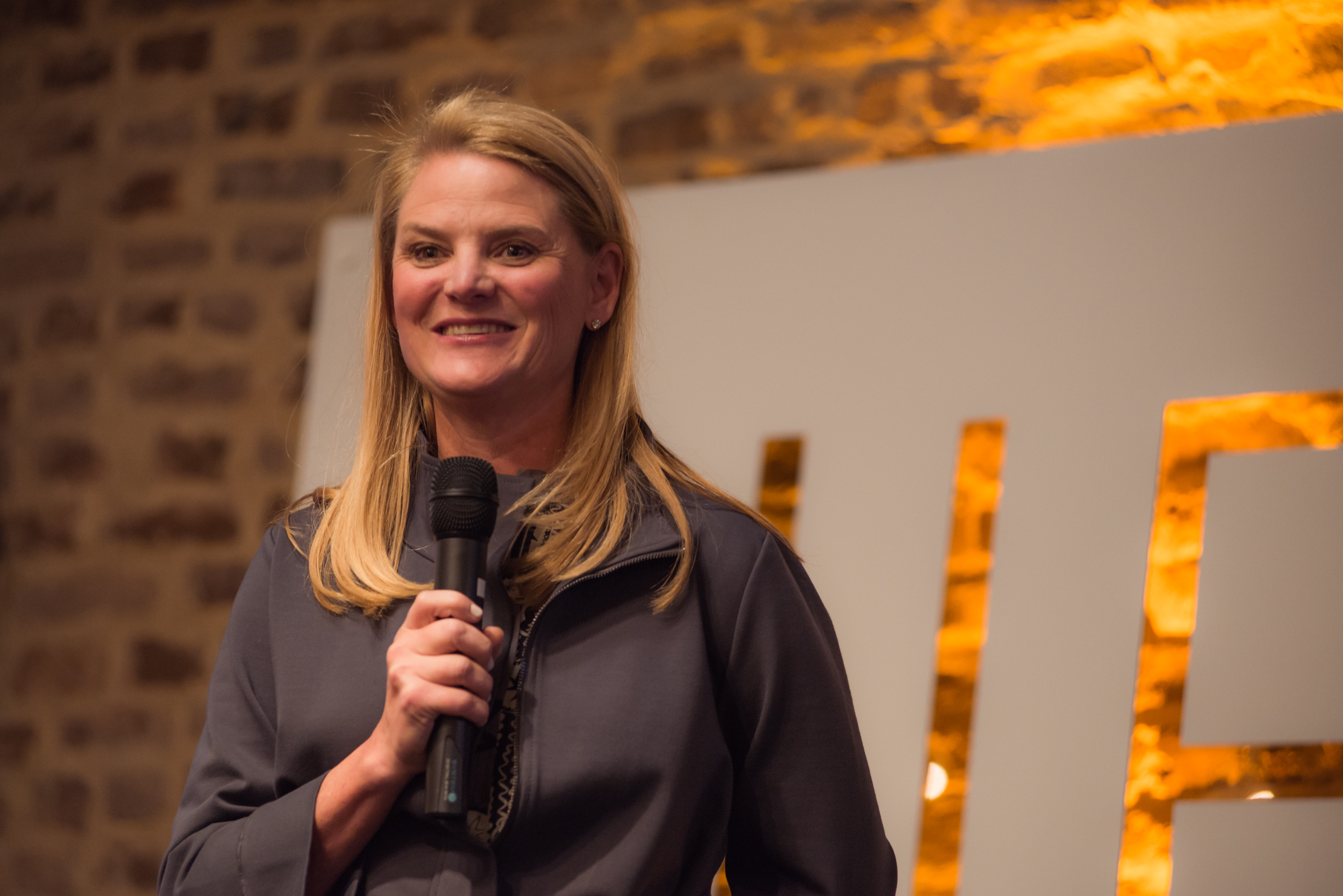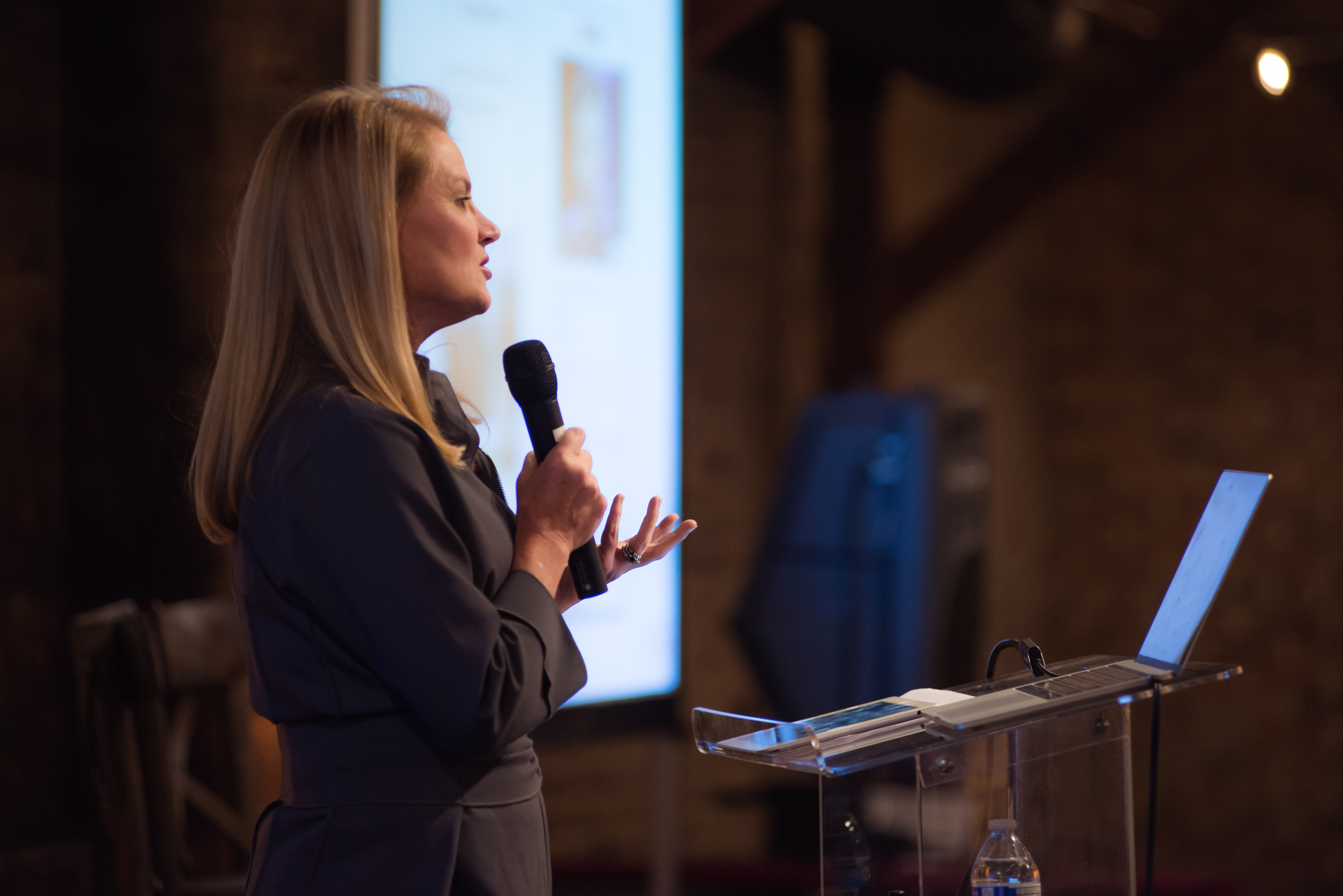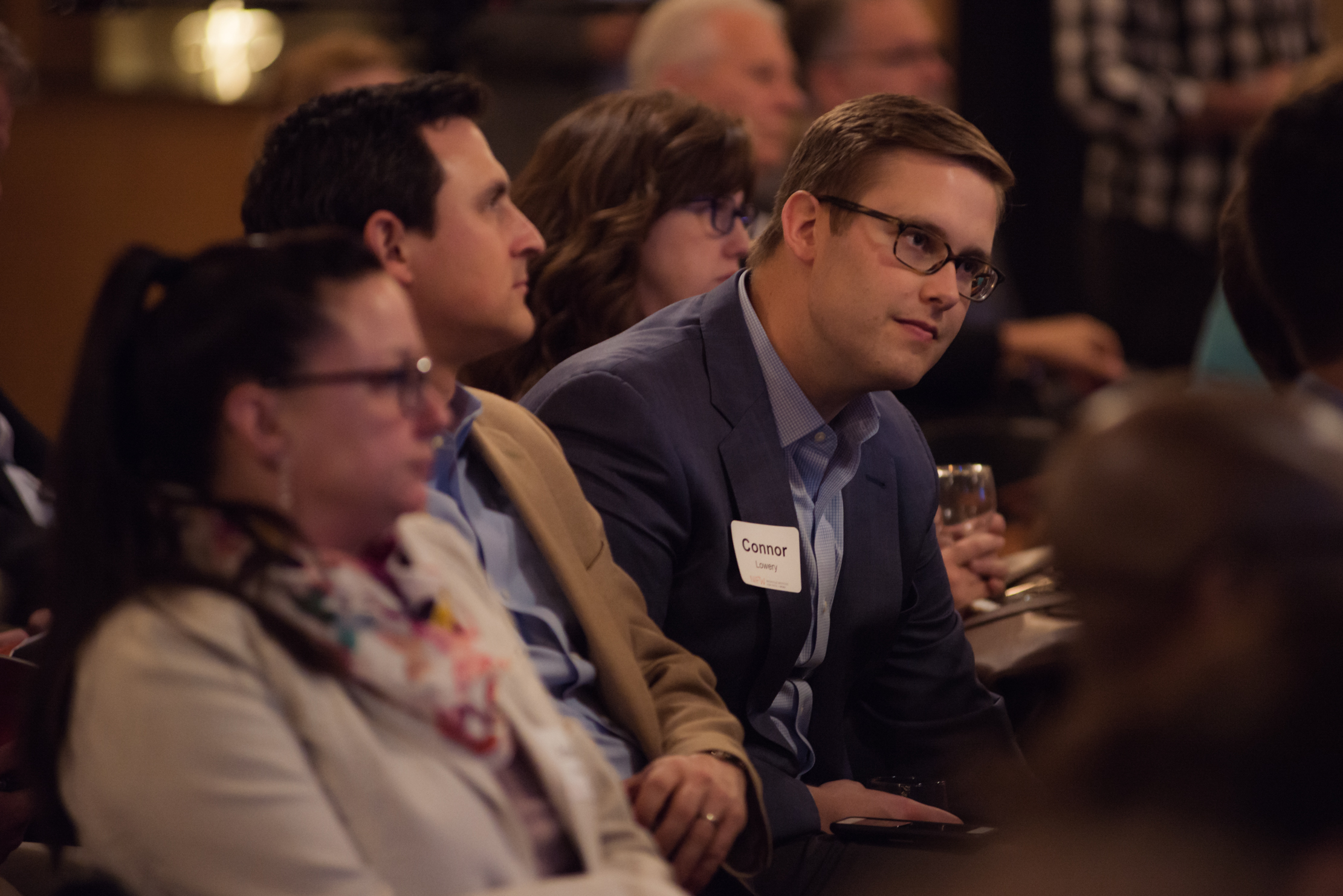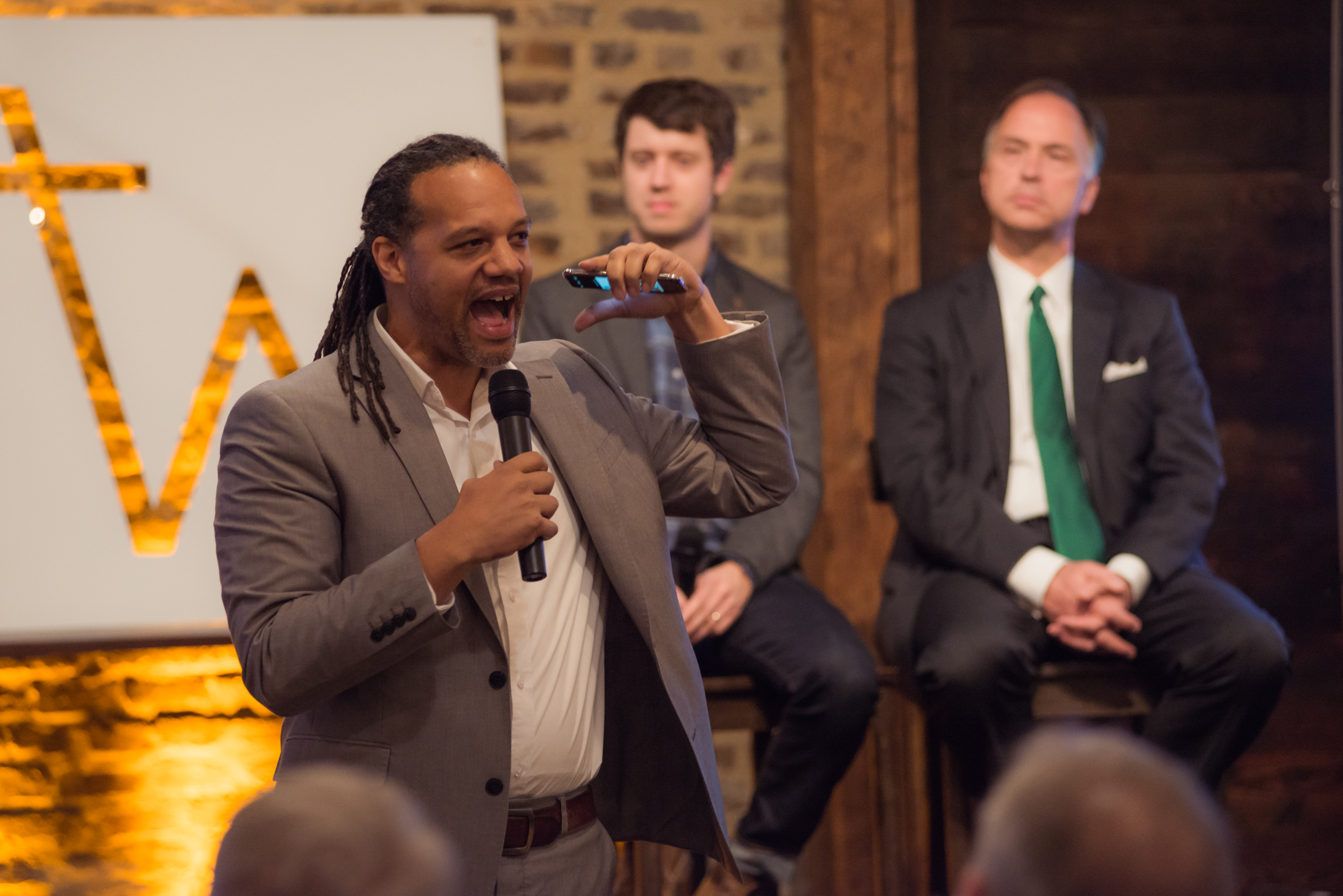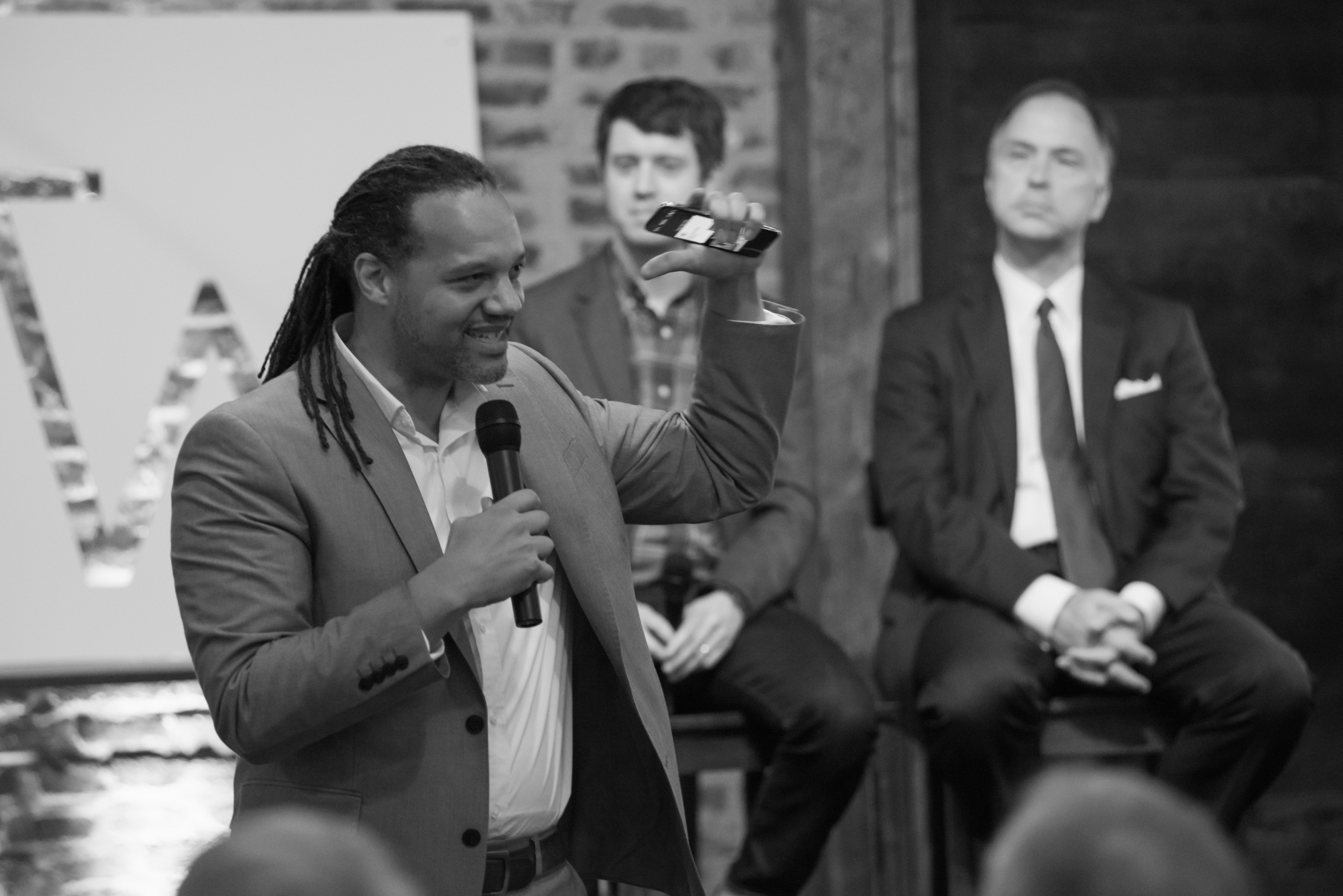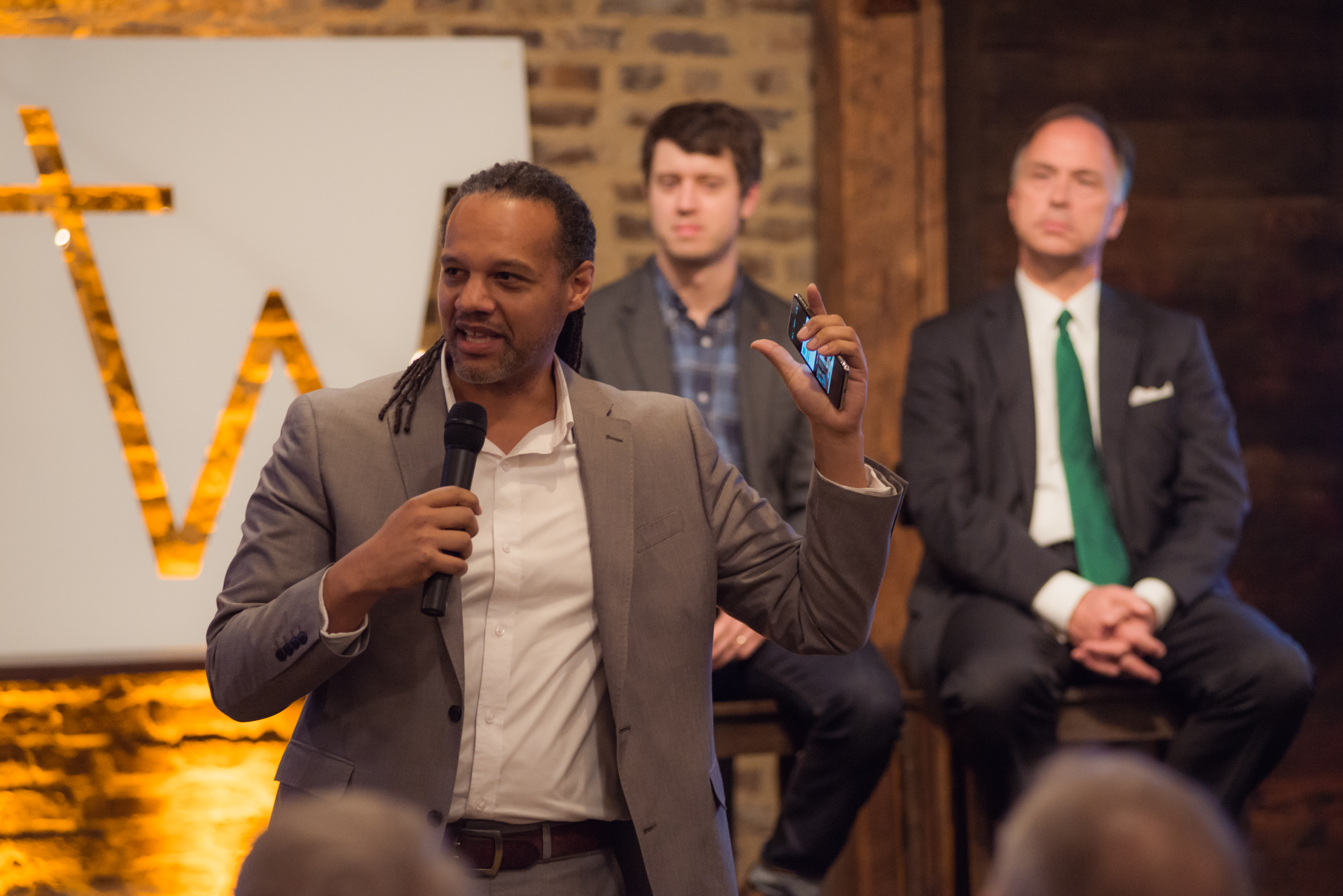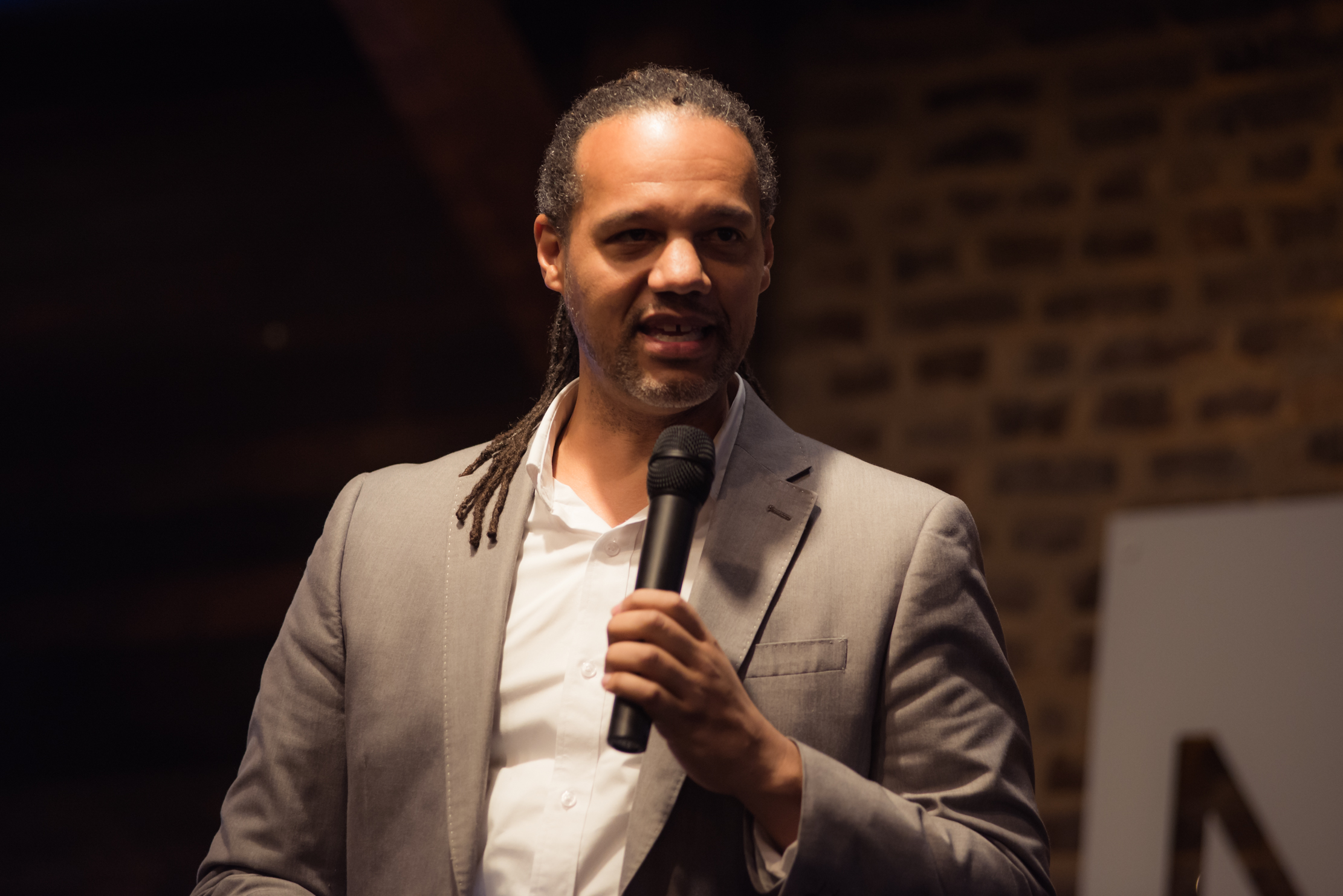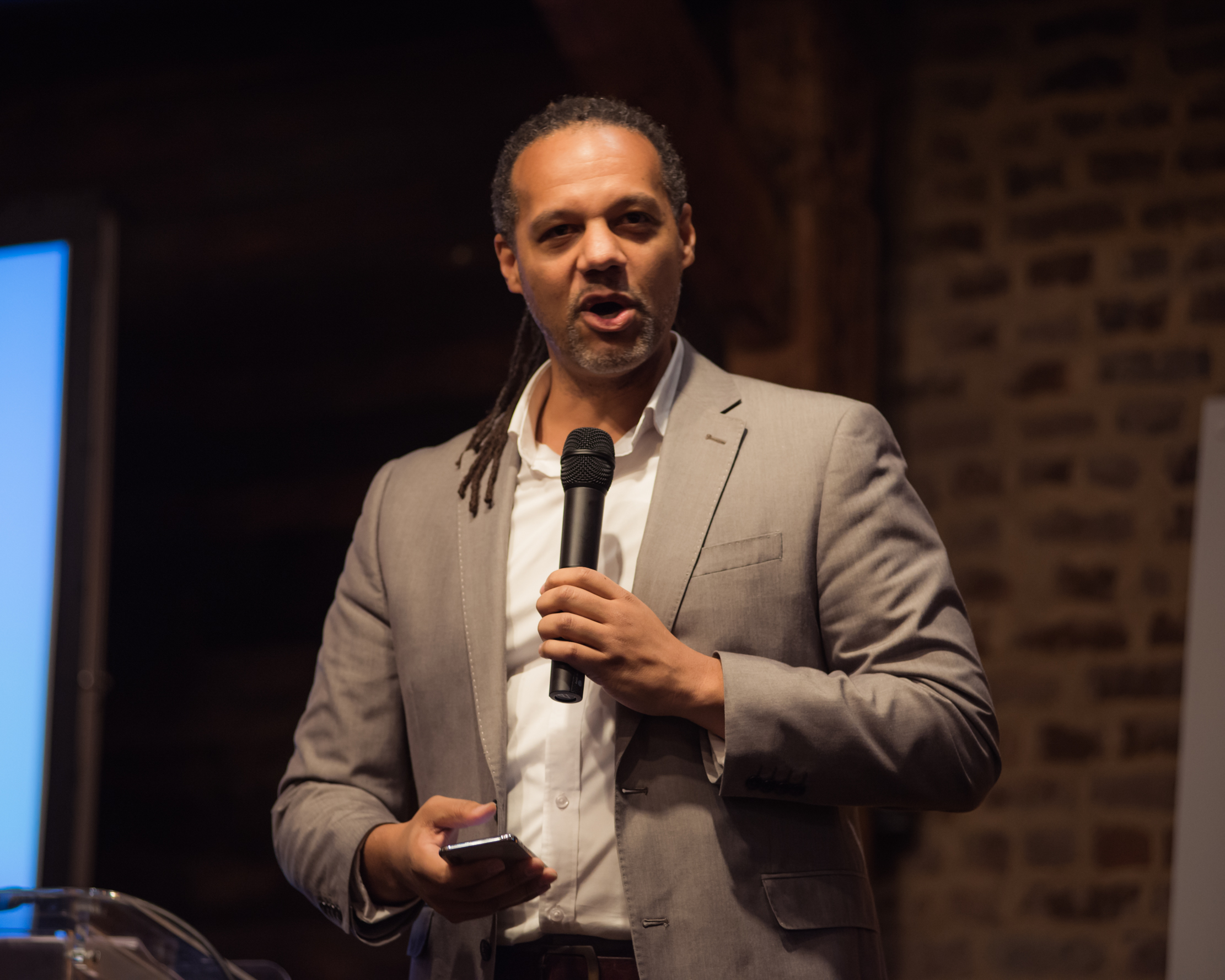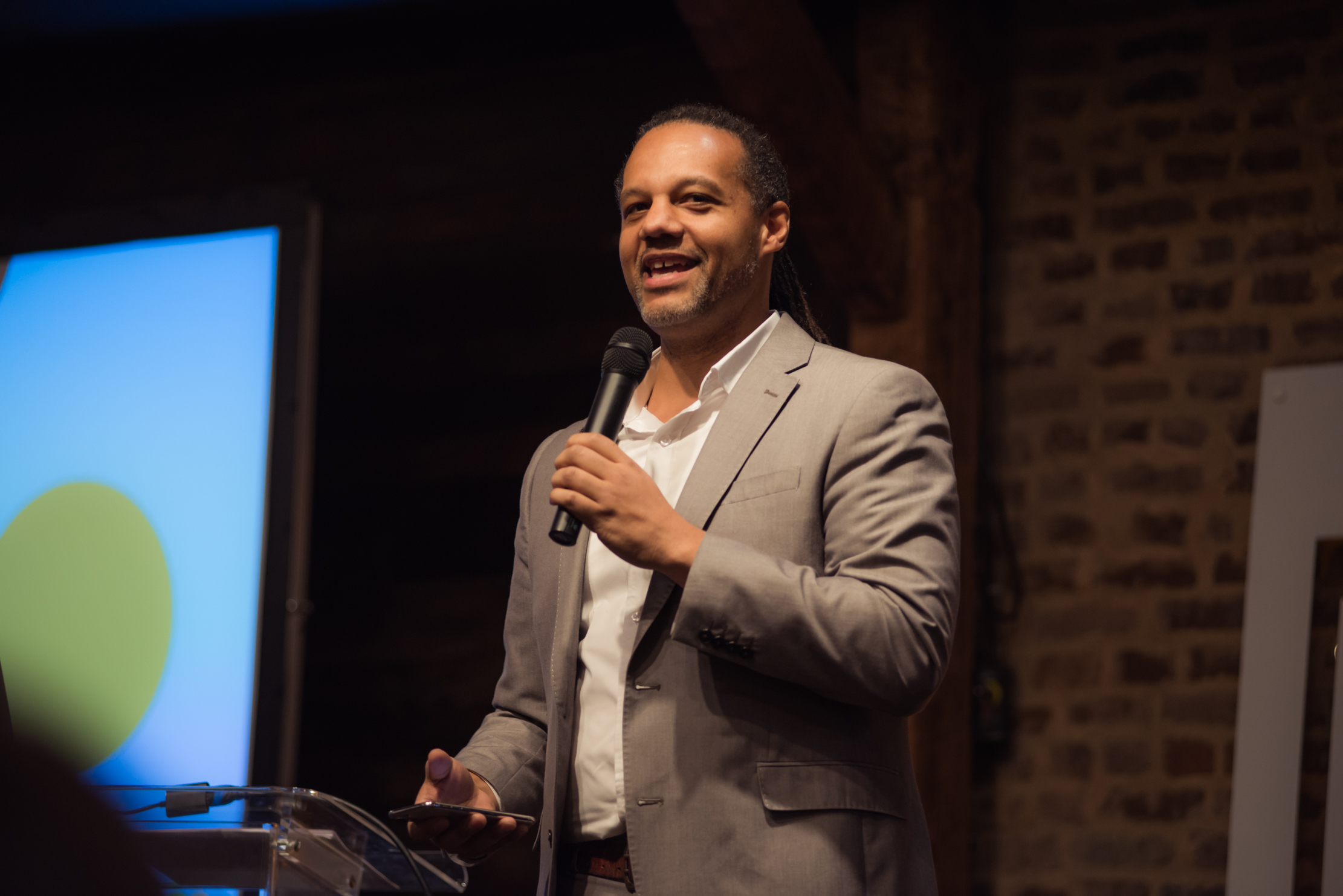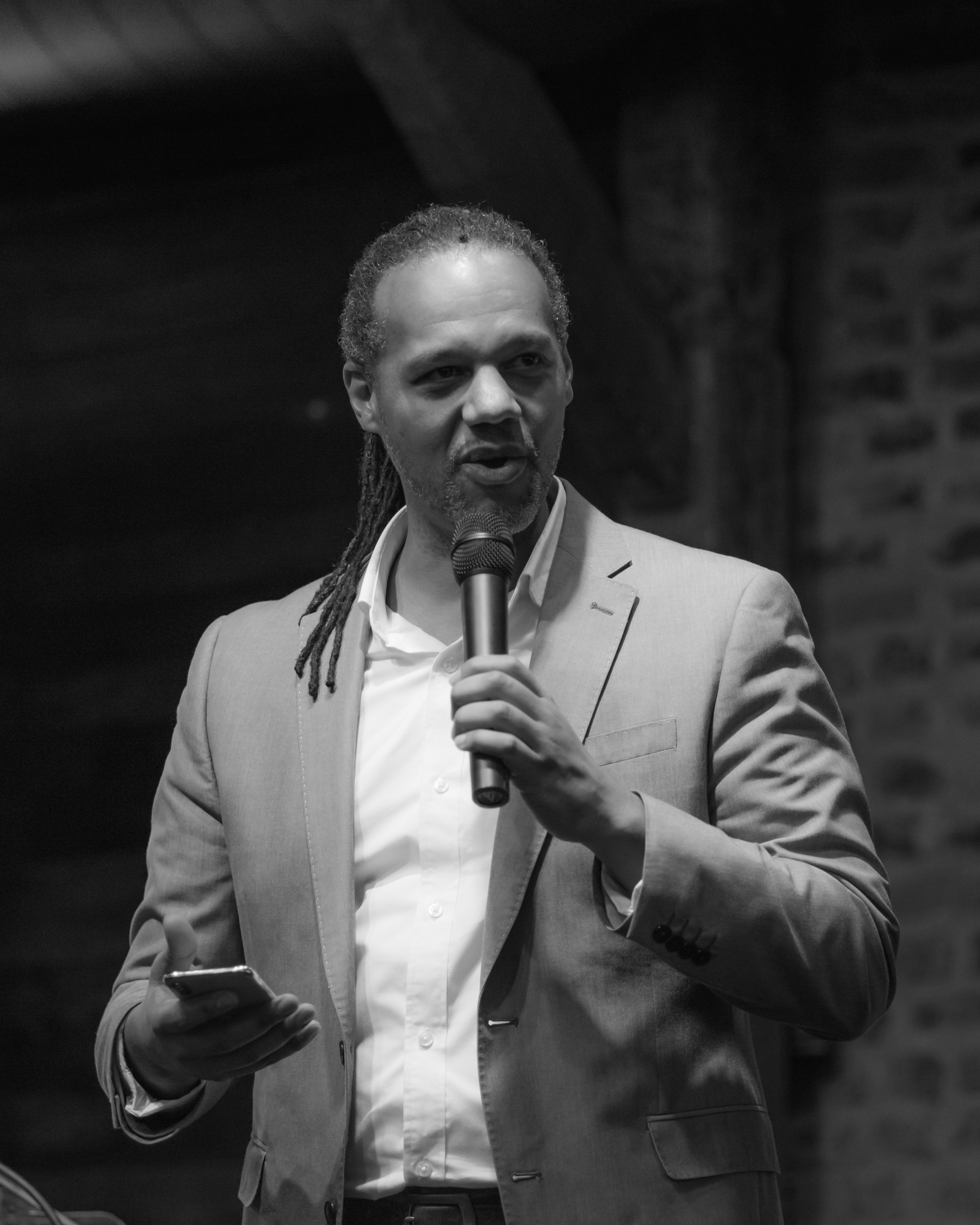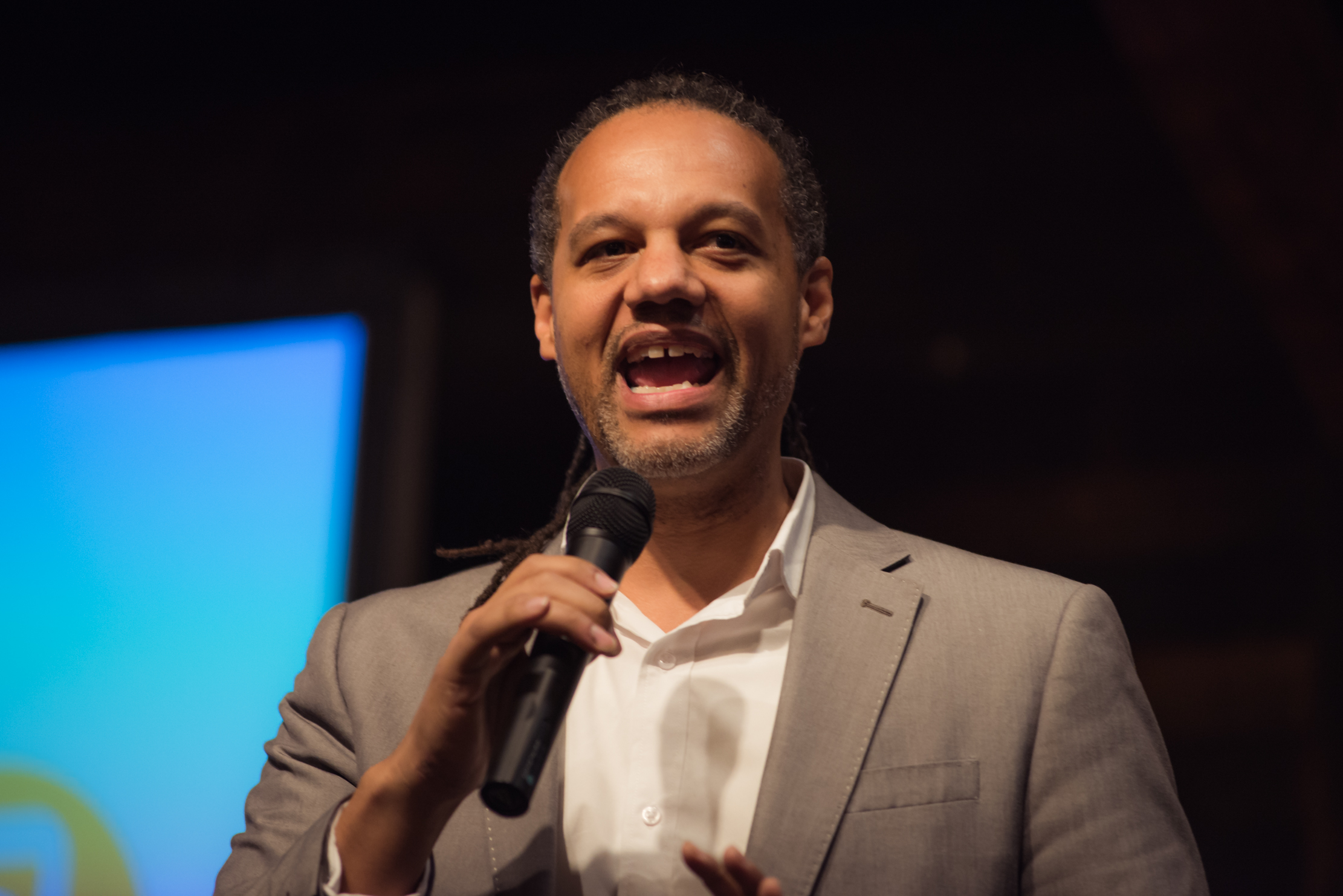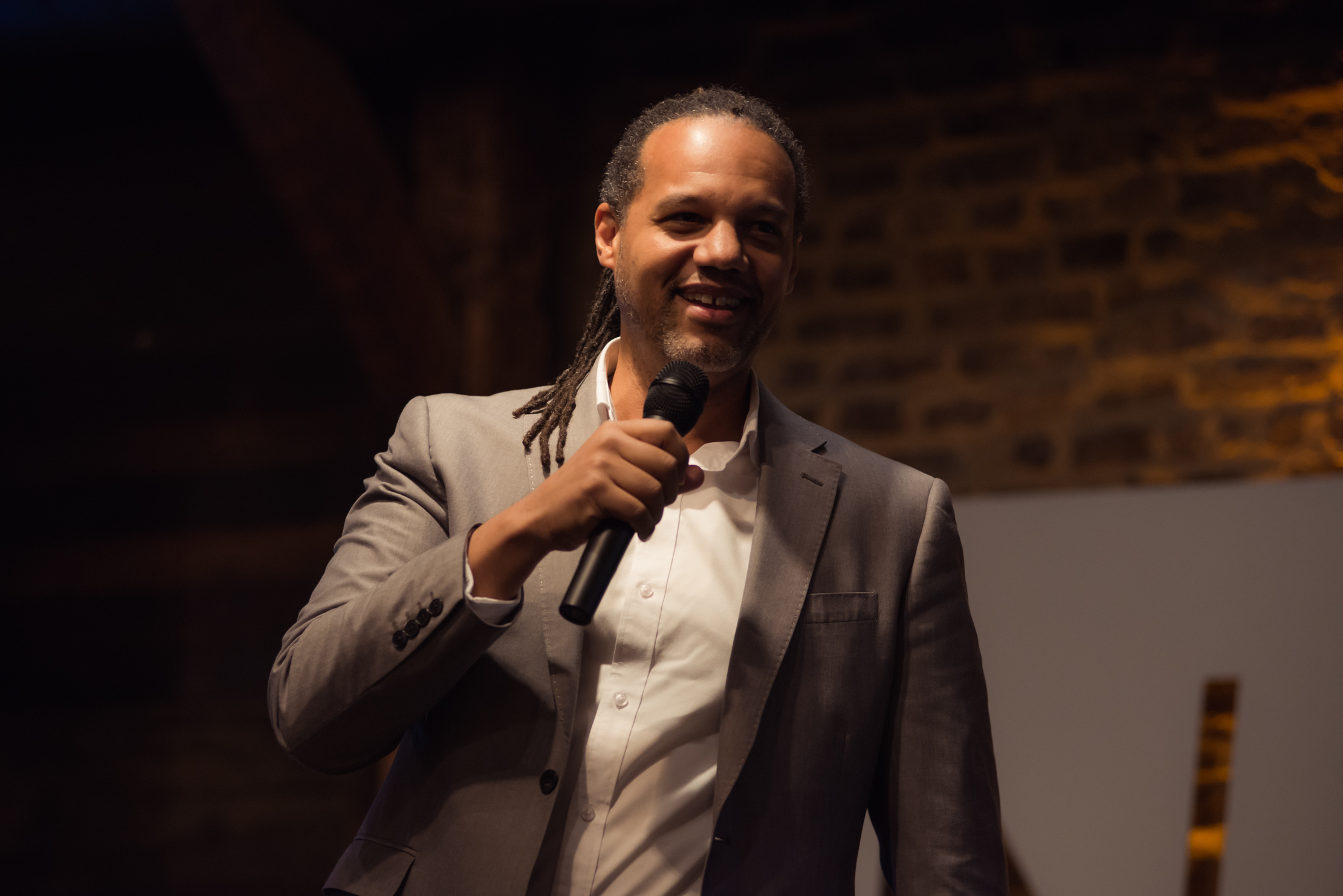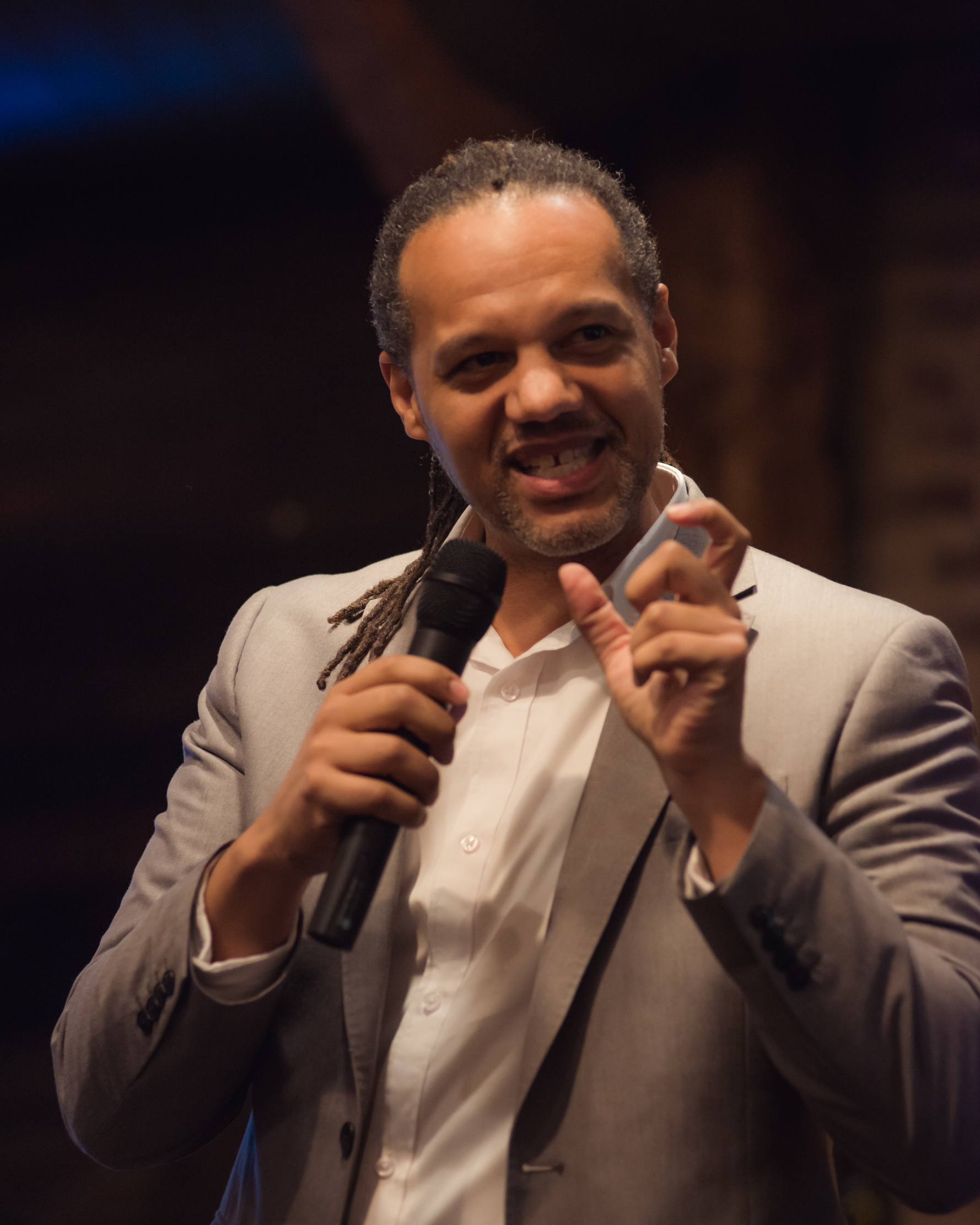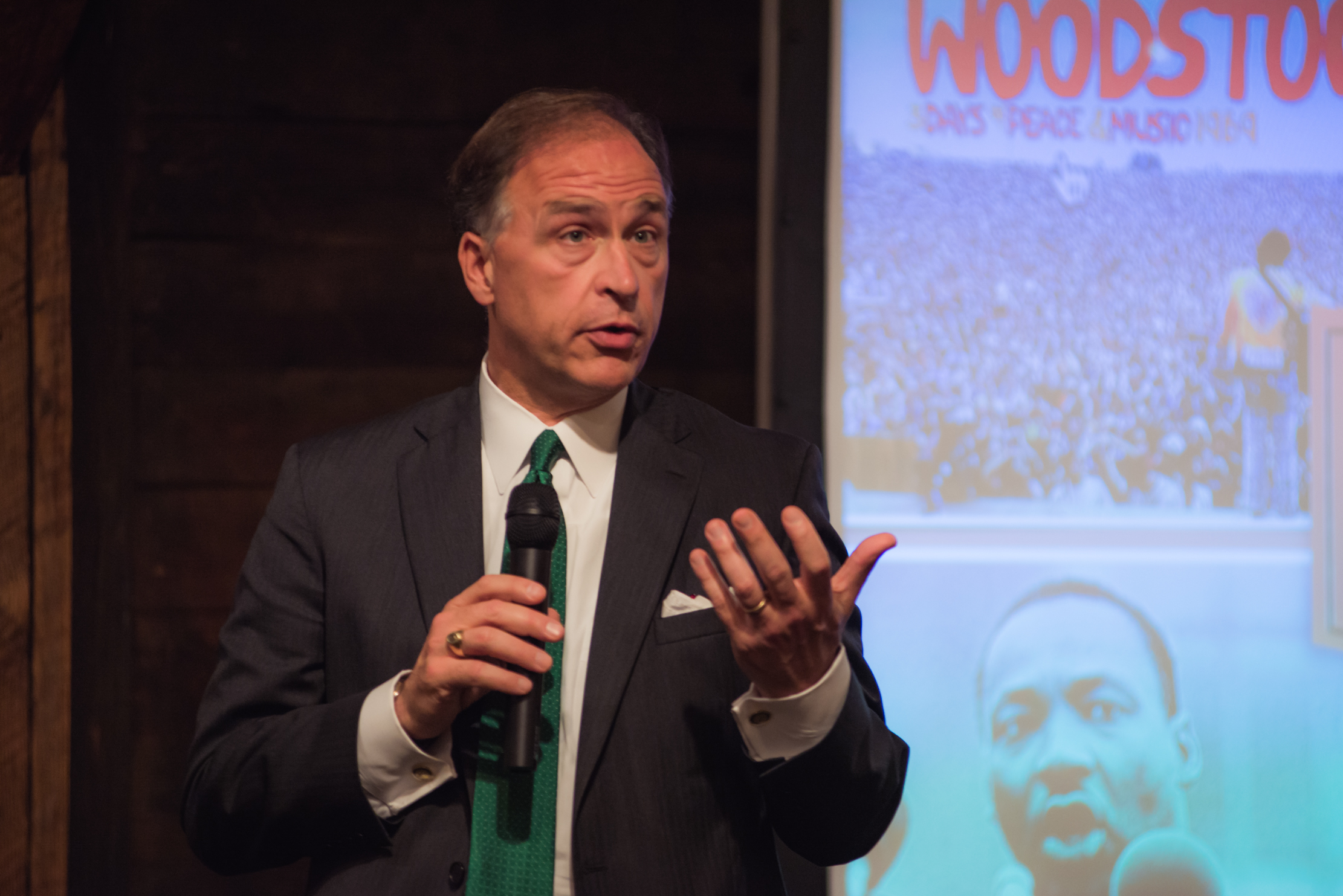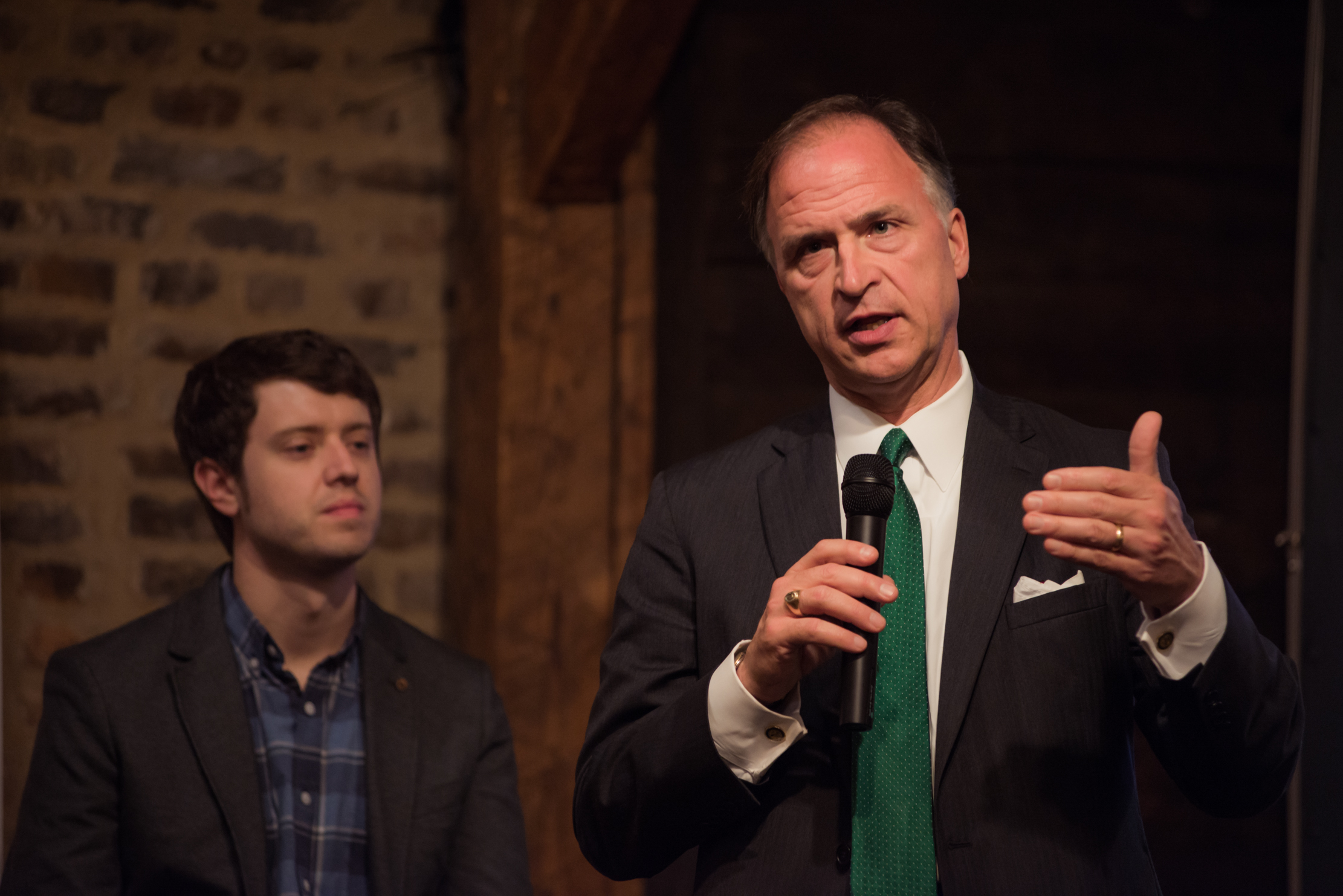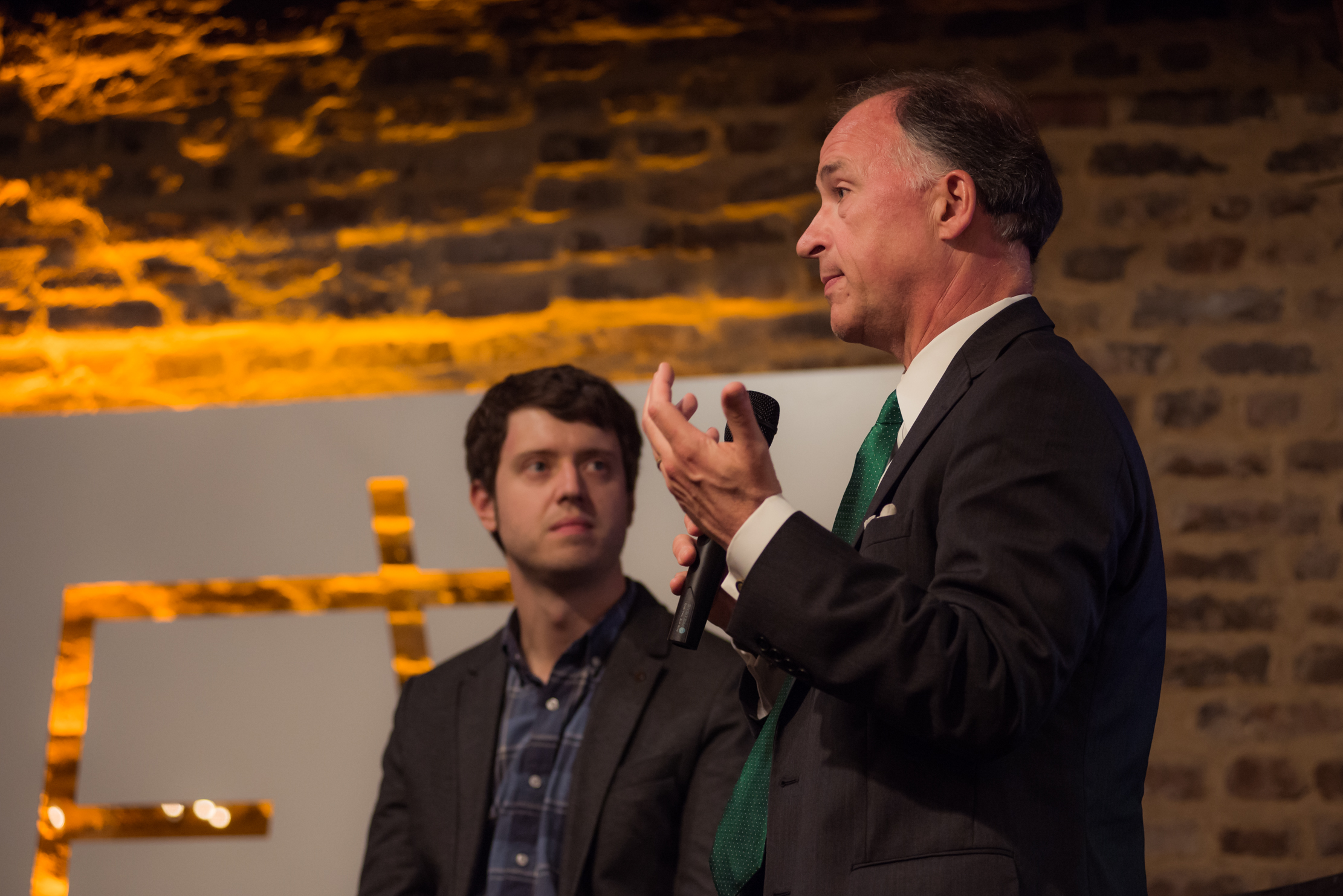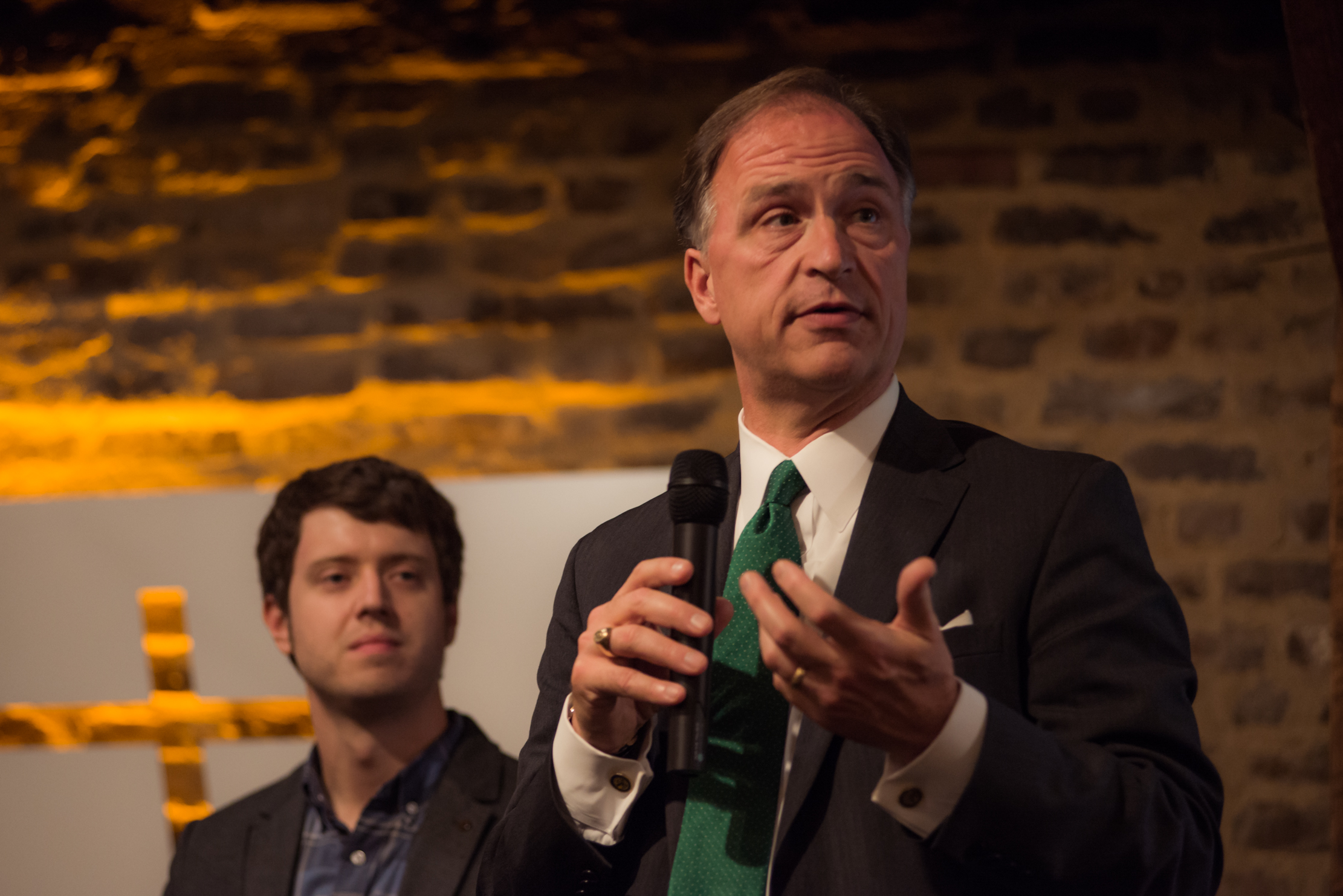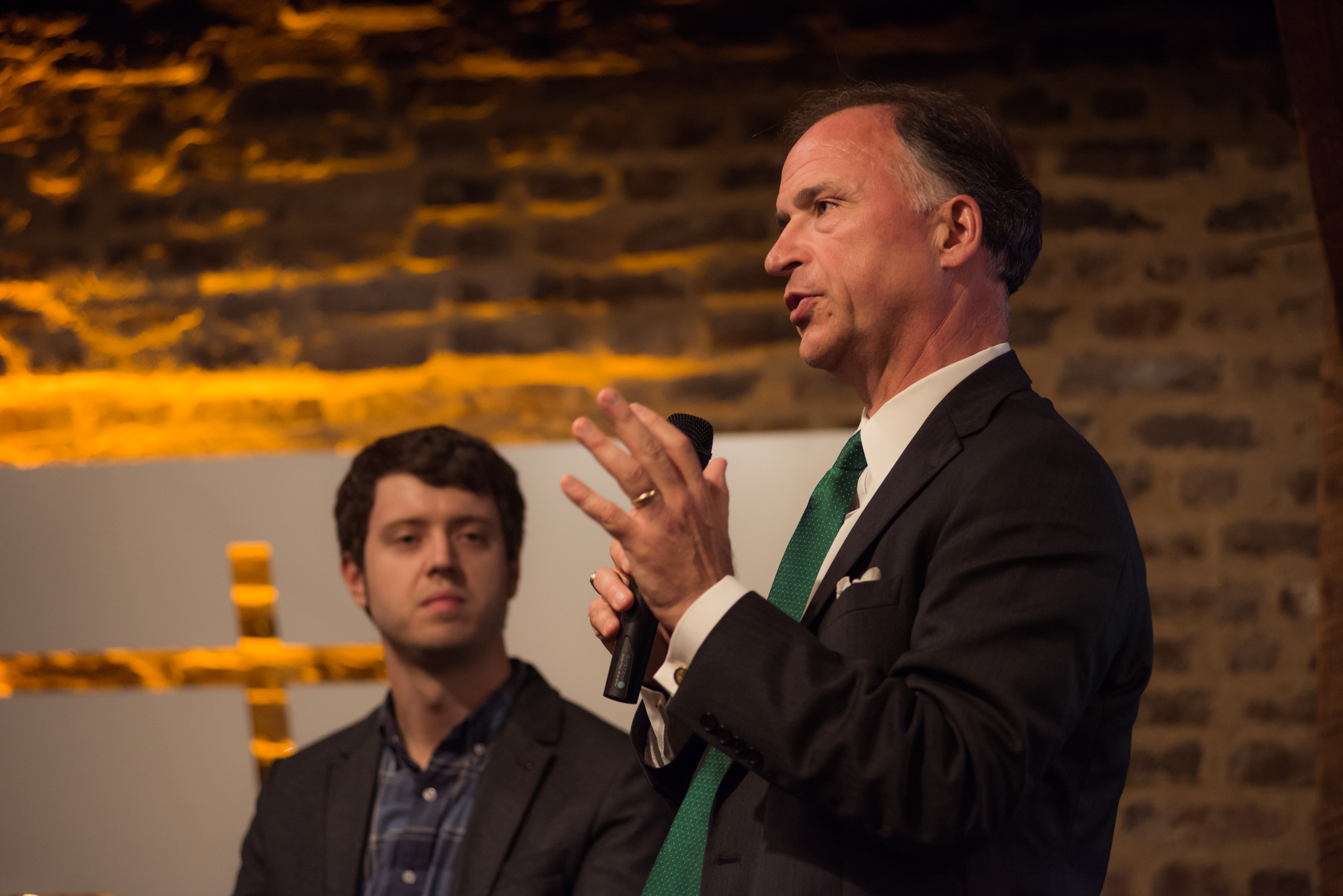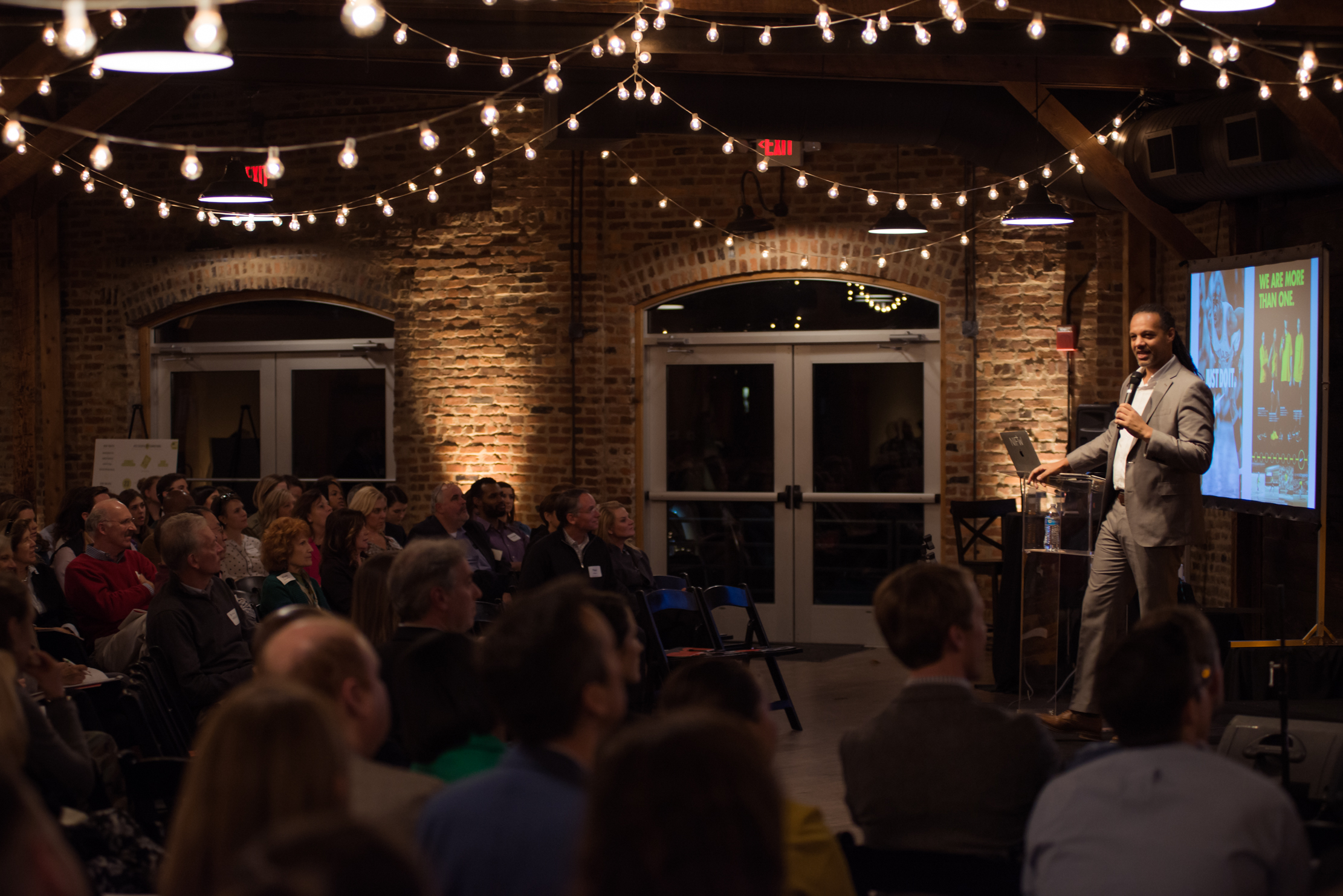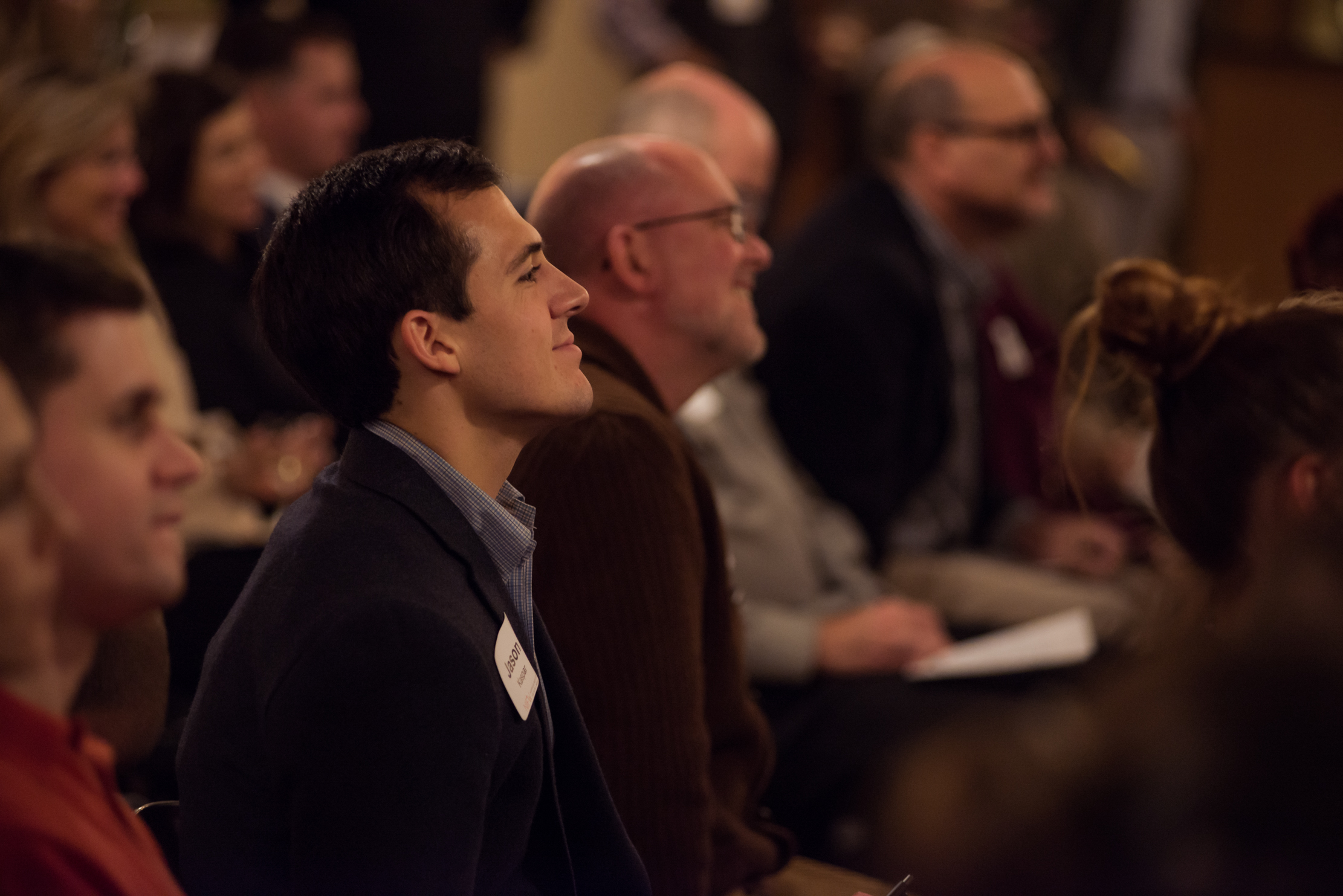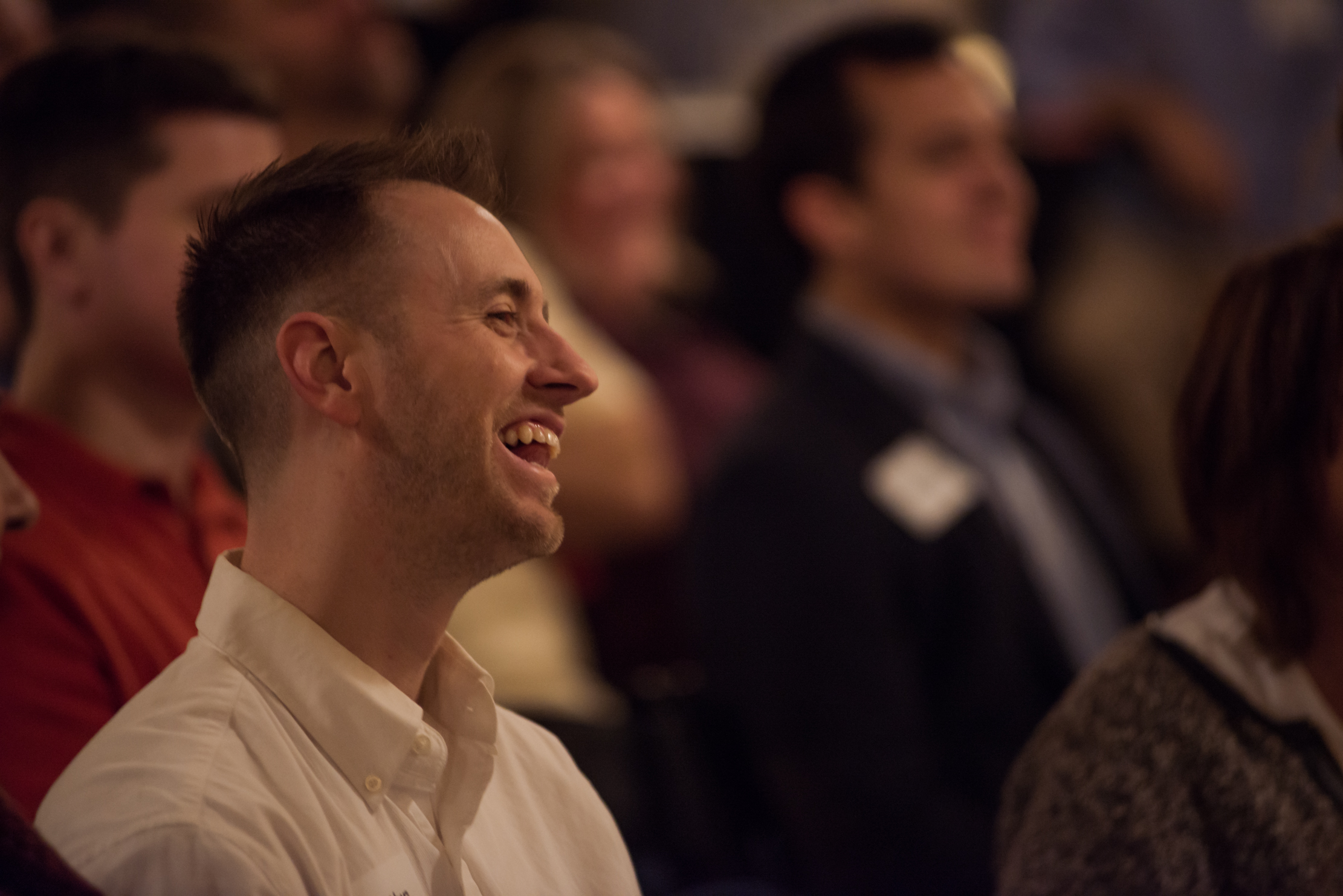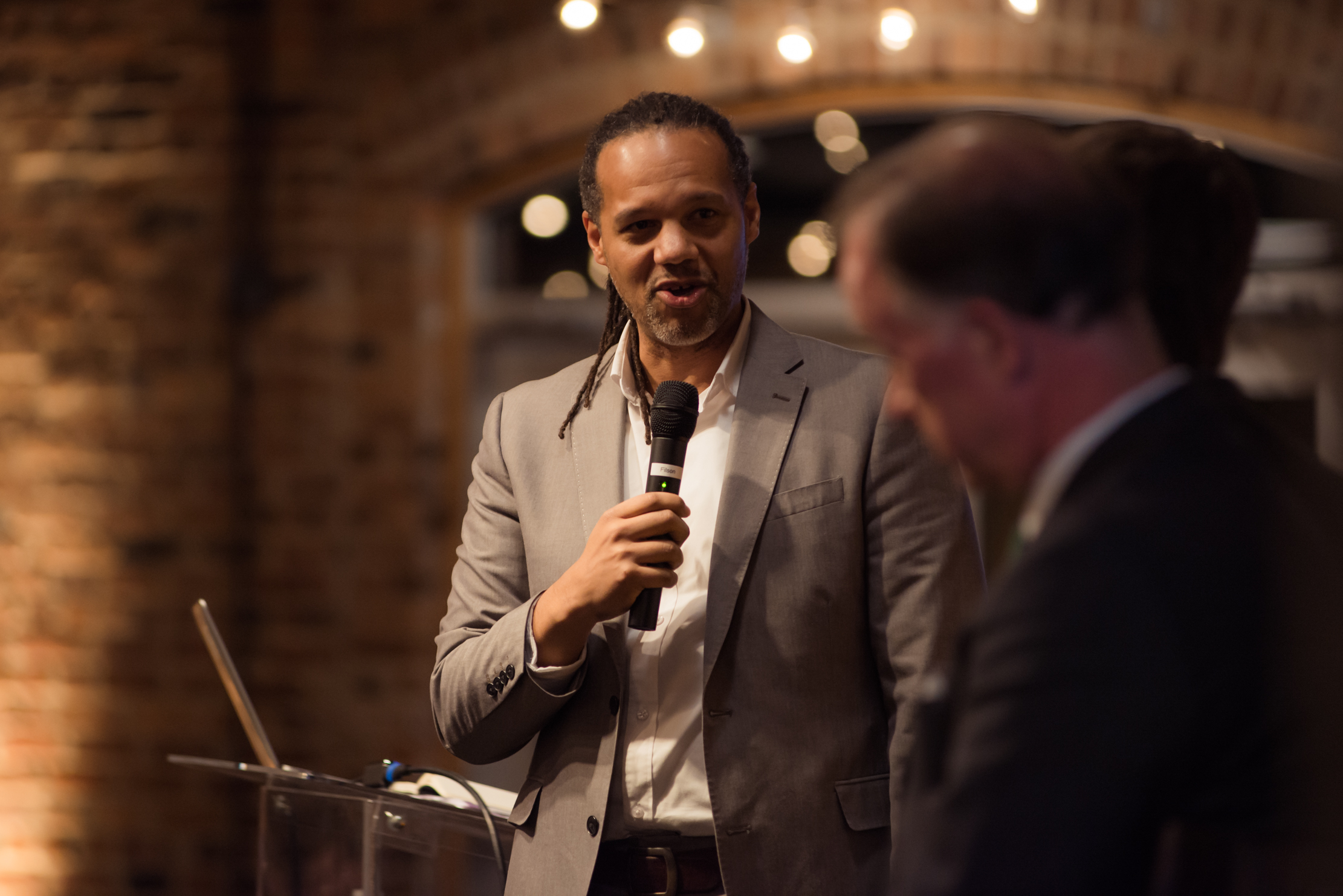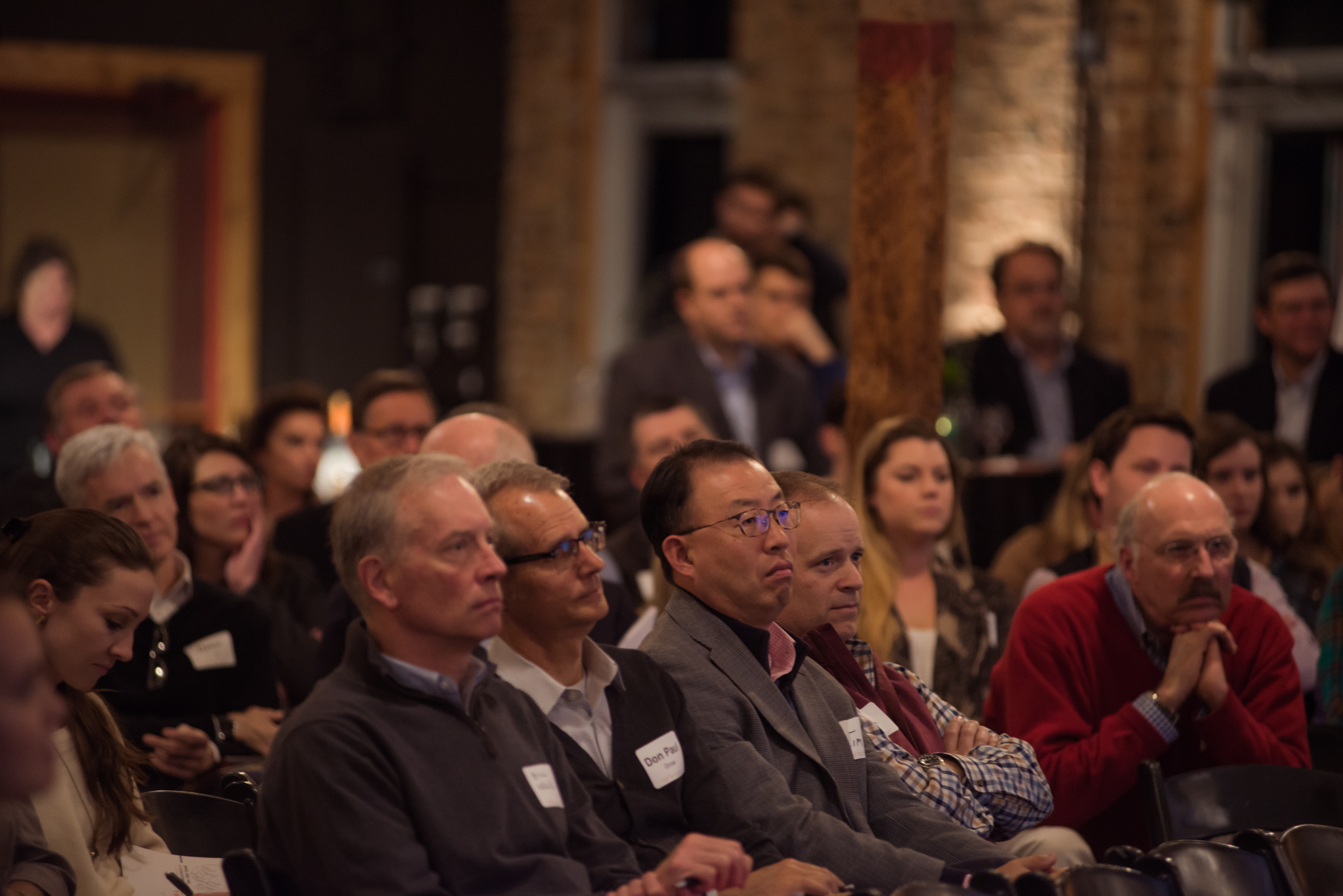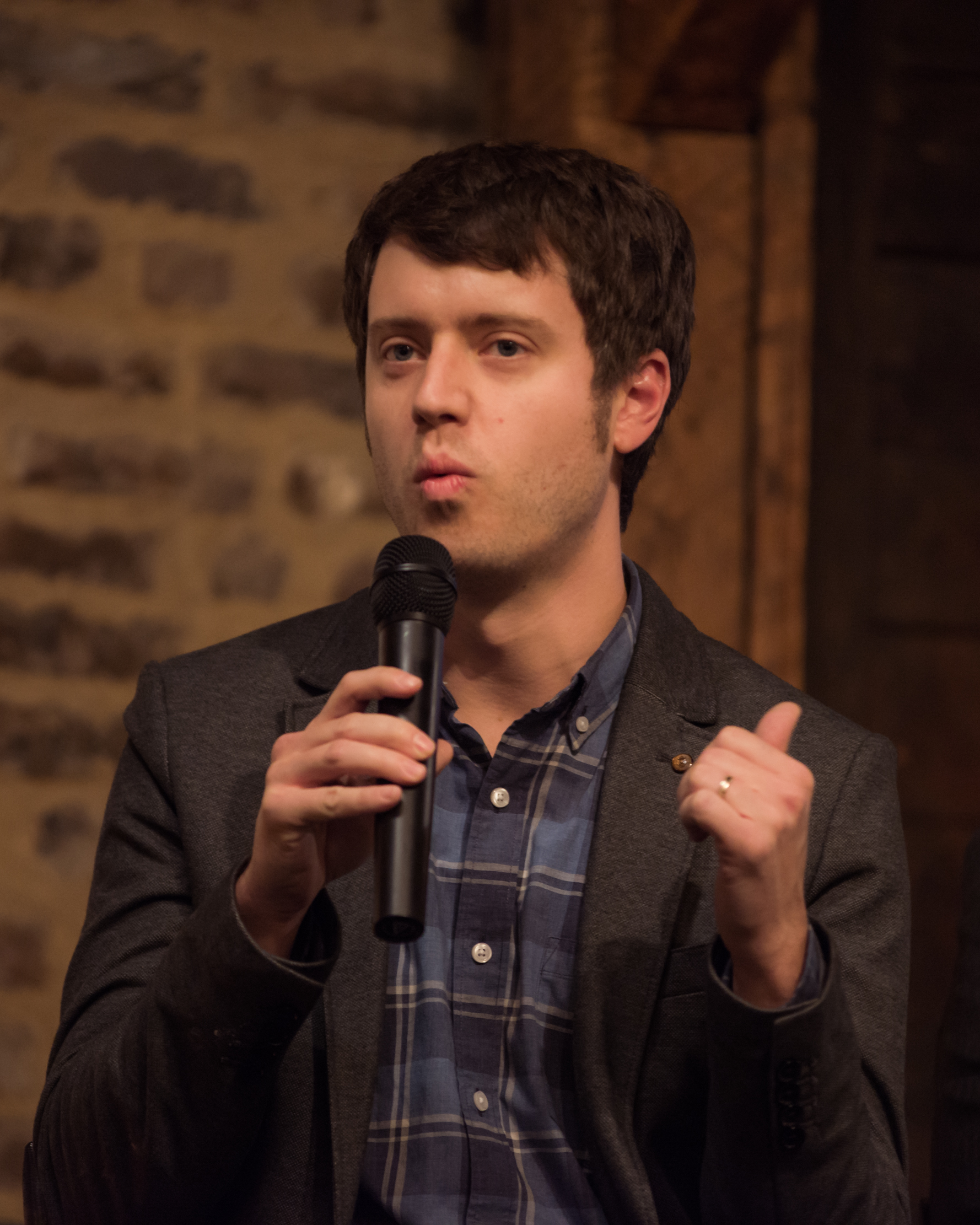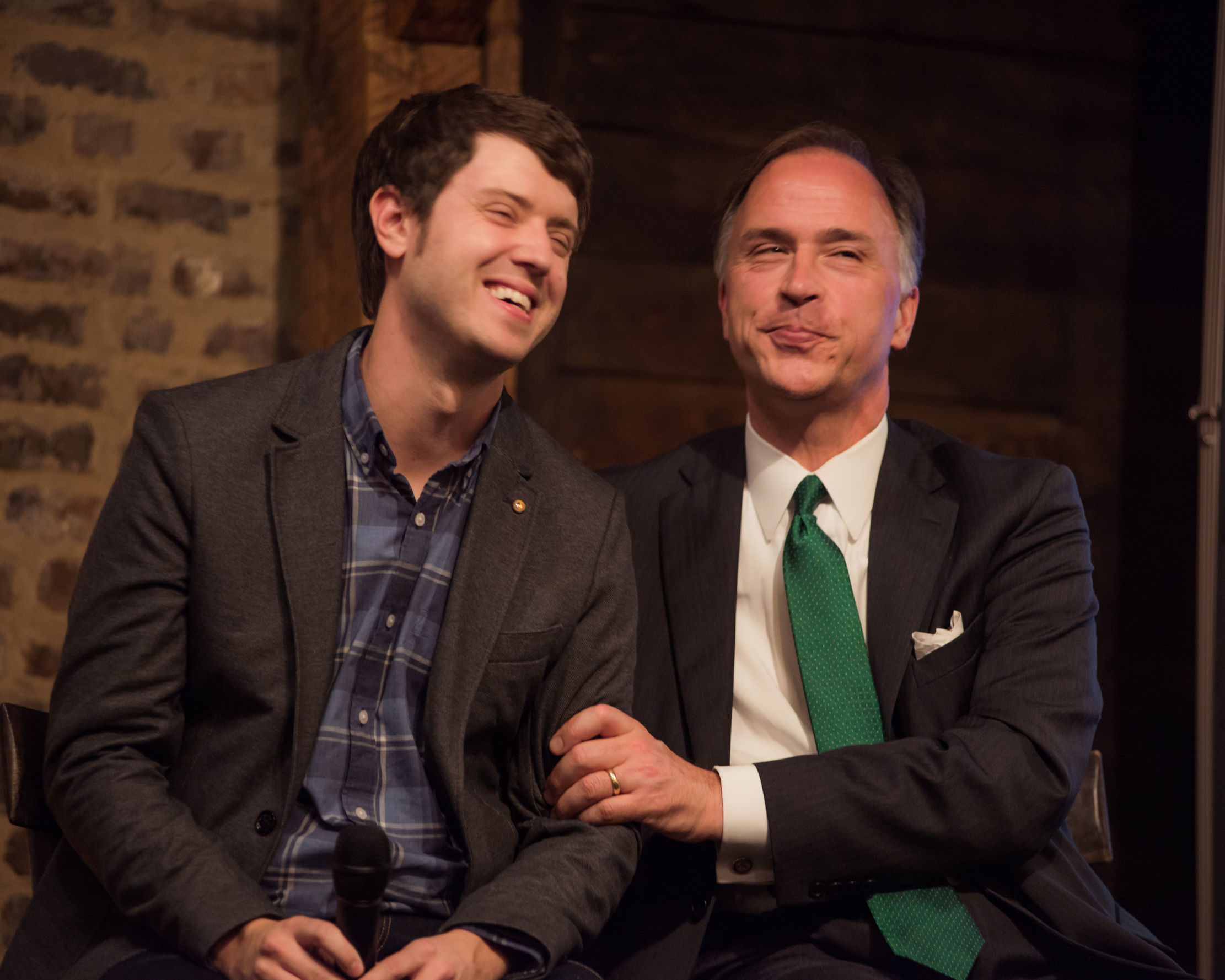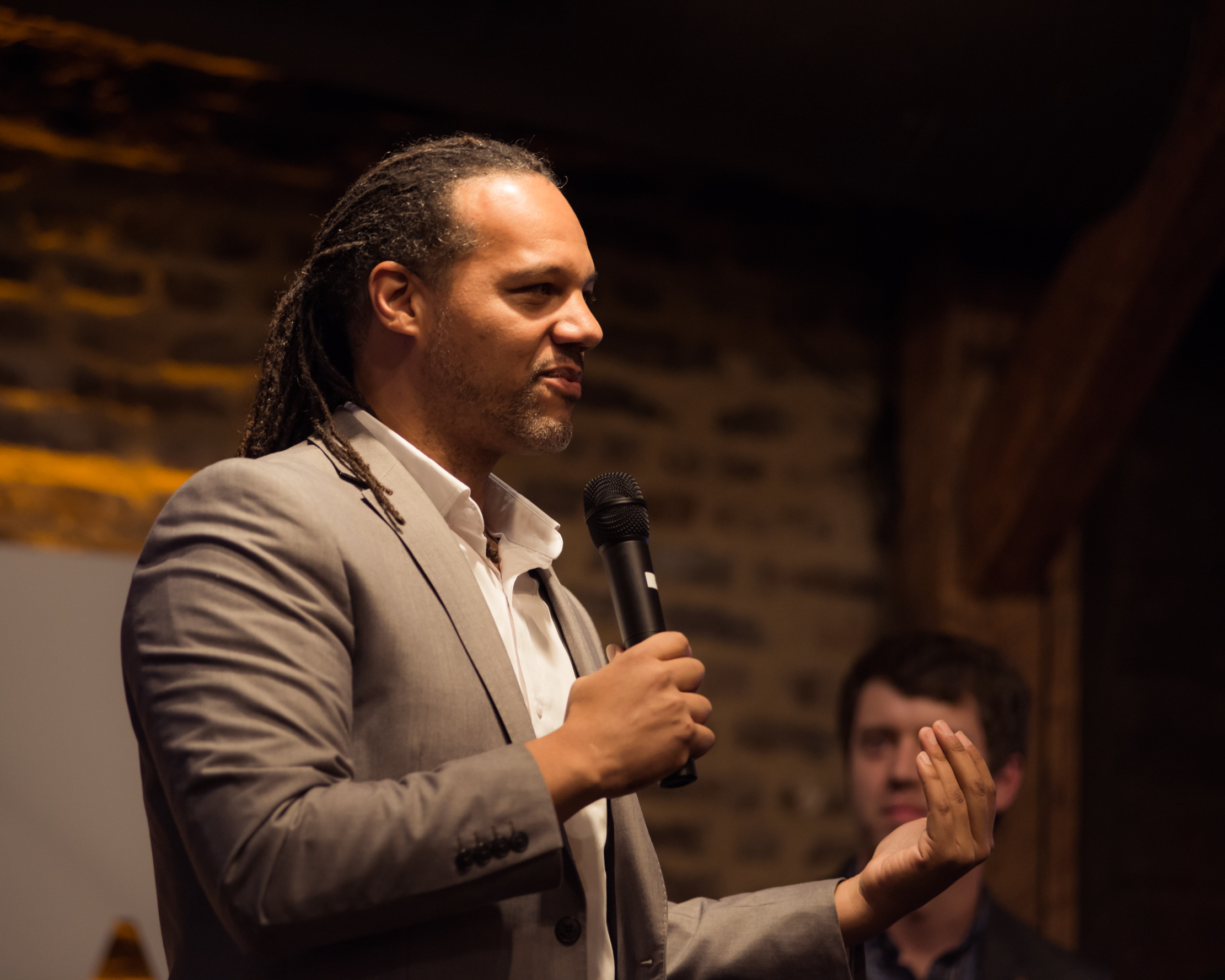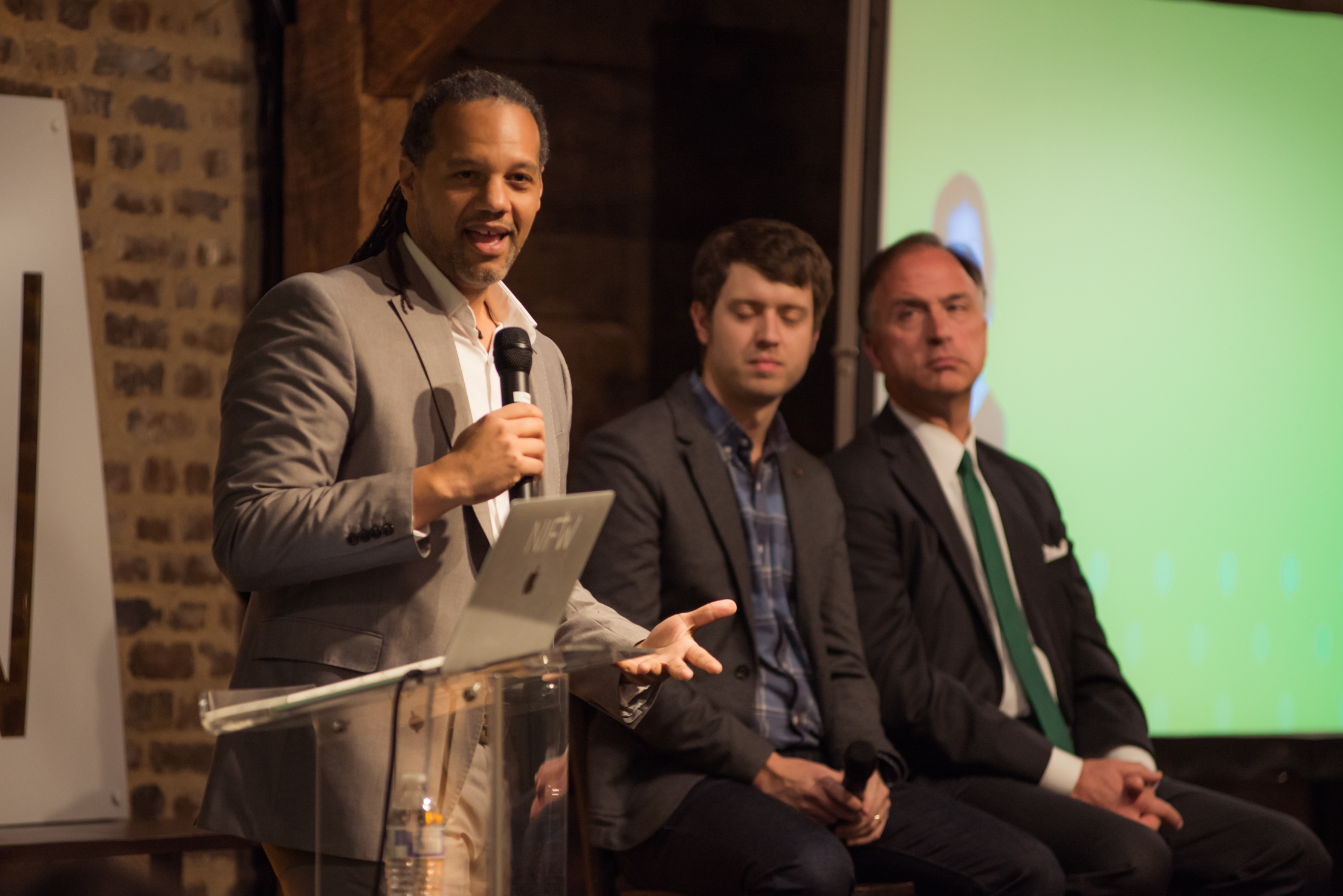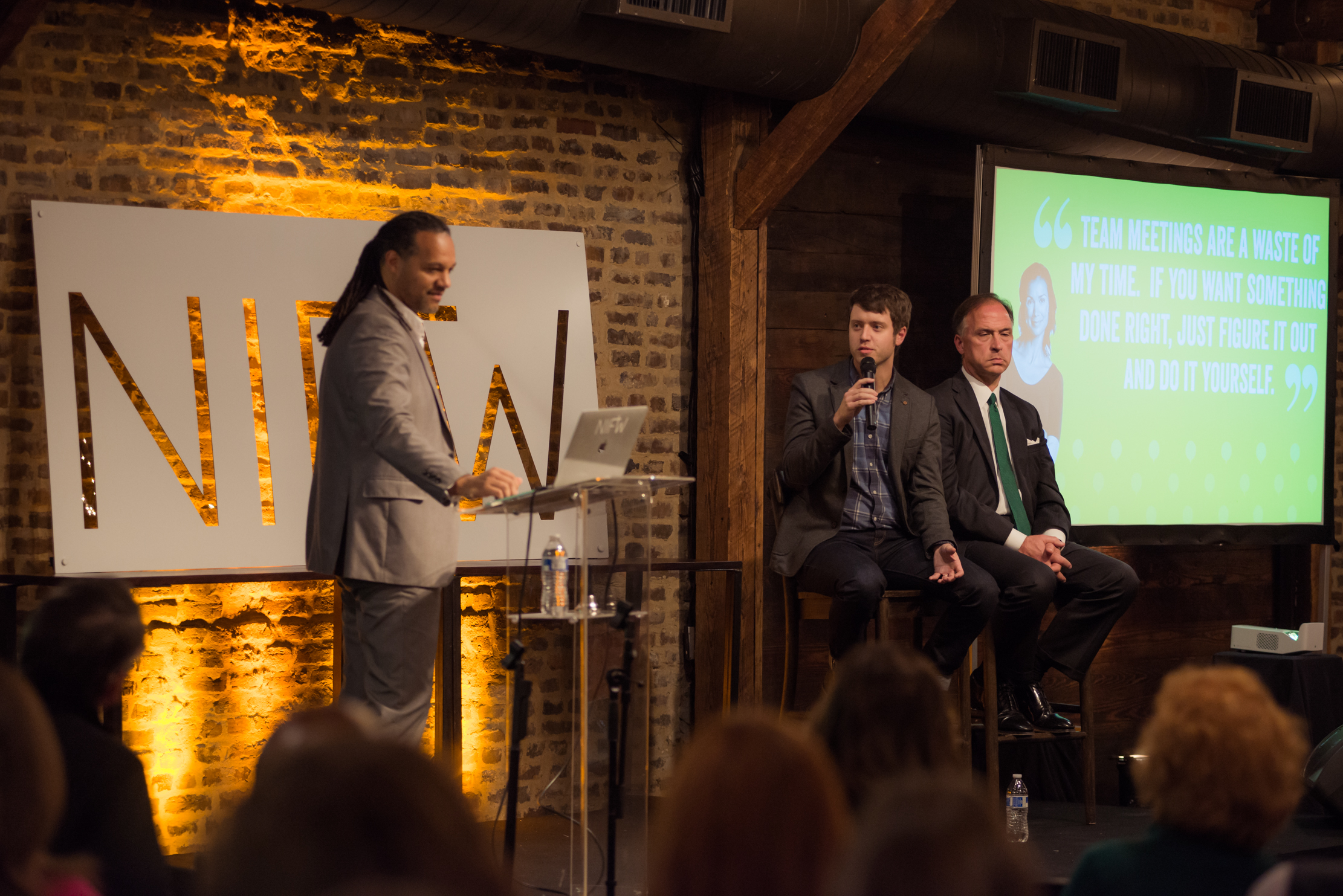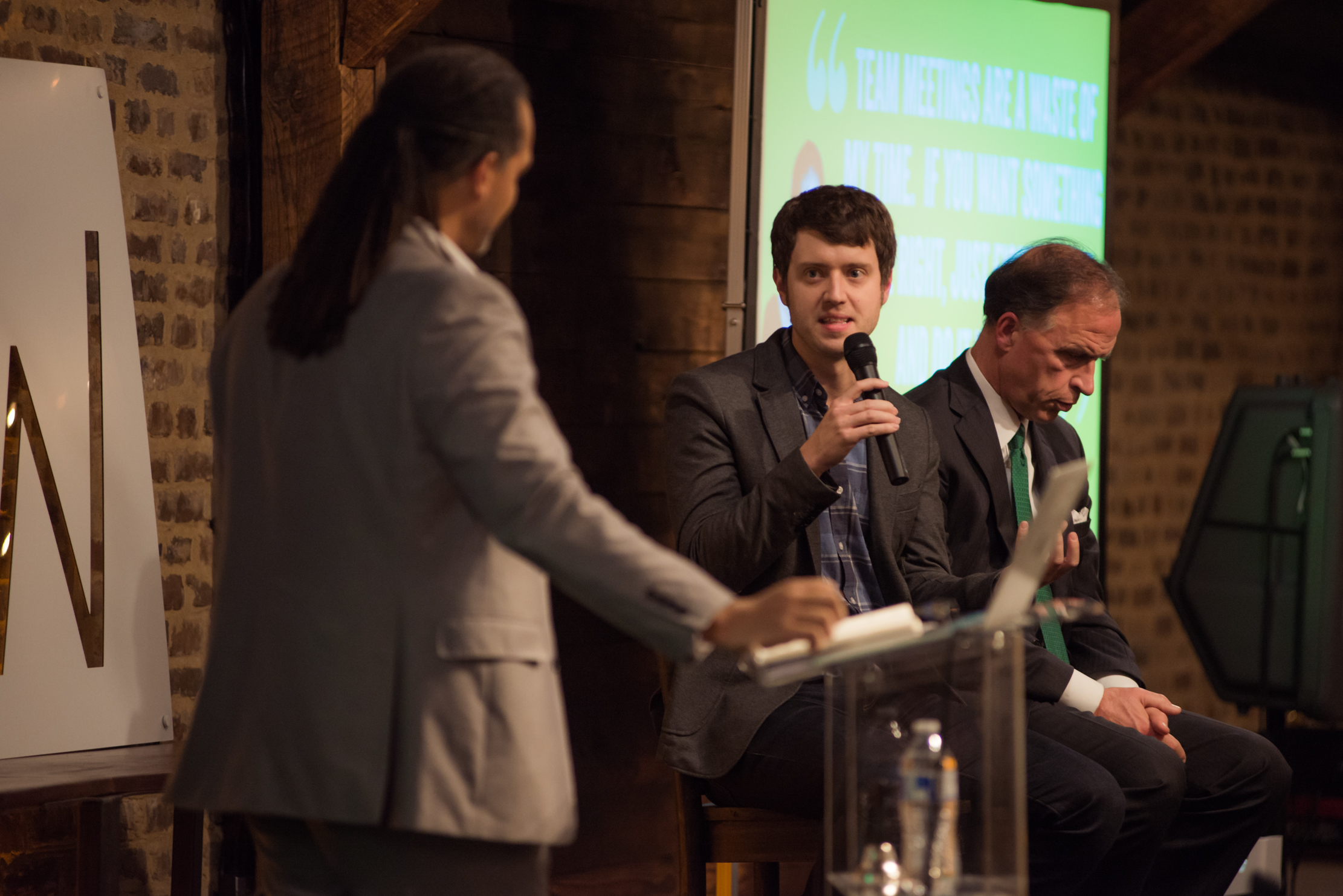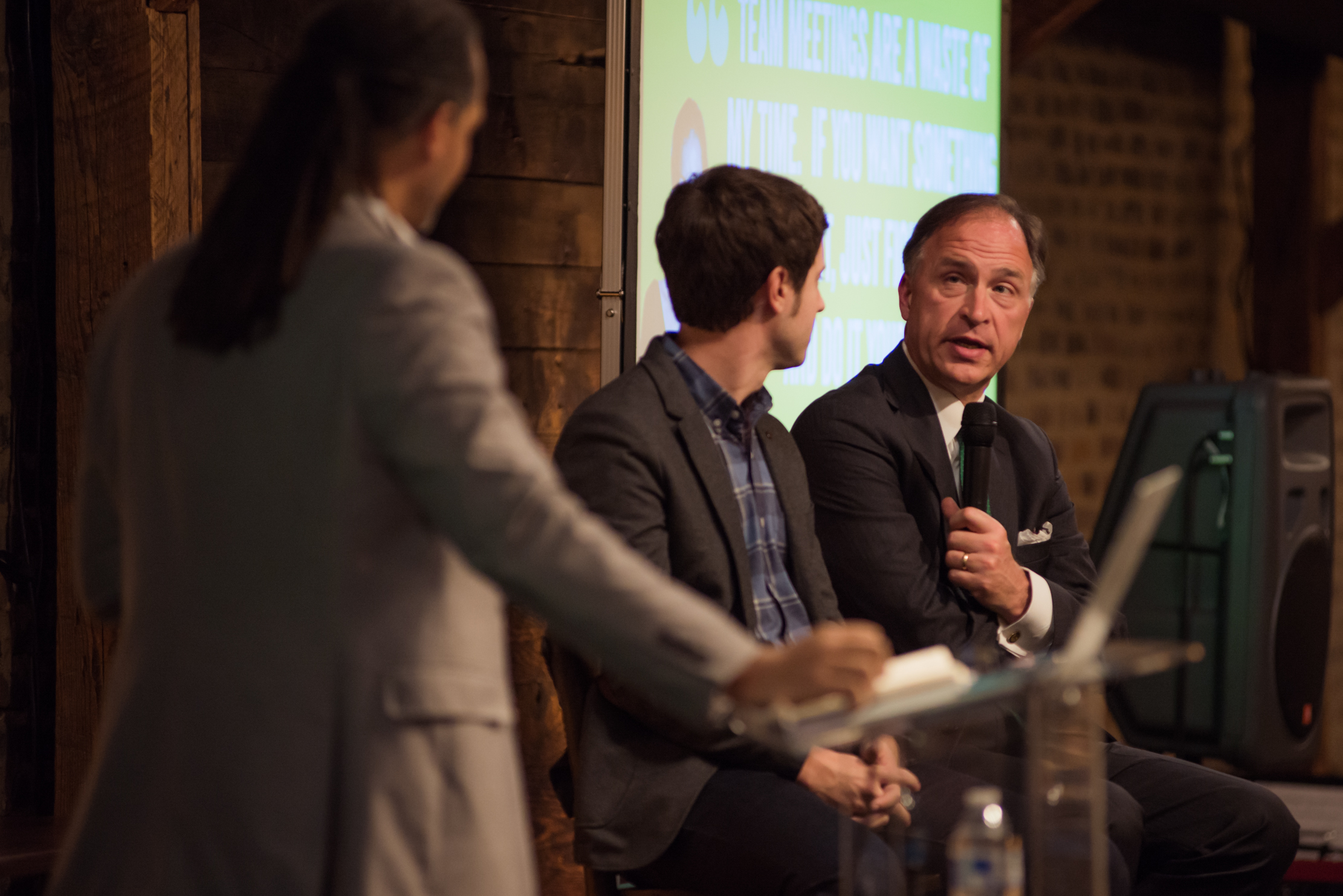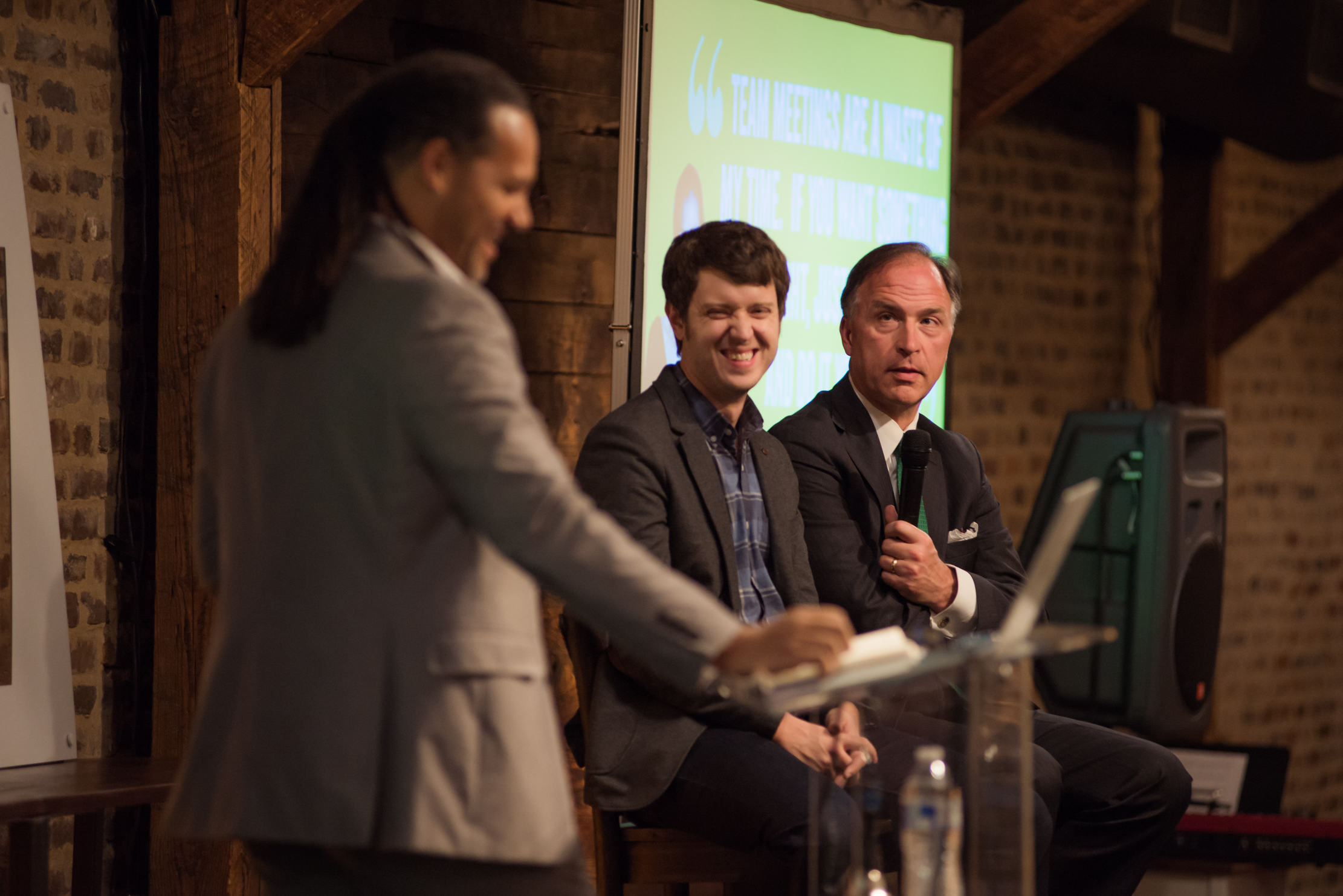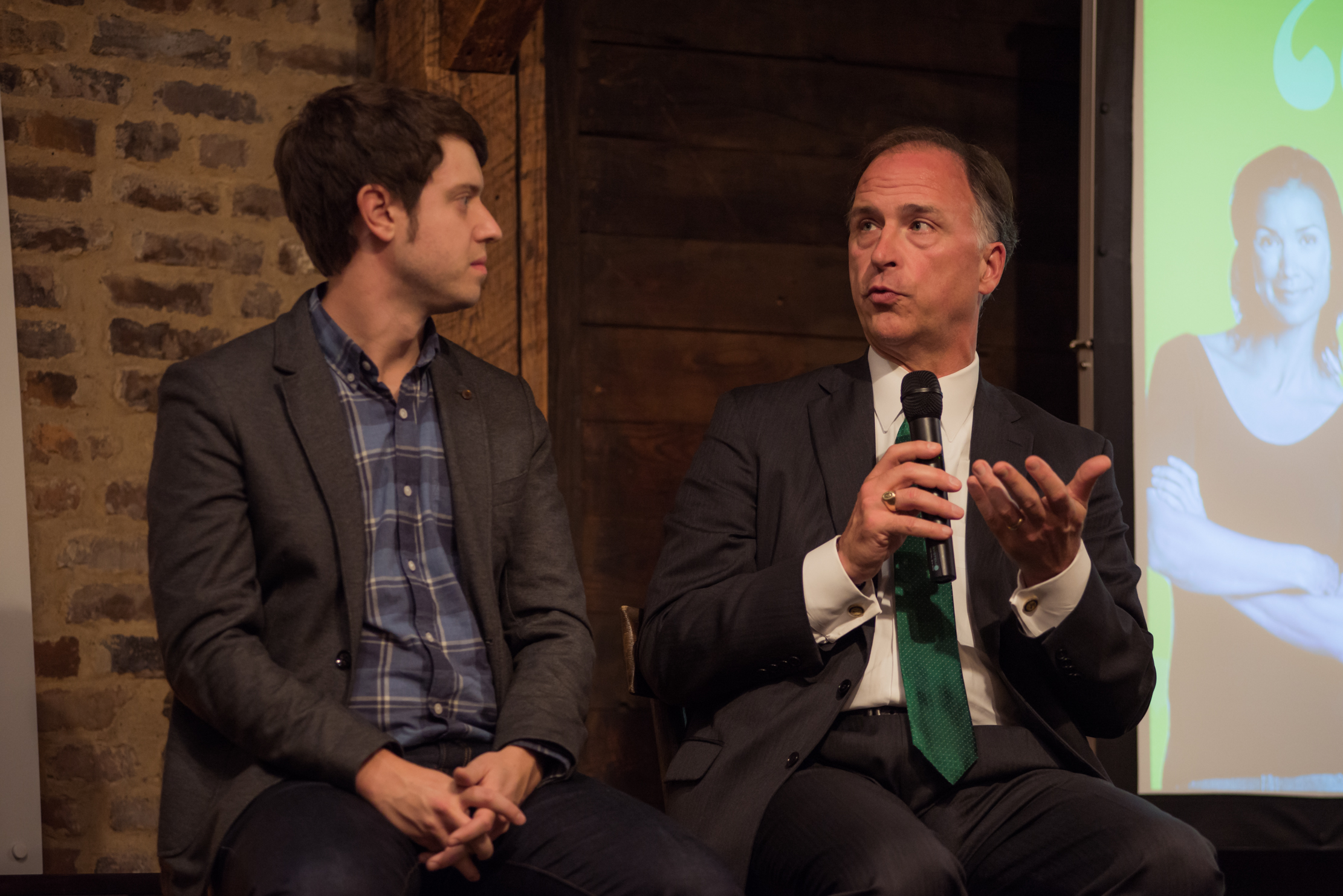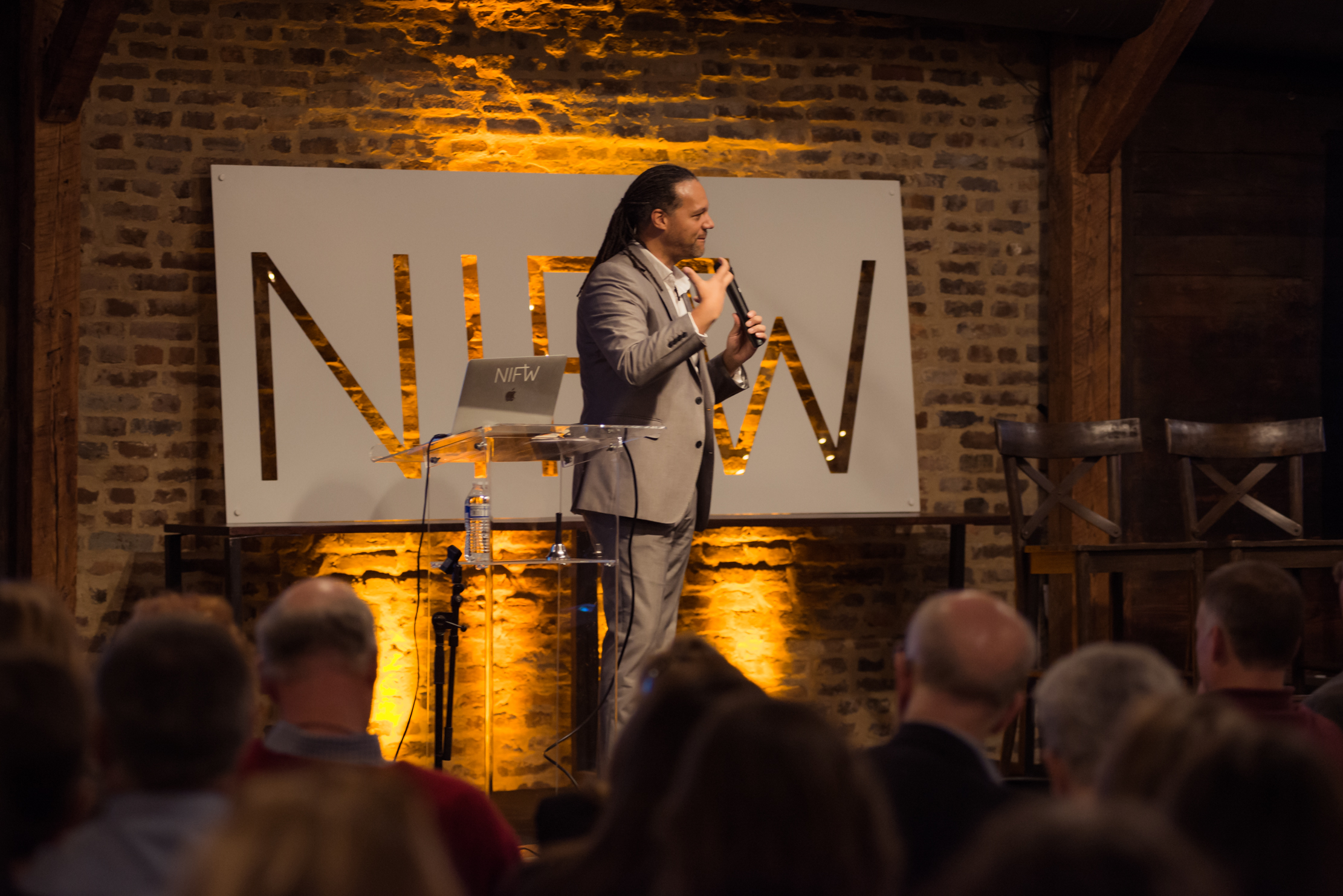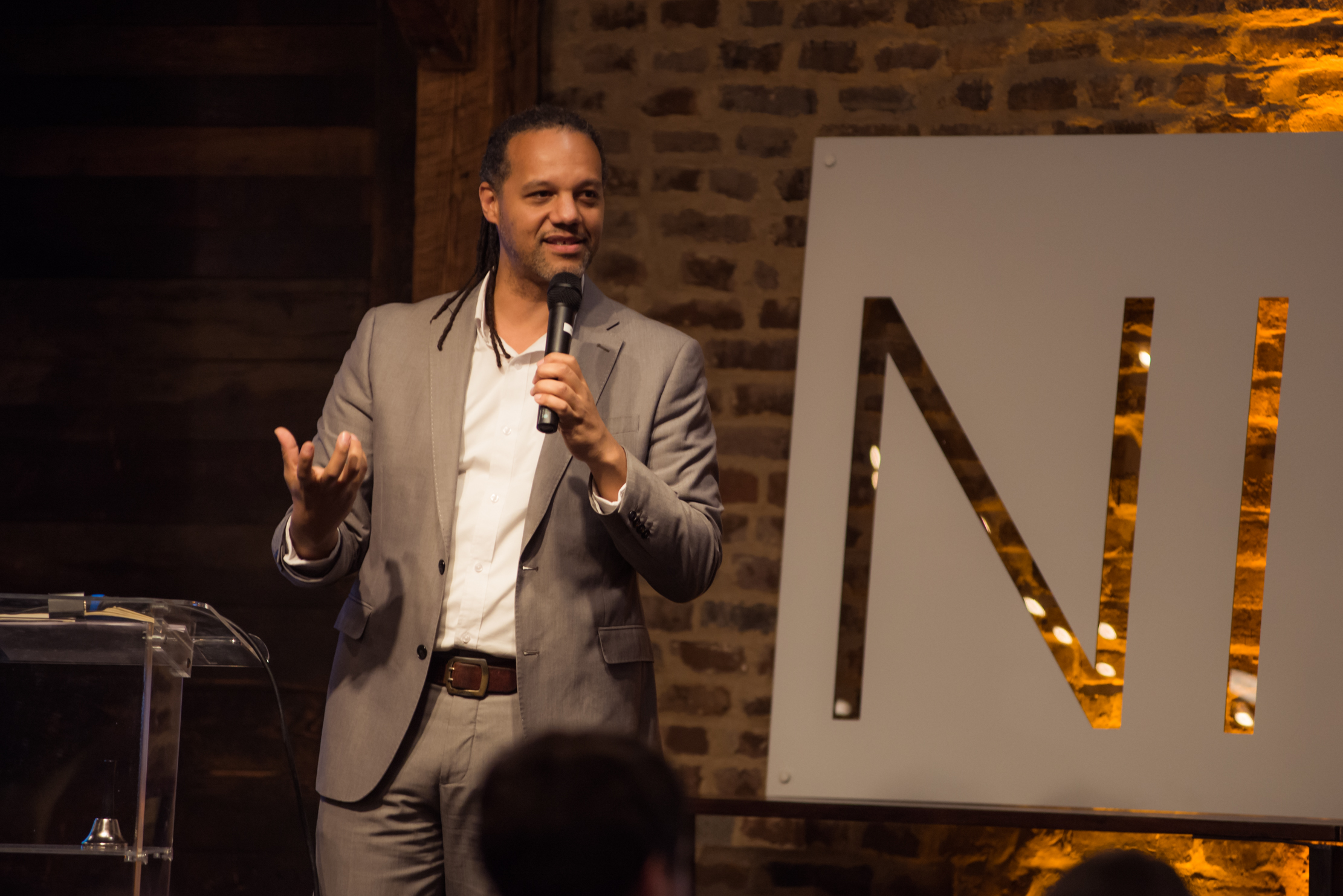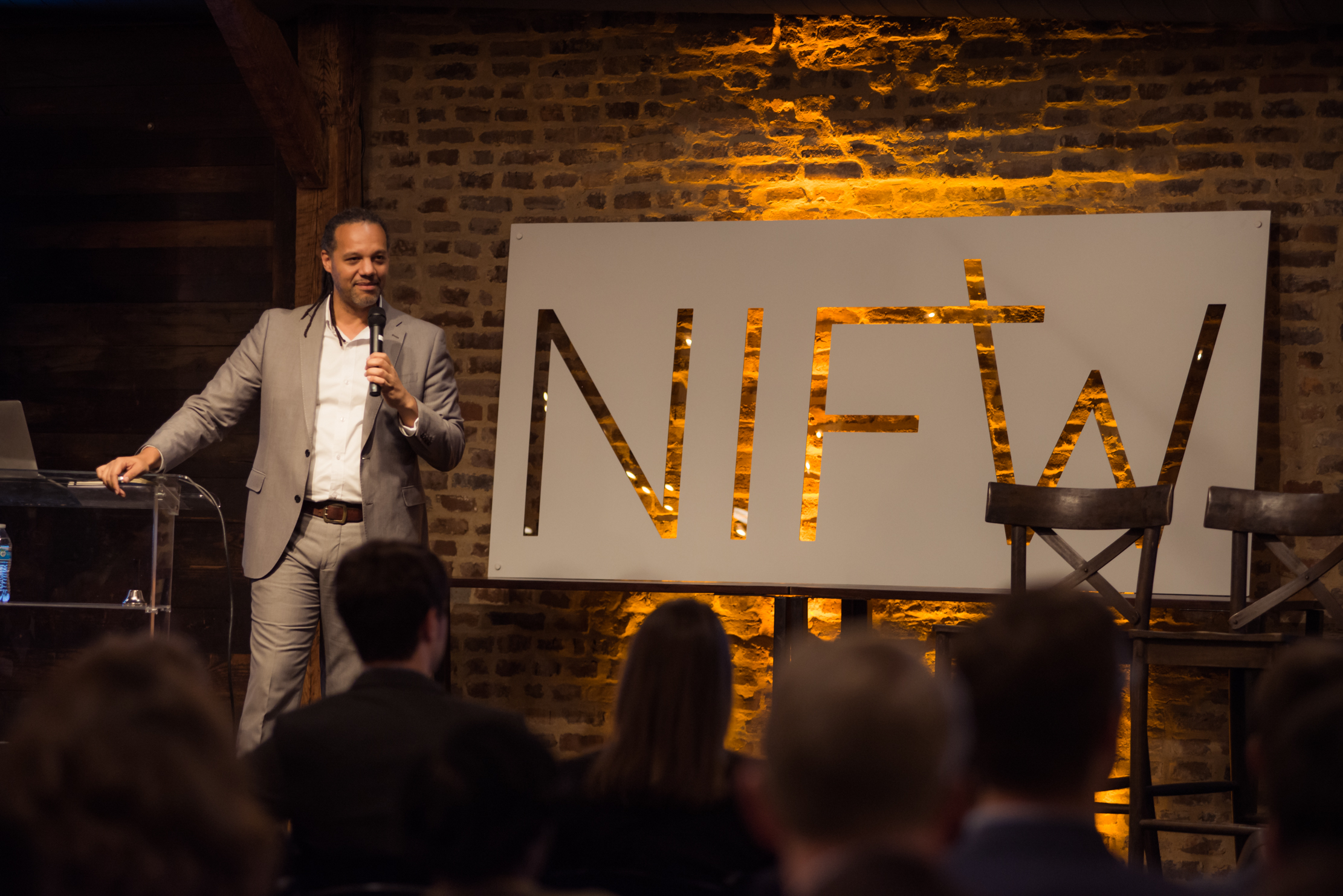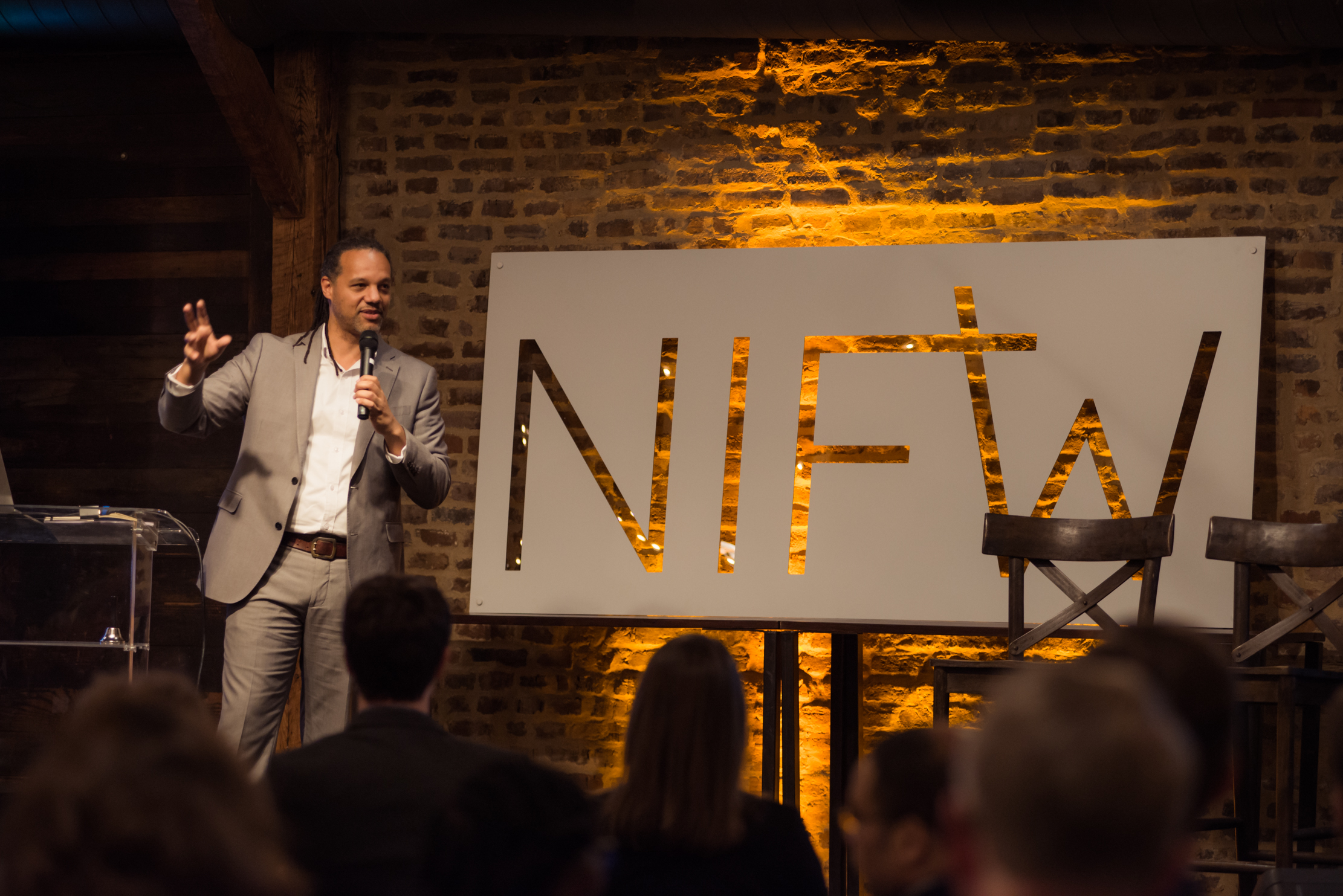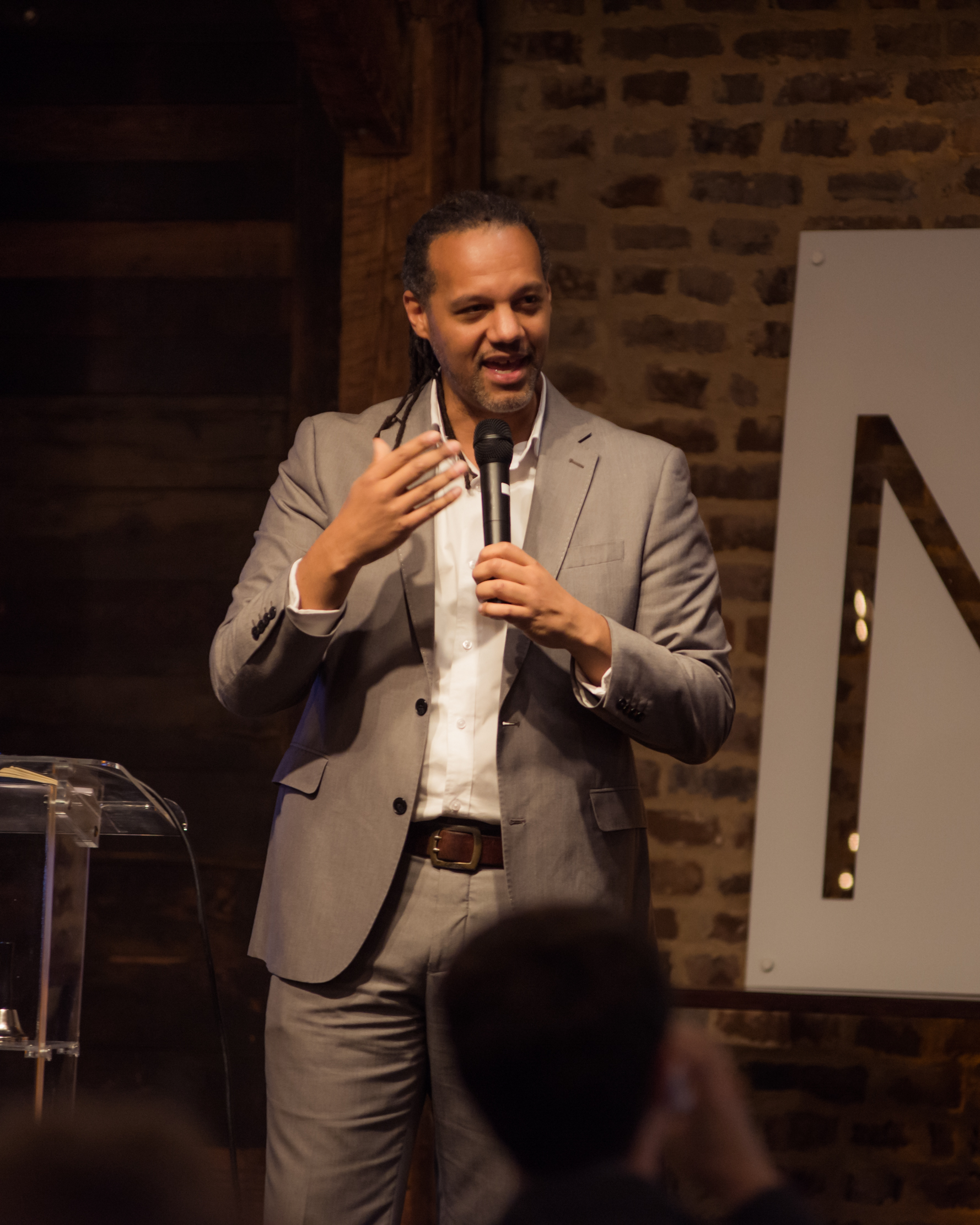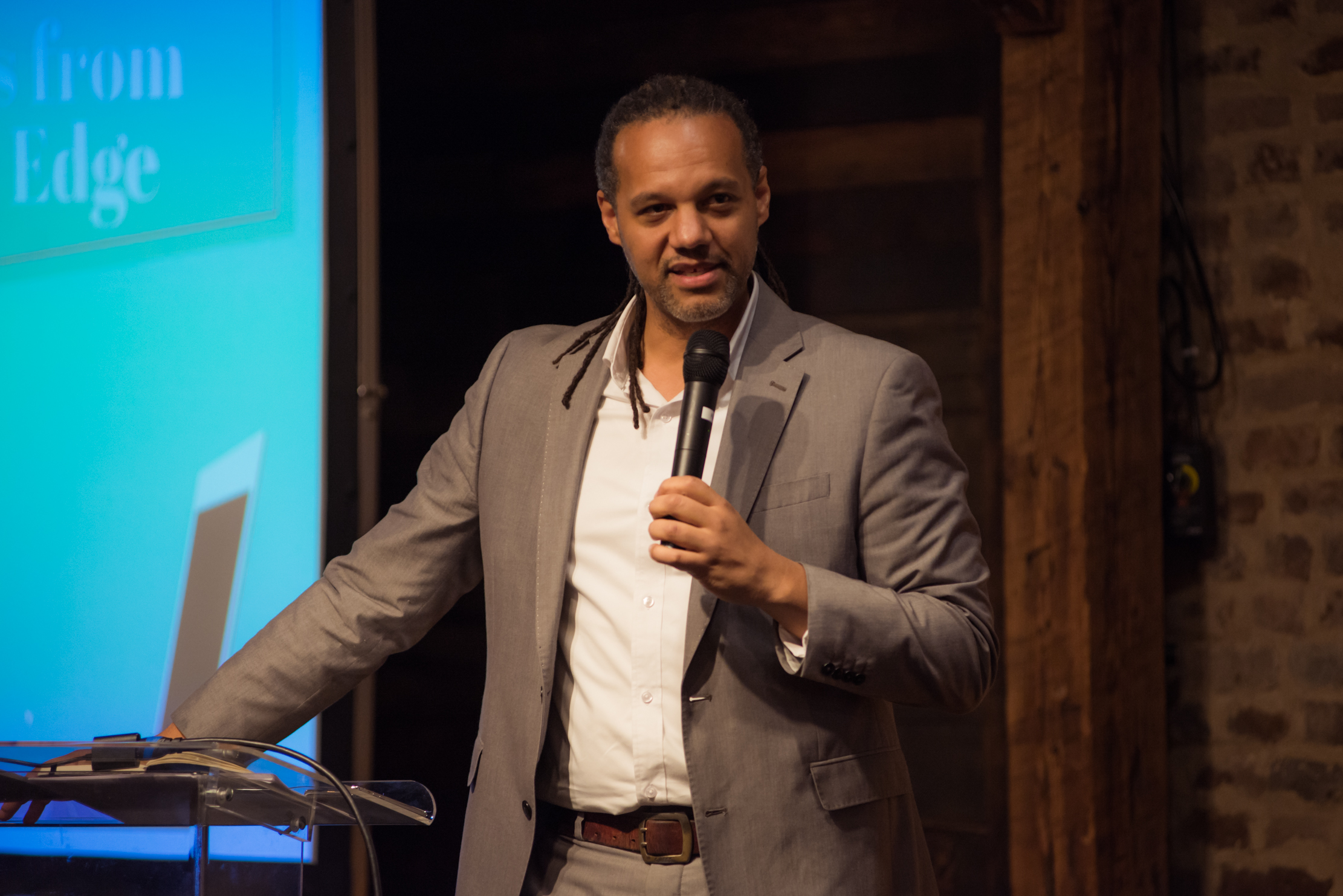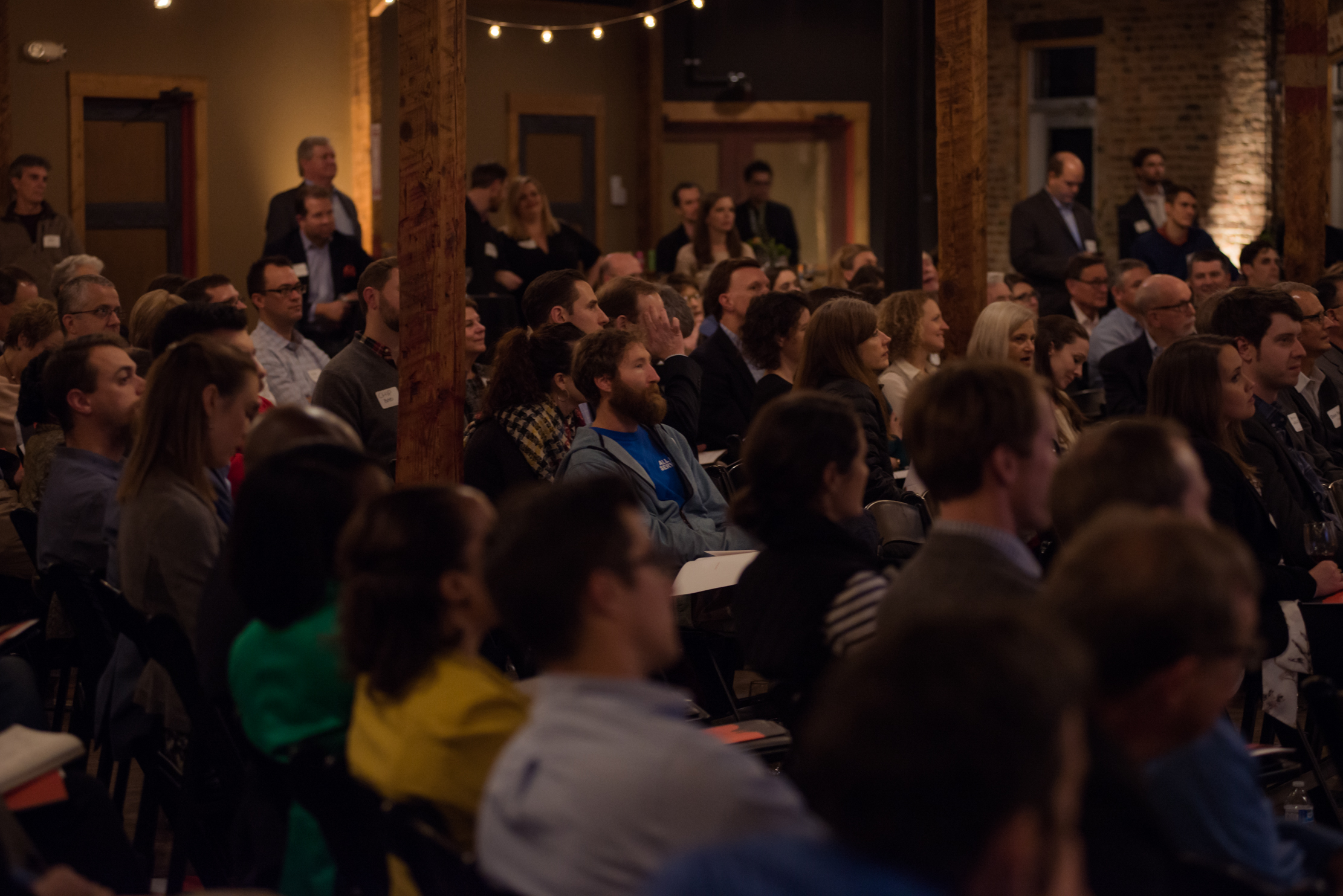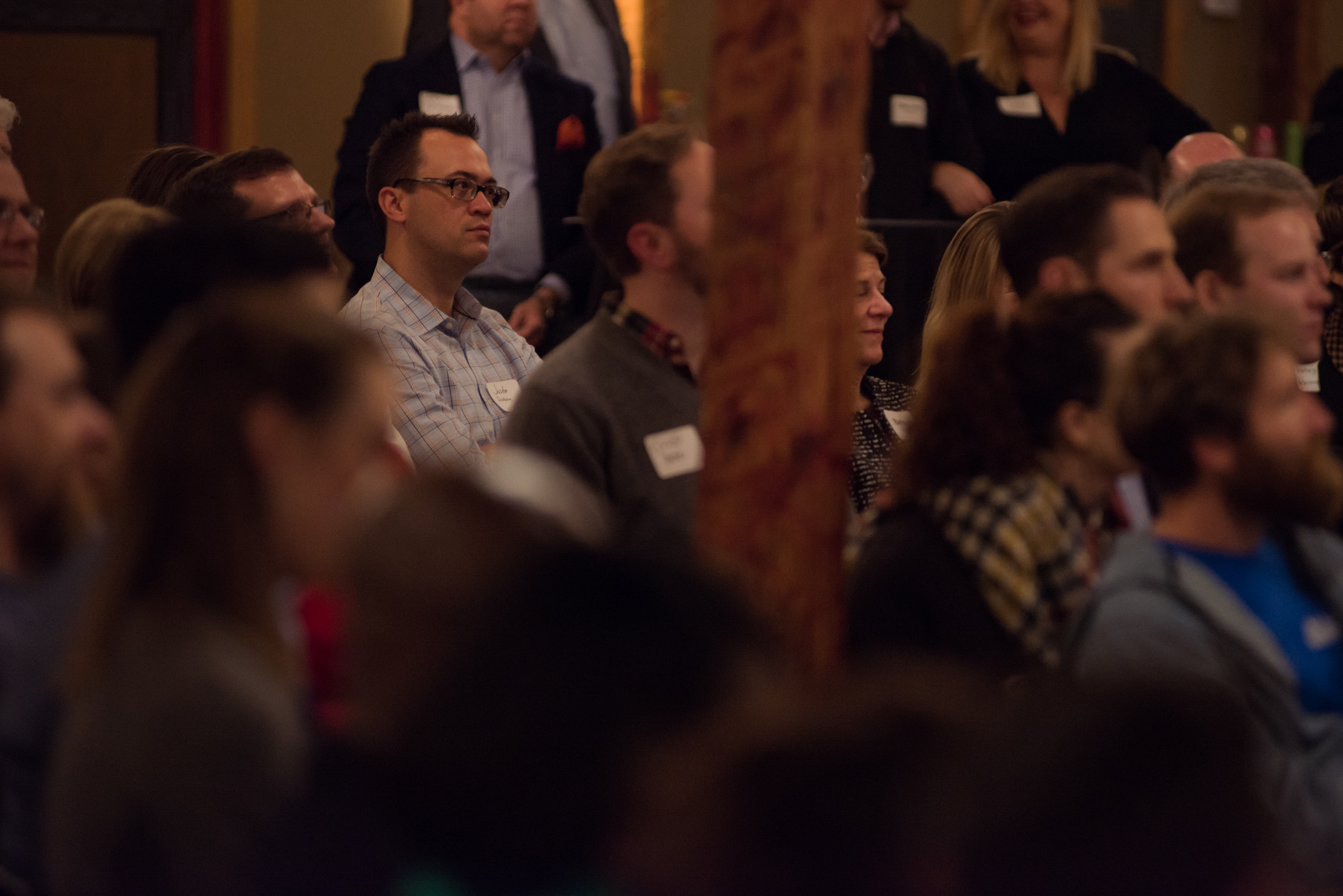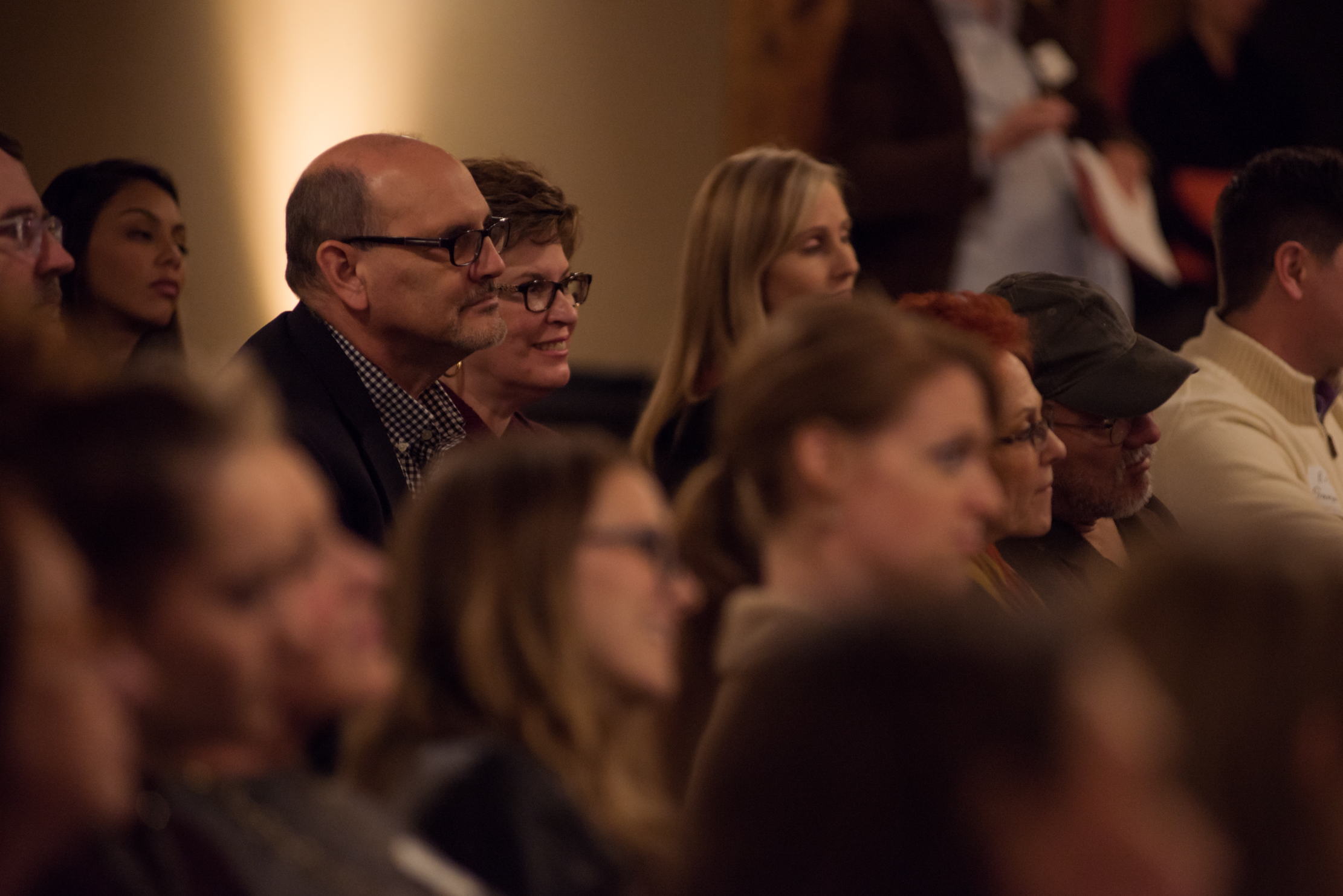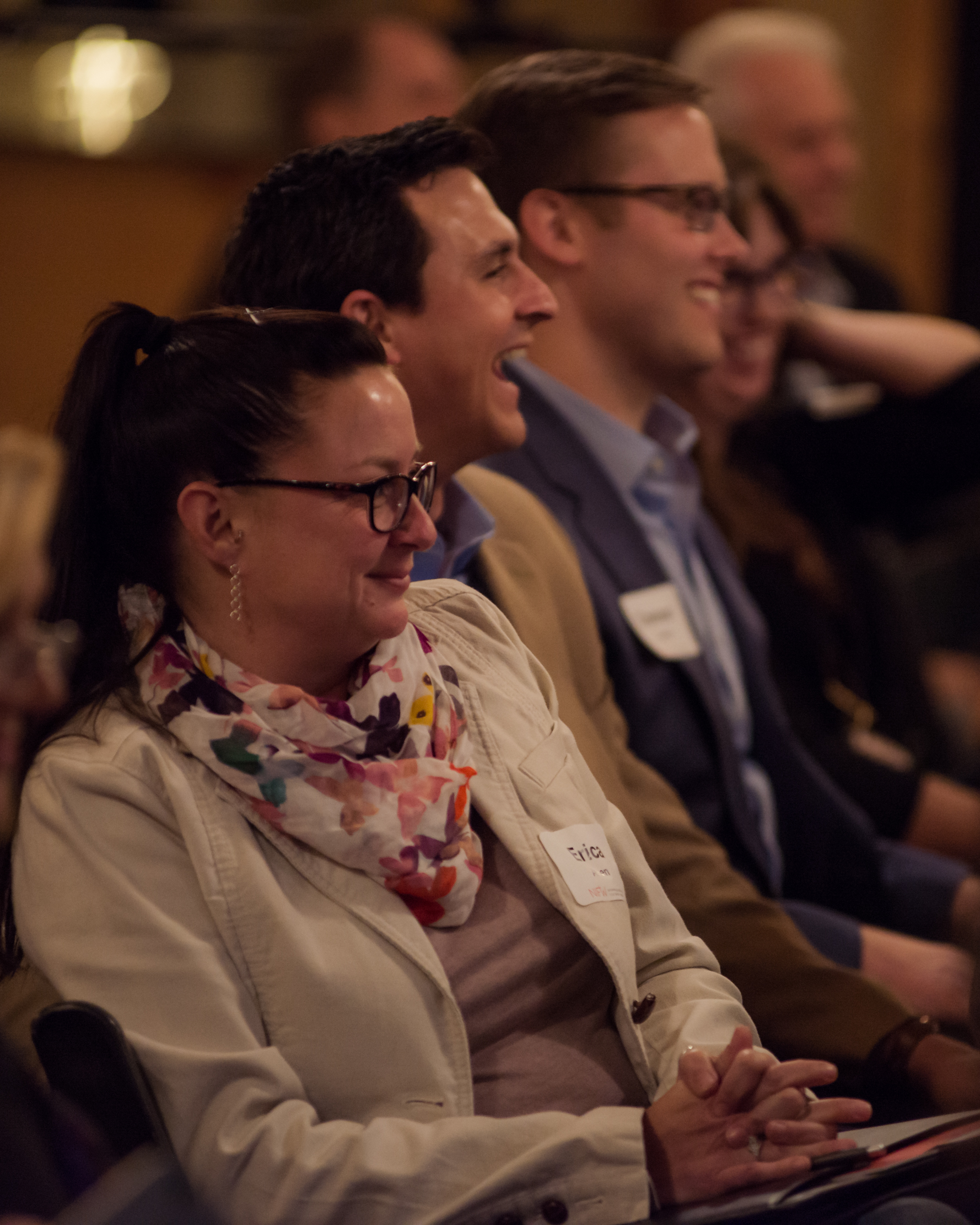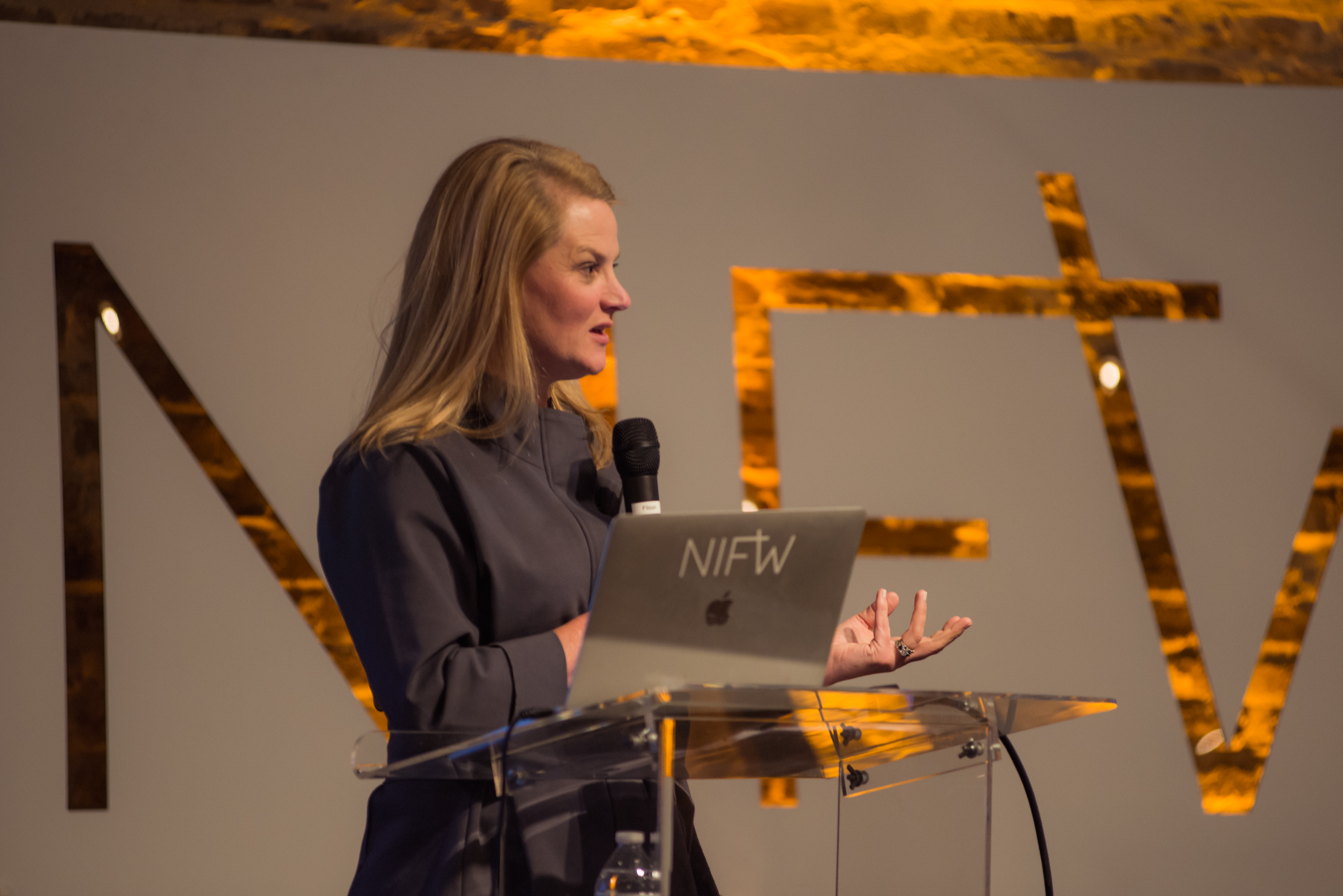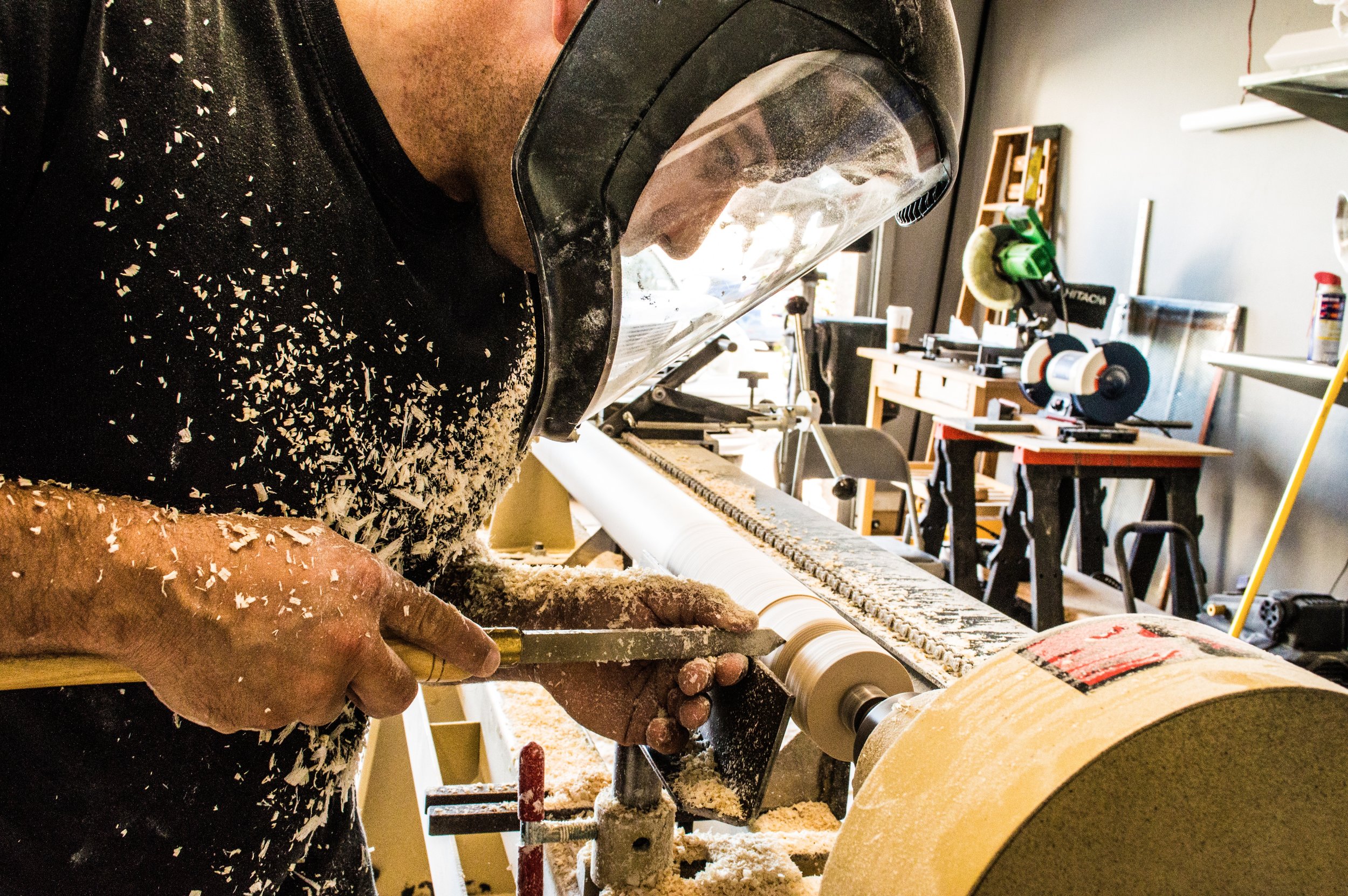James is currently participating in the Nashville Institute for Faith and Work’s (NIFW) Entrepreneur Support Group (ESG) and offered a few of his thoughts on the group below.
Q: What did ESG illuminate for you in your work?
A: So many things! For starters, ESG showed me that, among fellow entrepreneurs, there is much universality in the joys and struggles I experience in my work. Therefore, the community of fellow entrepreneurs I found at ESG, with whom I share a similar faith, has provided both a sounding board and a comfort. Further, ESG reminded me that how I engage with the community that defines "my work"—my co-workers, my partners, my investors, my vendors—matters.
Q: What is one of your greatest struggles in your day-to-day work?
A: Deciding how to use my largest non-renewable resource: Time.
Q: How does your faith intersect with the work you do as an entrepreneur?
A: I believe that I was uniquely gifted for the work I do. My calling is to do my work to my utmost abilities—no more and no less (both limits are hard to come to terms with) and provide a platform for those who are called to similar work (whether they realize this calling or not) to be able to live into their unique gifts.
Q: What has ESG done for you personally and professionally?
A: Through ESG I better understand the integration of my daily faith with my daily work. This plays out in the way I help others flourish with their investments so they can impact the people, systems, and structures they interact with and bring glimpses of the already (heaven) to the not yet (earth). I've also become more cognizant of the beauty and goodness that can come from the average, everyday moments at work, specifically through practically and intentionally loving the co-workers and clients I interact with on a day-to-day basis.
Learn more about NIFW’s Entrepreneur Support Group (ESG).
Want more resources from NIFW? Follow us on Instagram, Twitter, Facebook, and LinkedIn. You can also find more resources from NIFW on our blog and resources page.
Want to stay connected with NIFW? Join our email list to be the first to know about our upcoming events, programs, and latest resources.
James Granberry is a founding partner of OakPoint Investments, a full-service real estate advisory and investment firm shaped by creativity, and focused on progress and growth. His efforts center on overseeing the performance of the company's 1.7 million square feet of owned assets across the US. Additionally, he heads up the acquisition efforts for the company's multi-family portfolio. A native of Texas with an undergraduate degree from Furman and an MBA from Vanderbilt, James provides expertise in portfolio and asset management, financing, and multi-family acquisitions and dispositions. Over the course of James’ career, he has been responsible for acquiring more than 3.5 million square feet of commercial and multi-family investments. He is also a co-founder and past chairman of Mere Christianity Forum—a collegiate ministry at Furman University promoting the thoughtful exploration of Christian faith through thoughtful conversations and authentic community.
NIFW’s Entrepreneur Support Group is currently accepting applications for the Spring 2018, group. For more information on ESG, visit our webpage and apply today.







